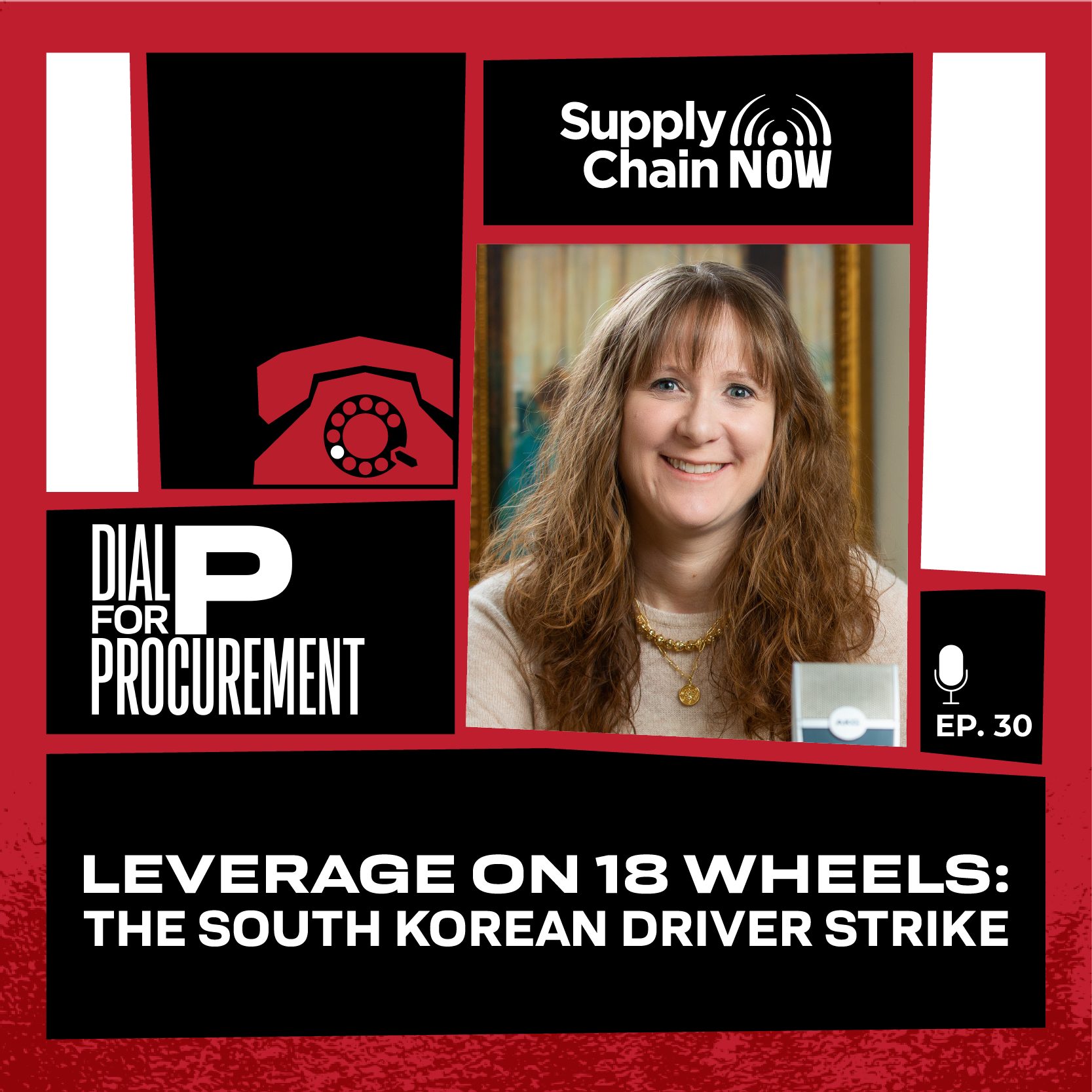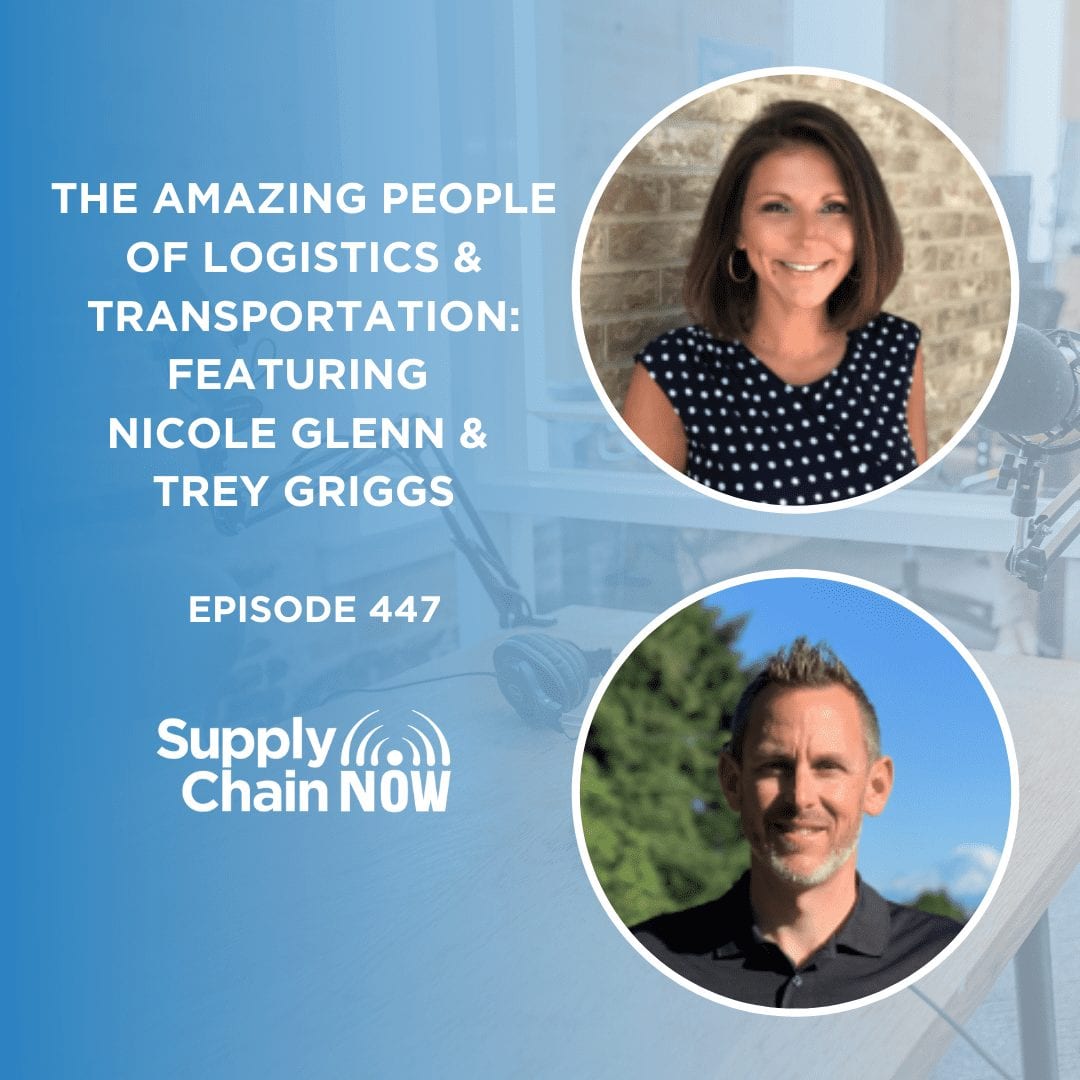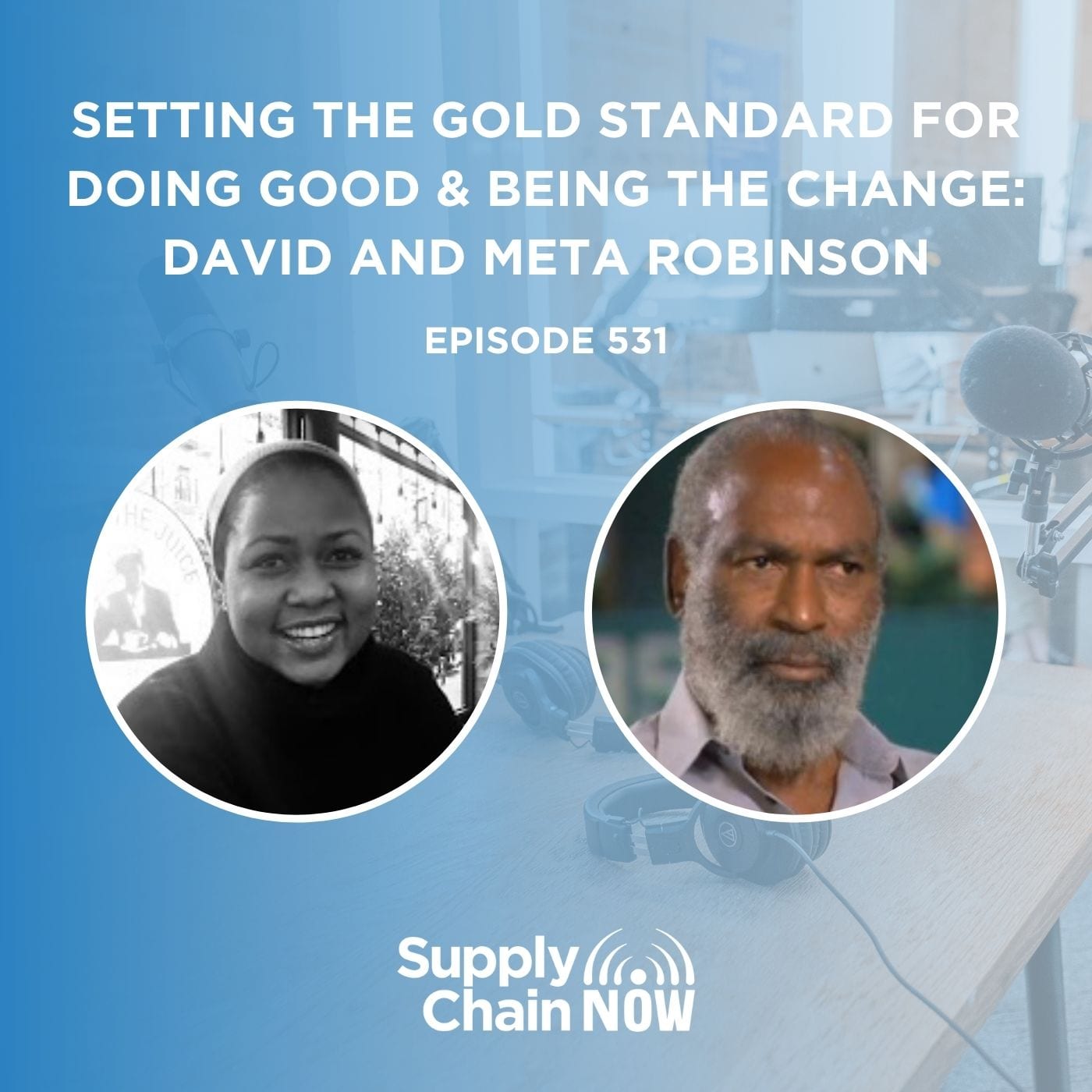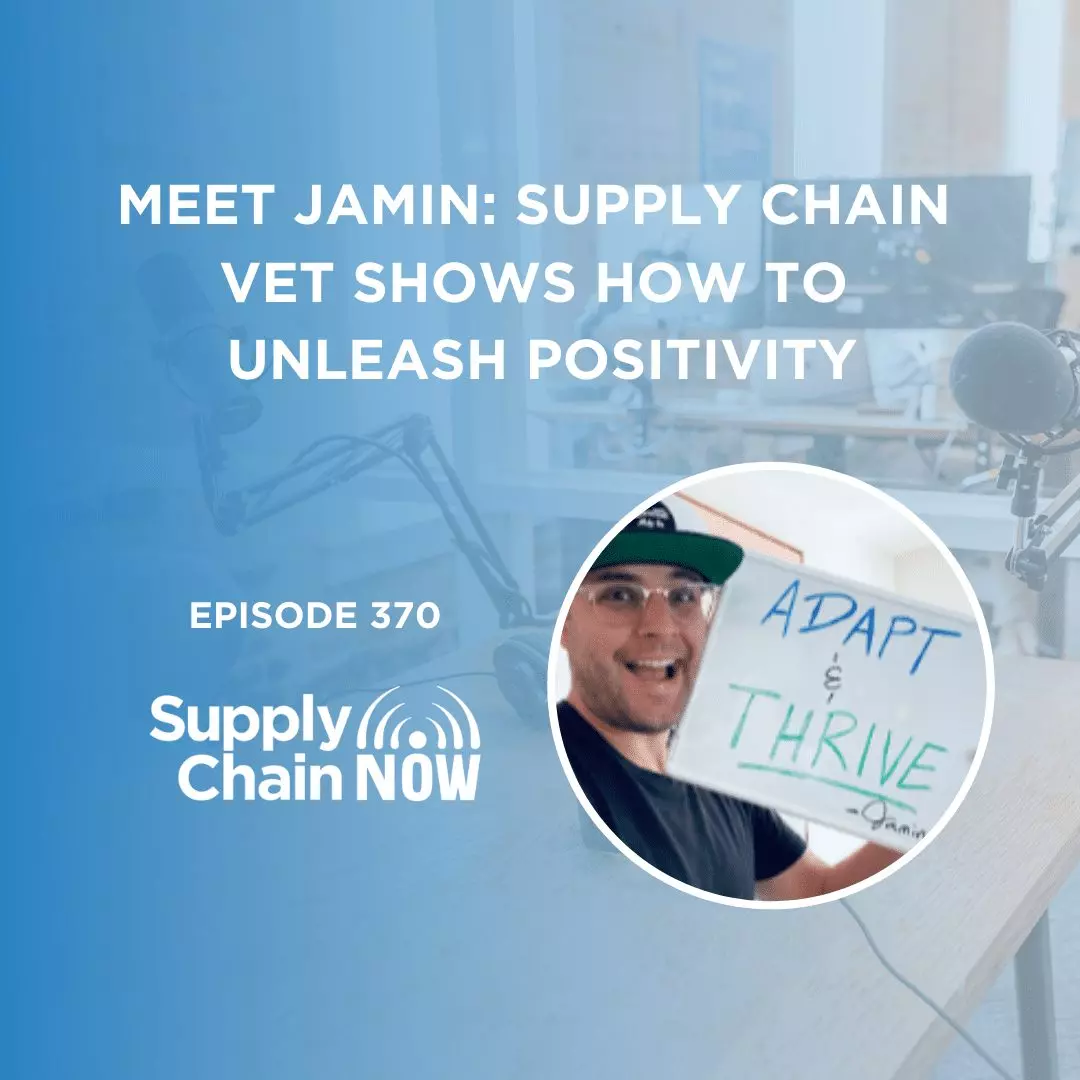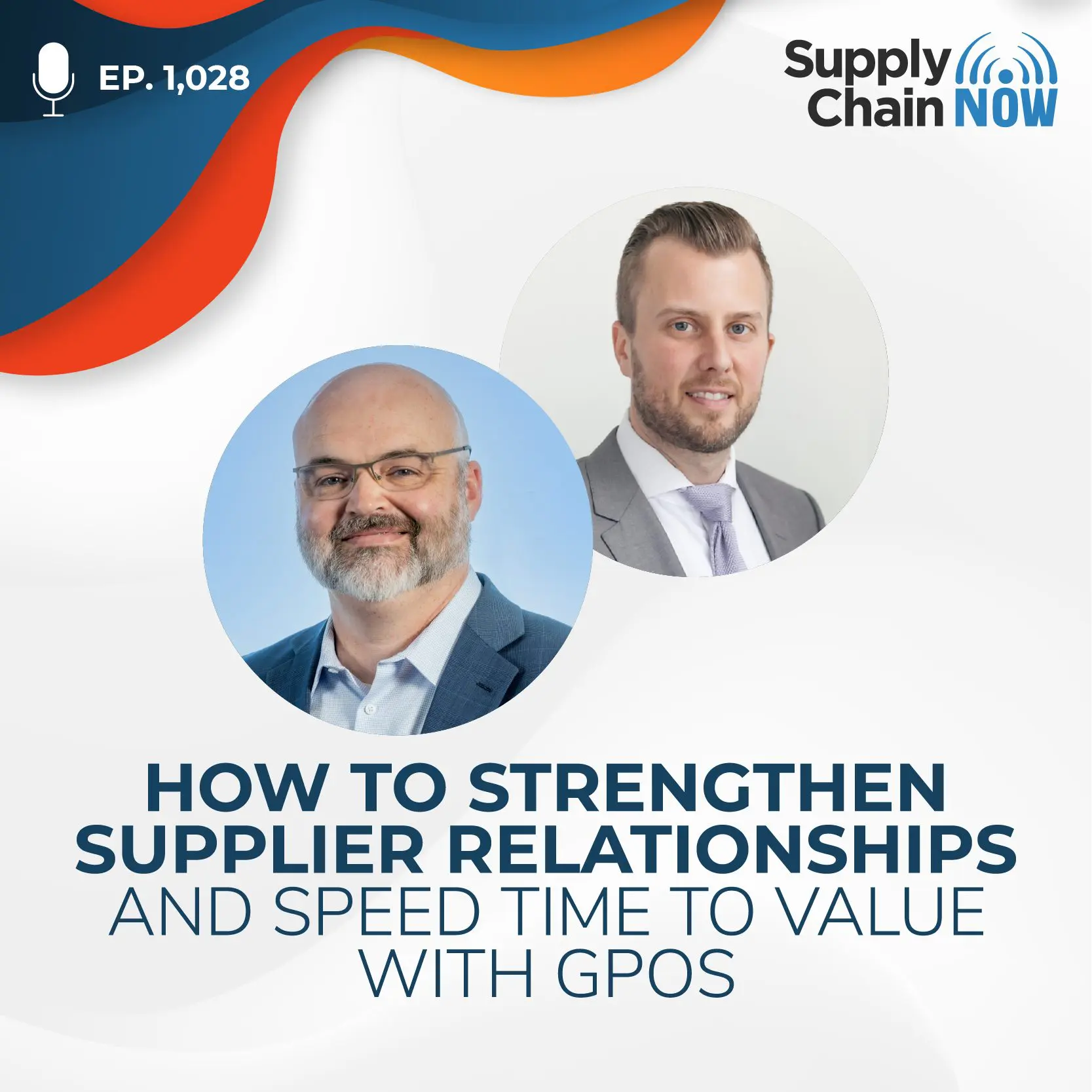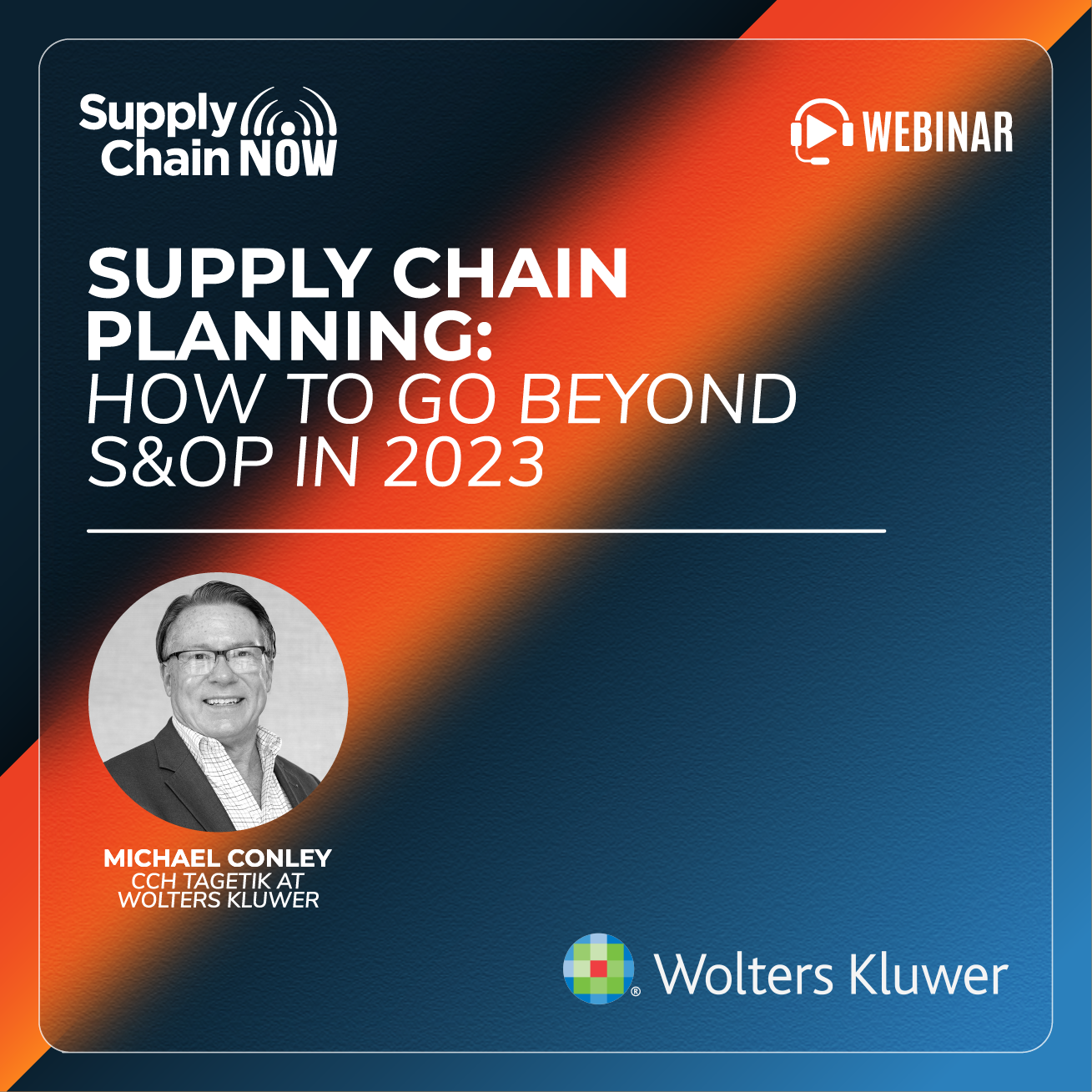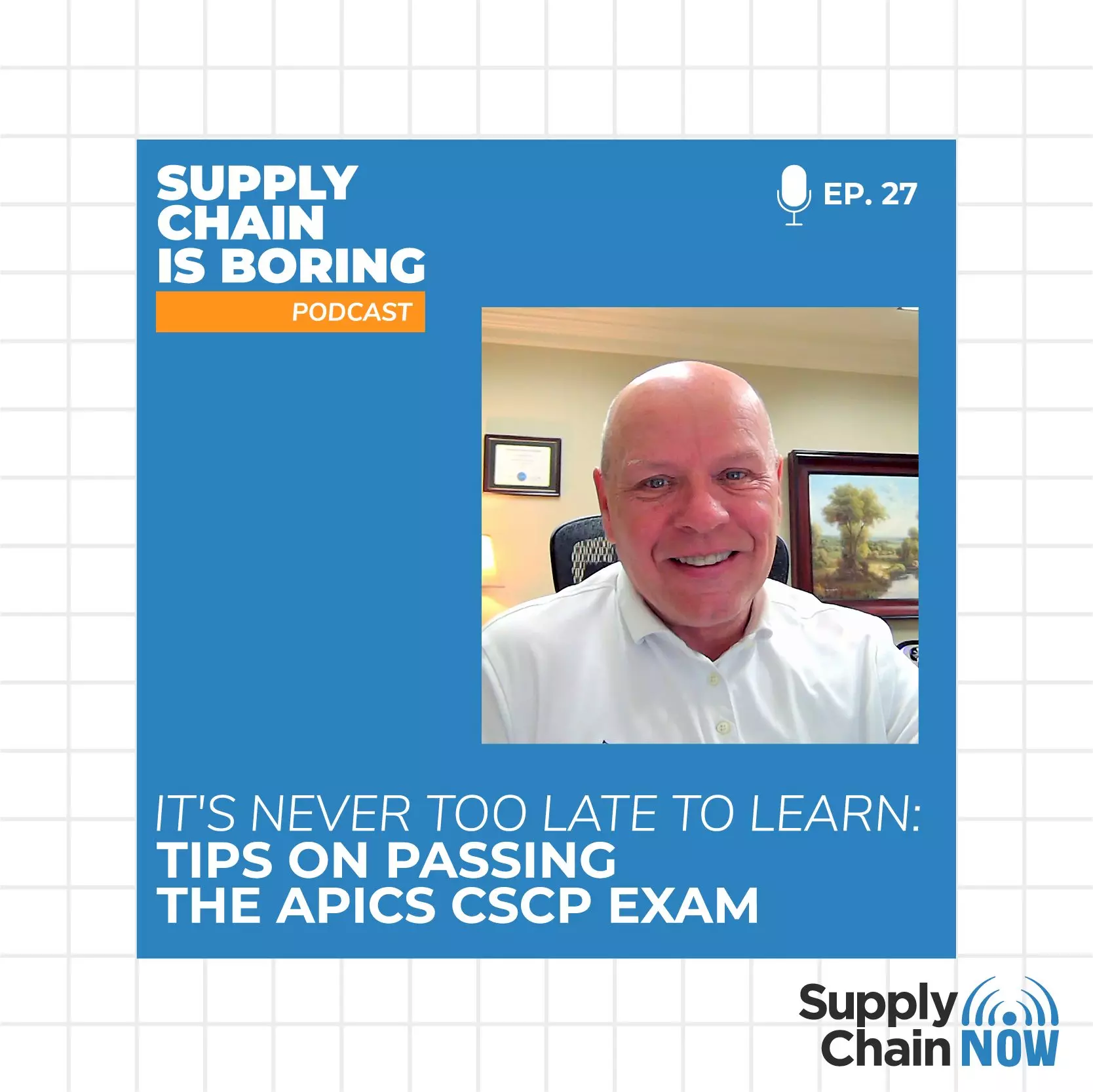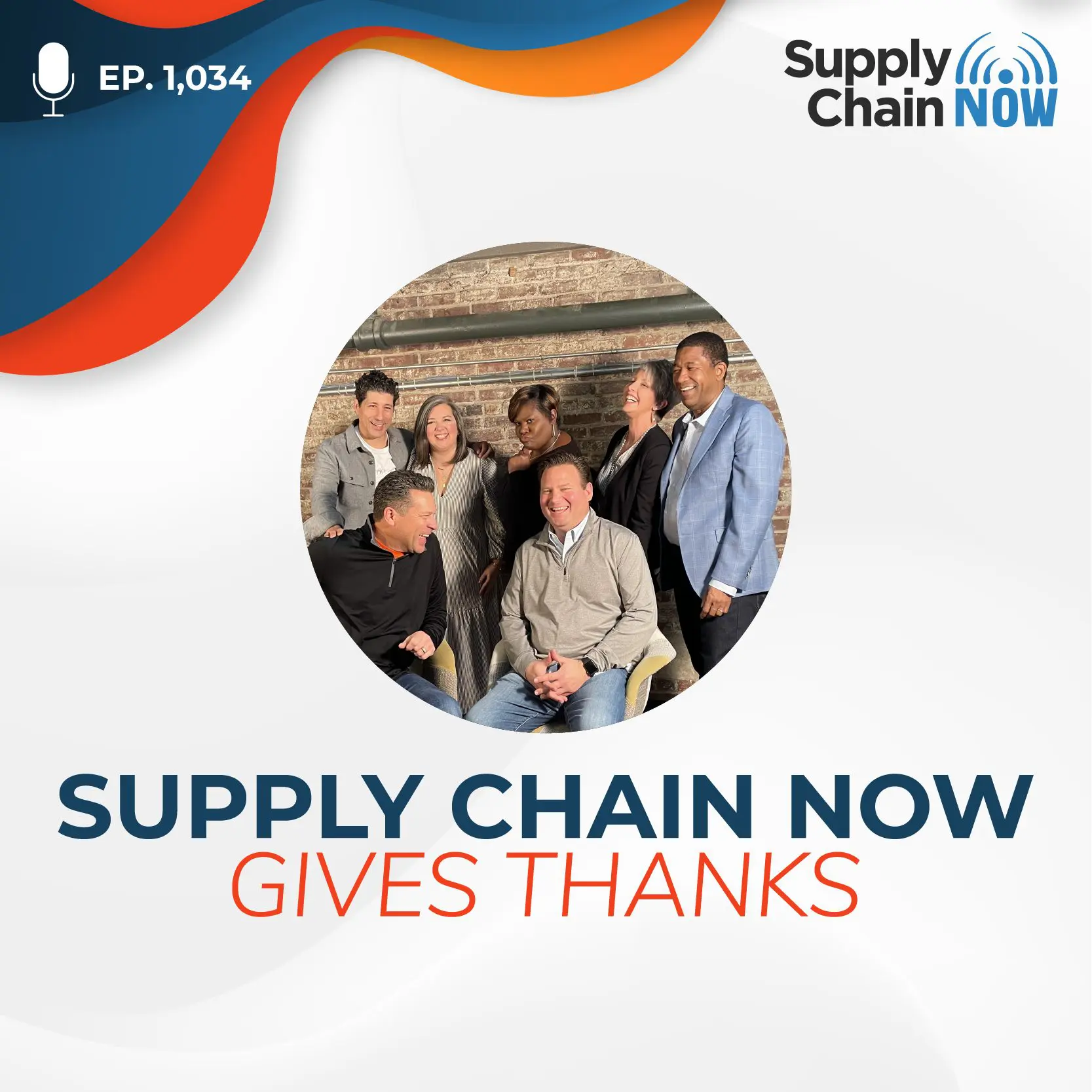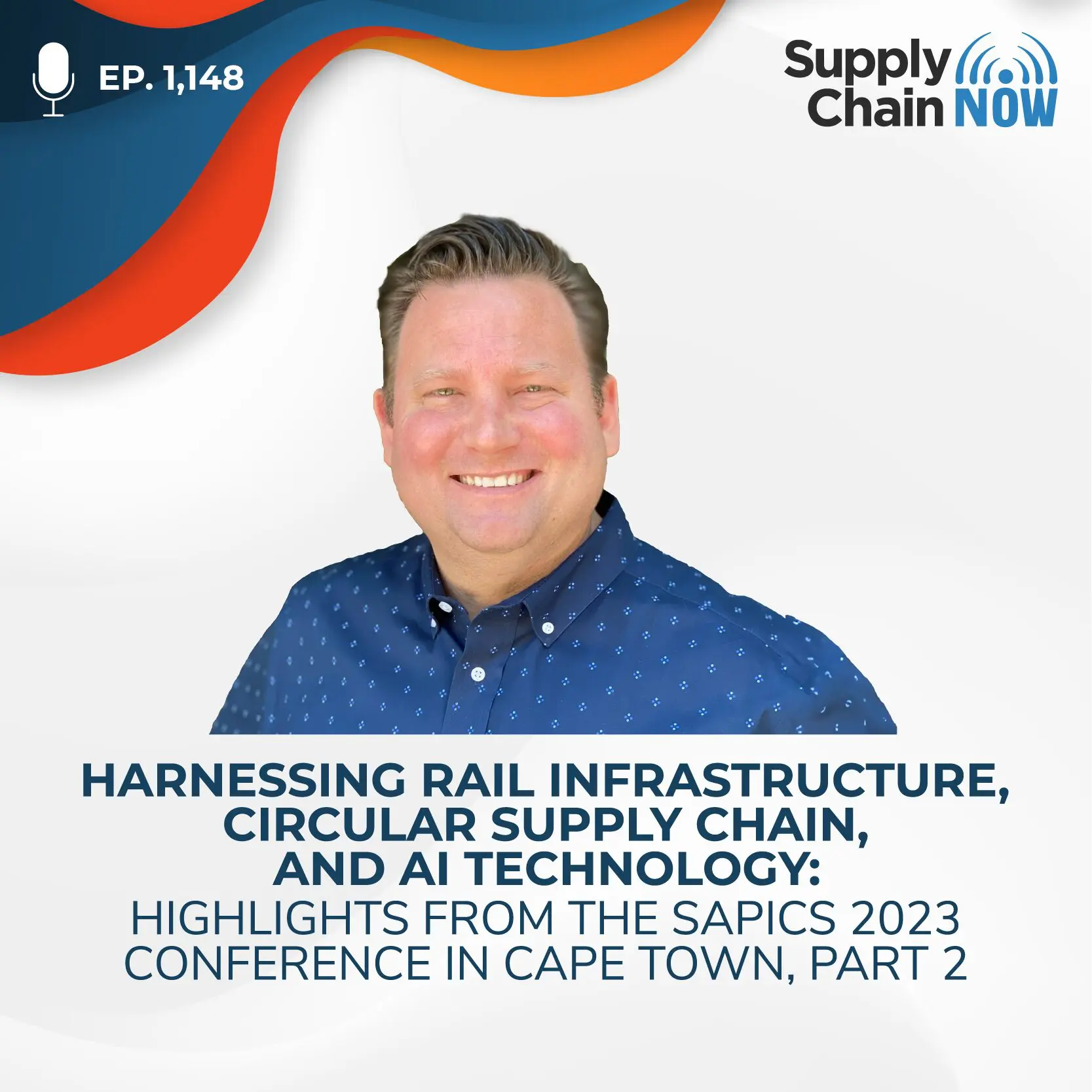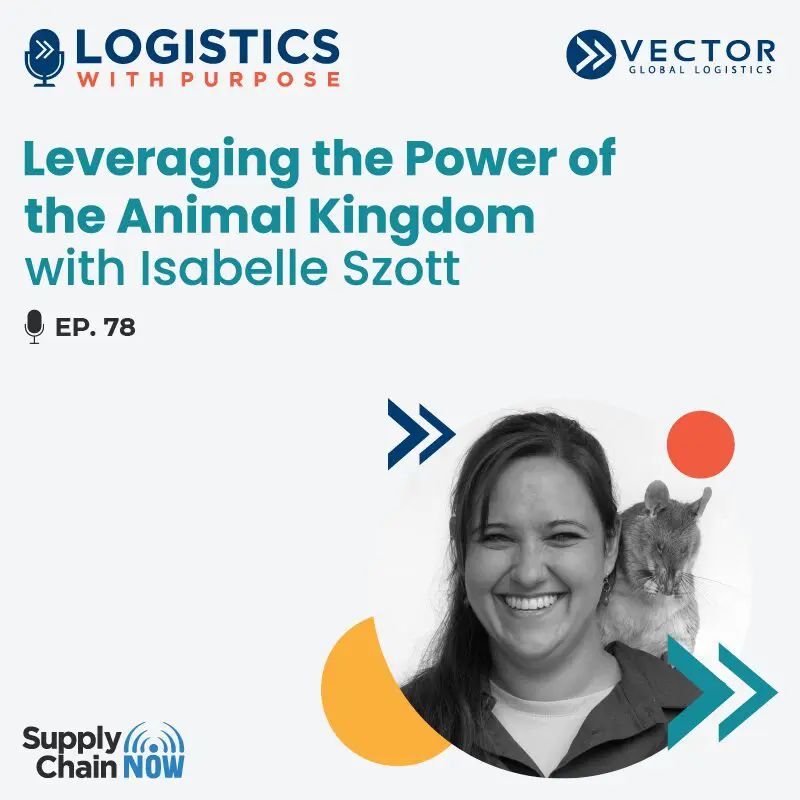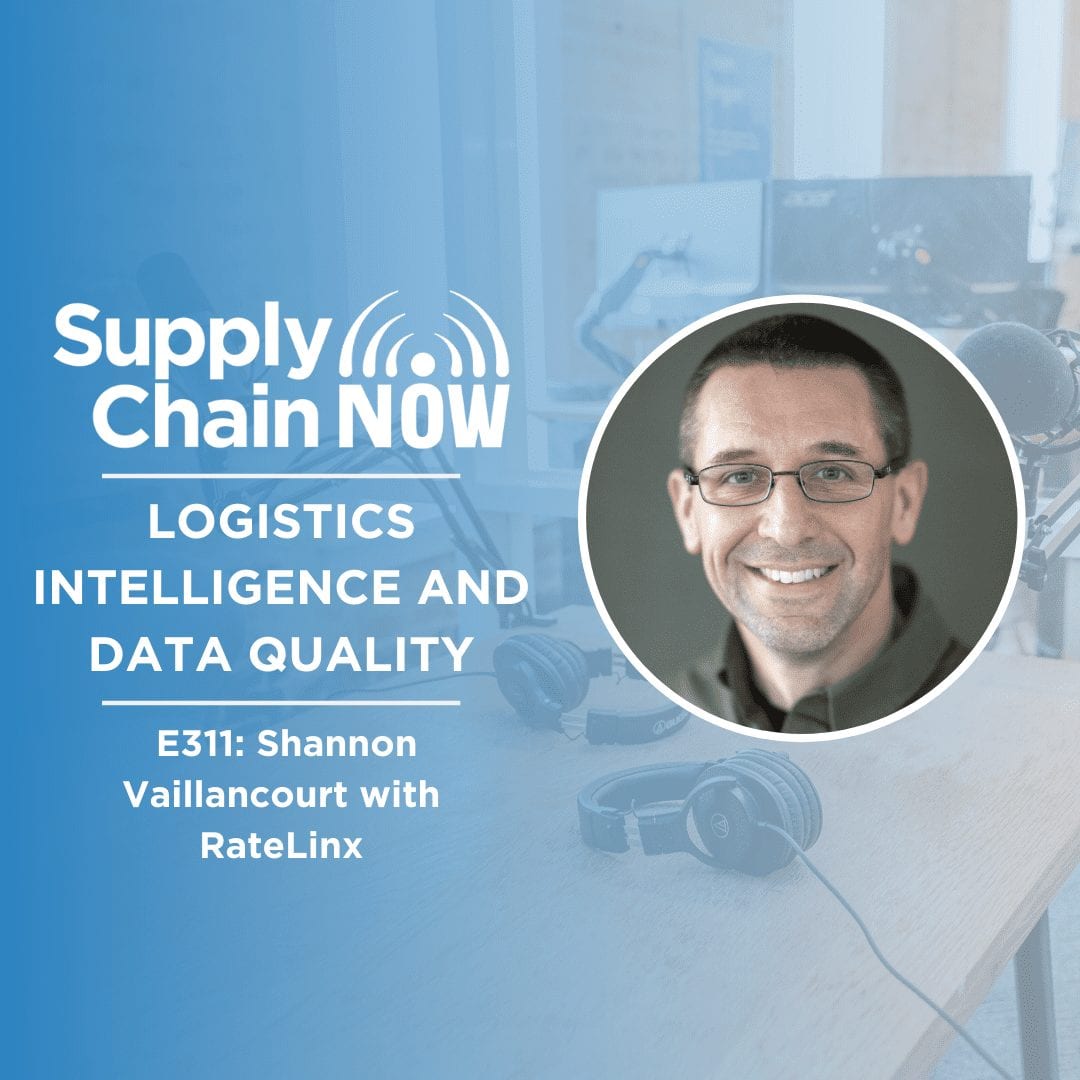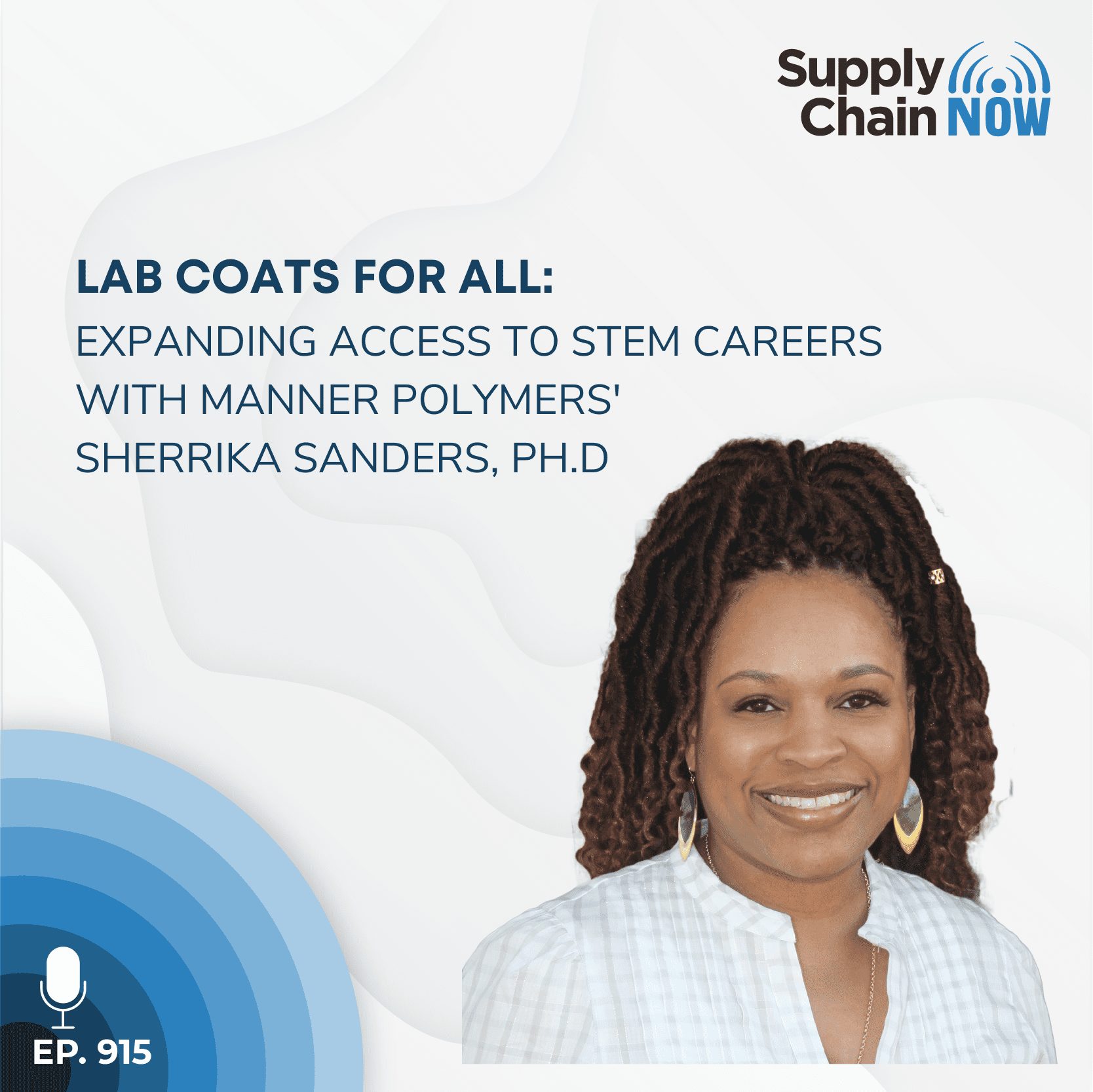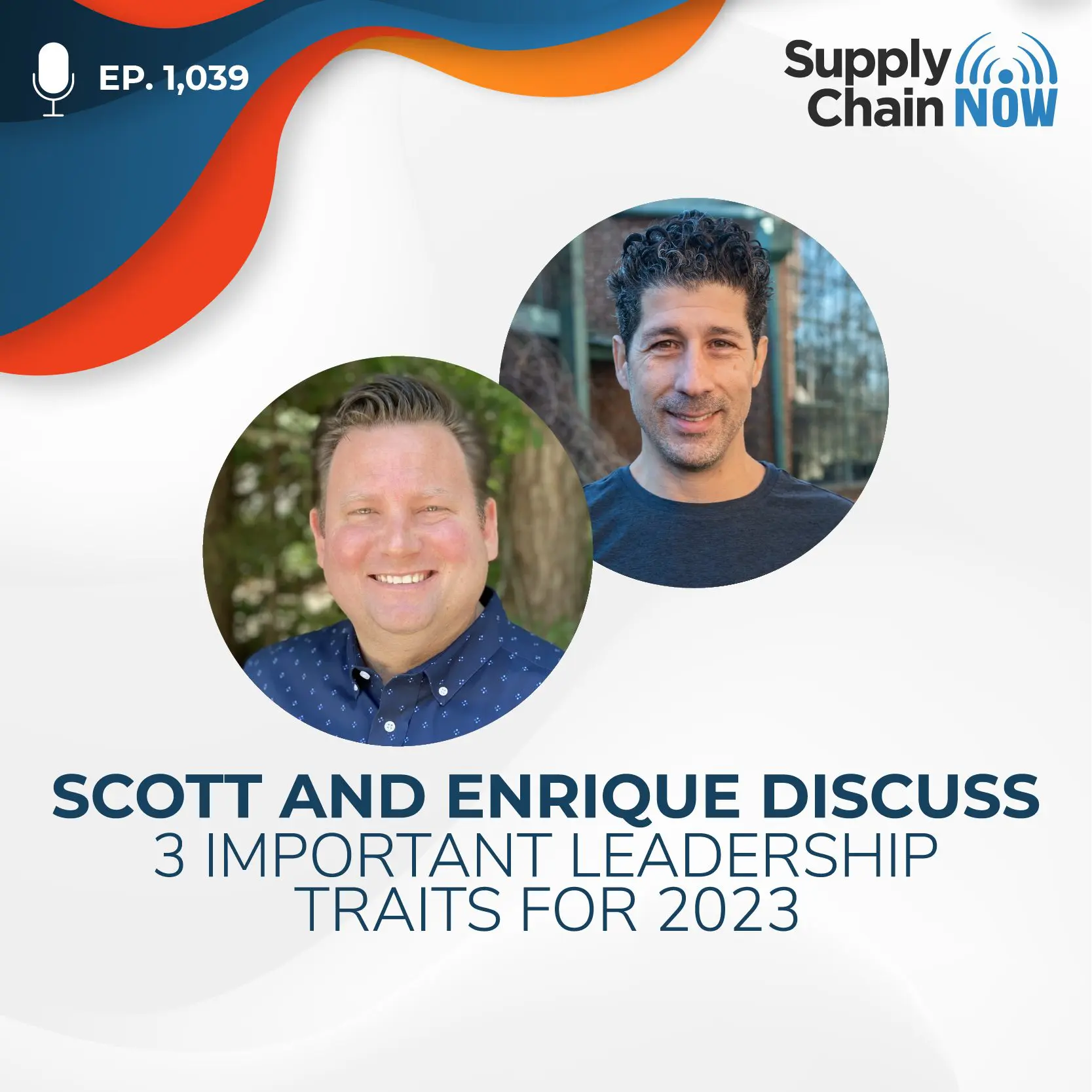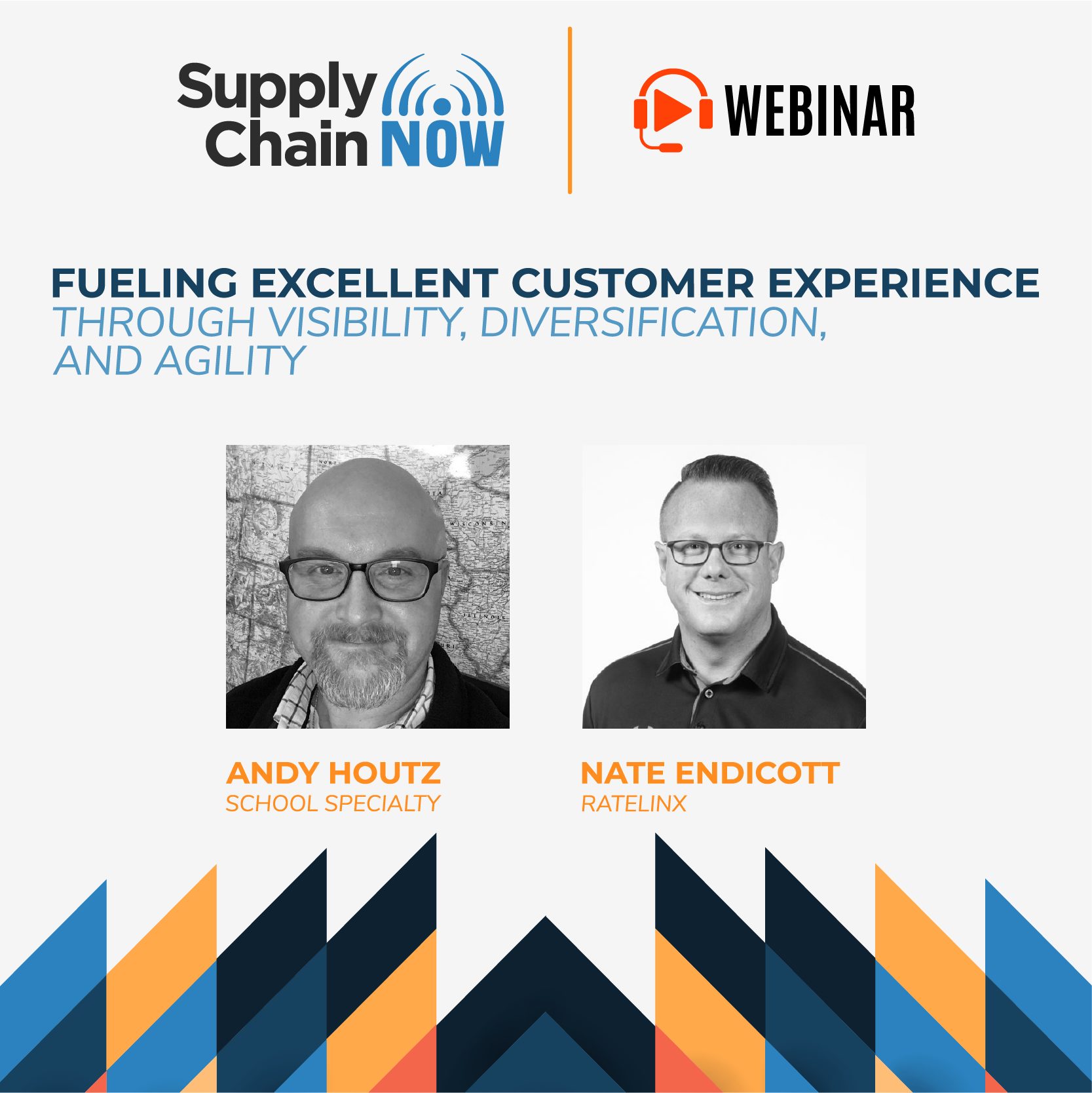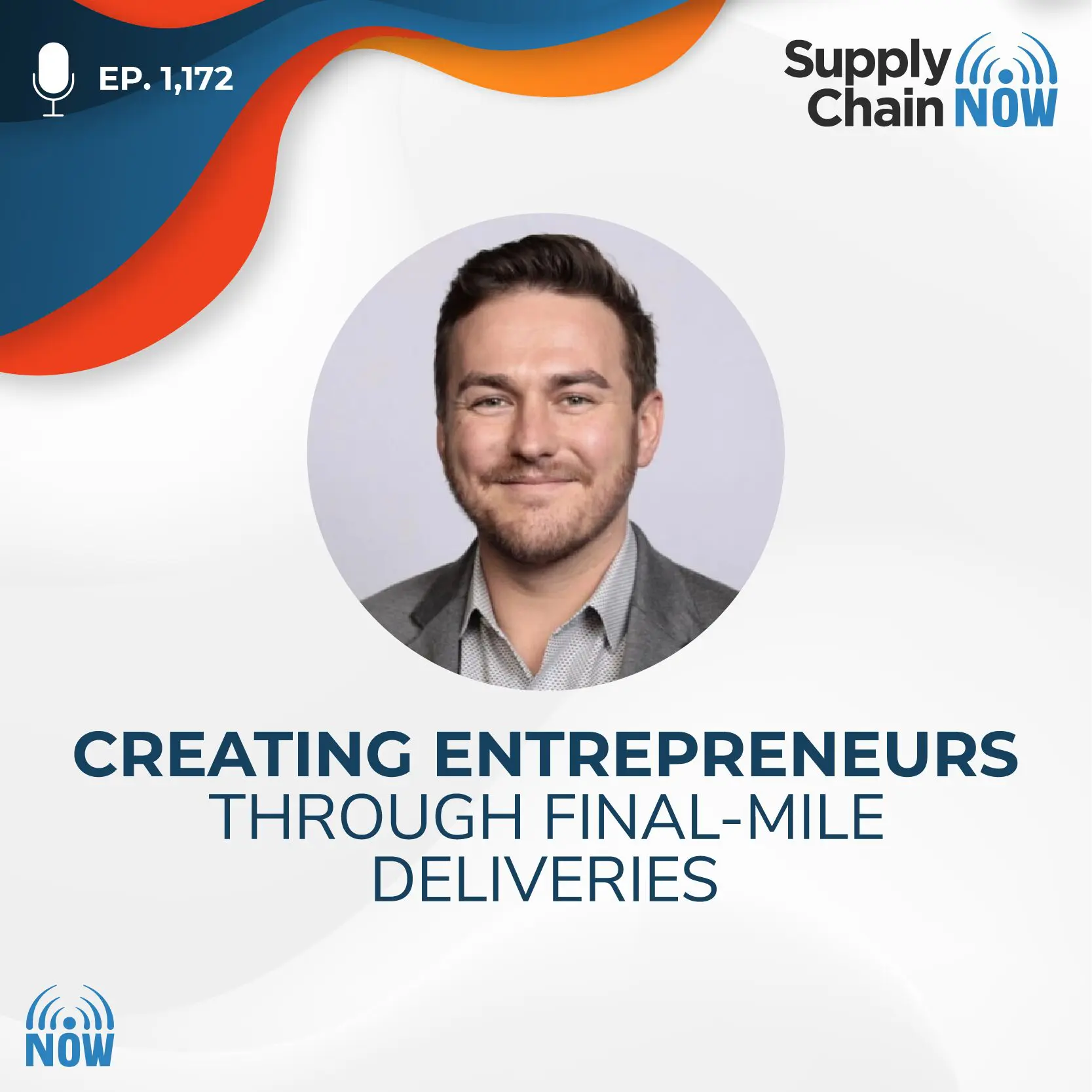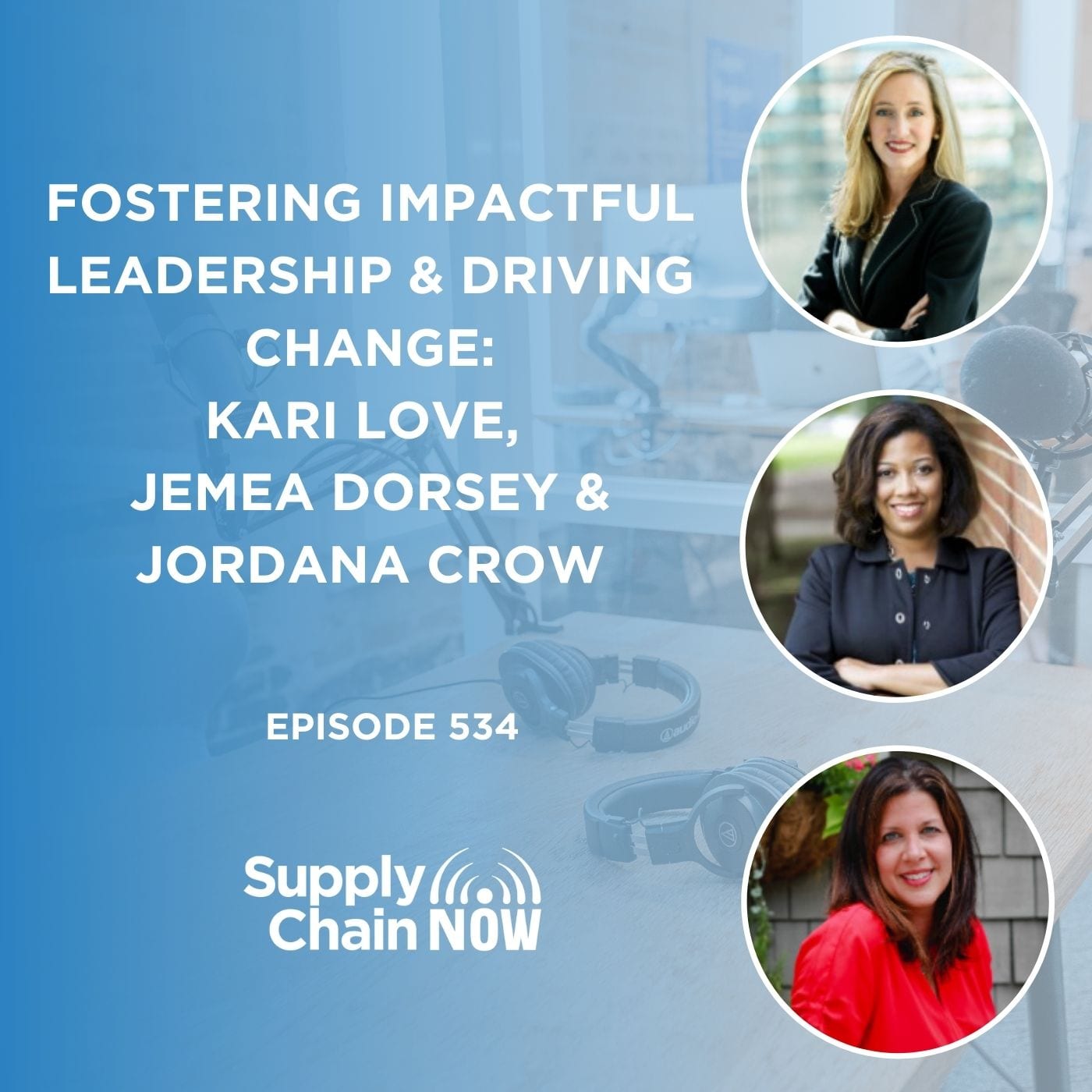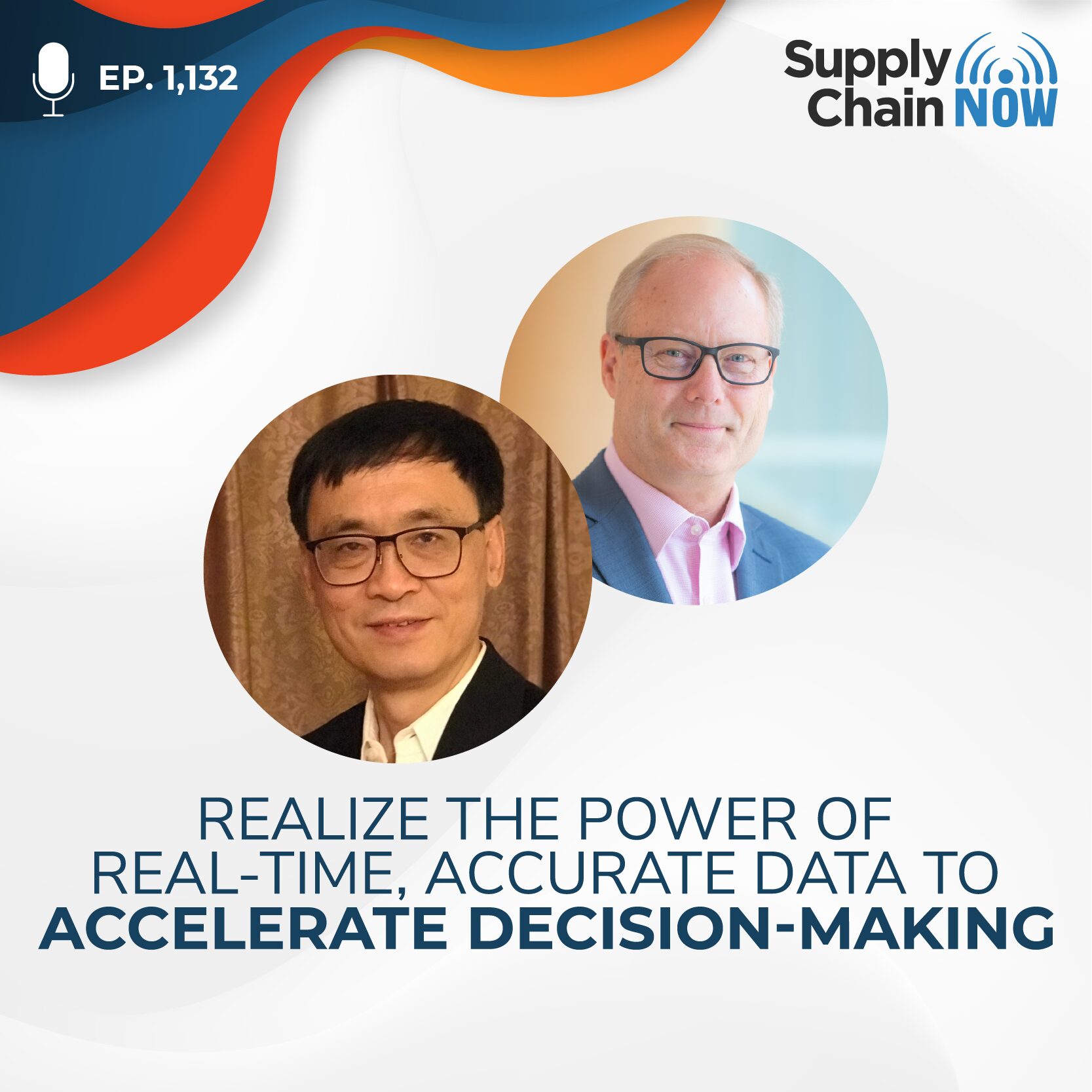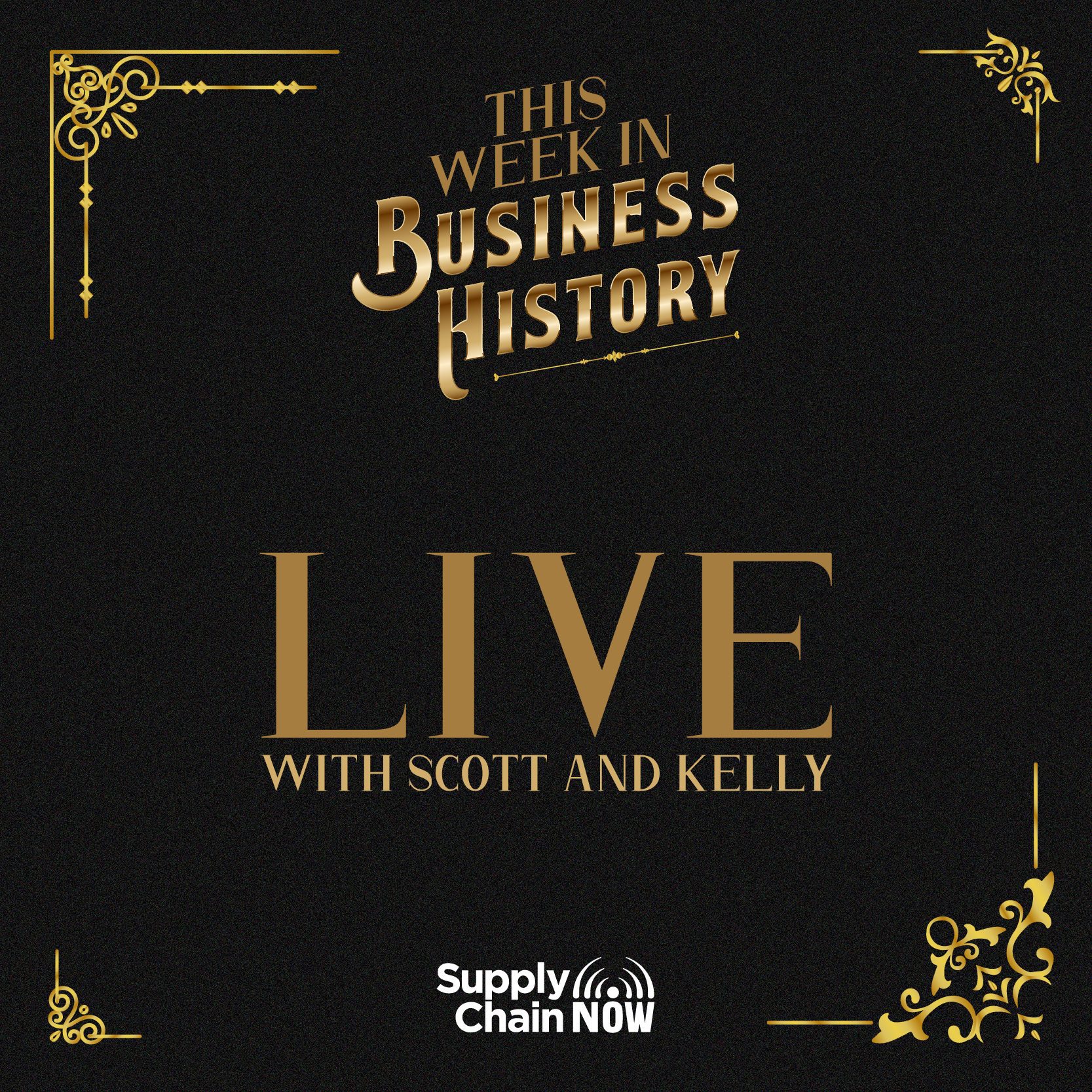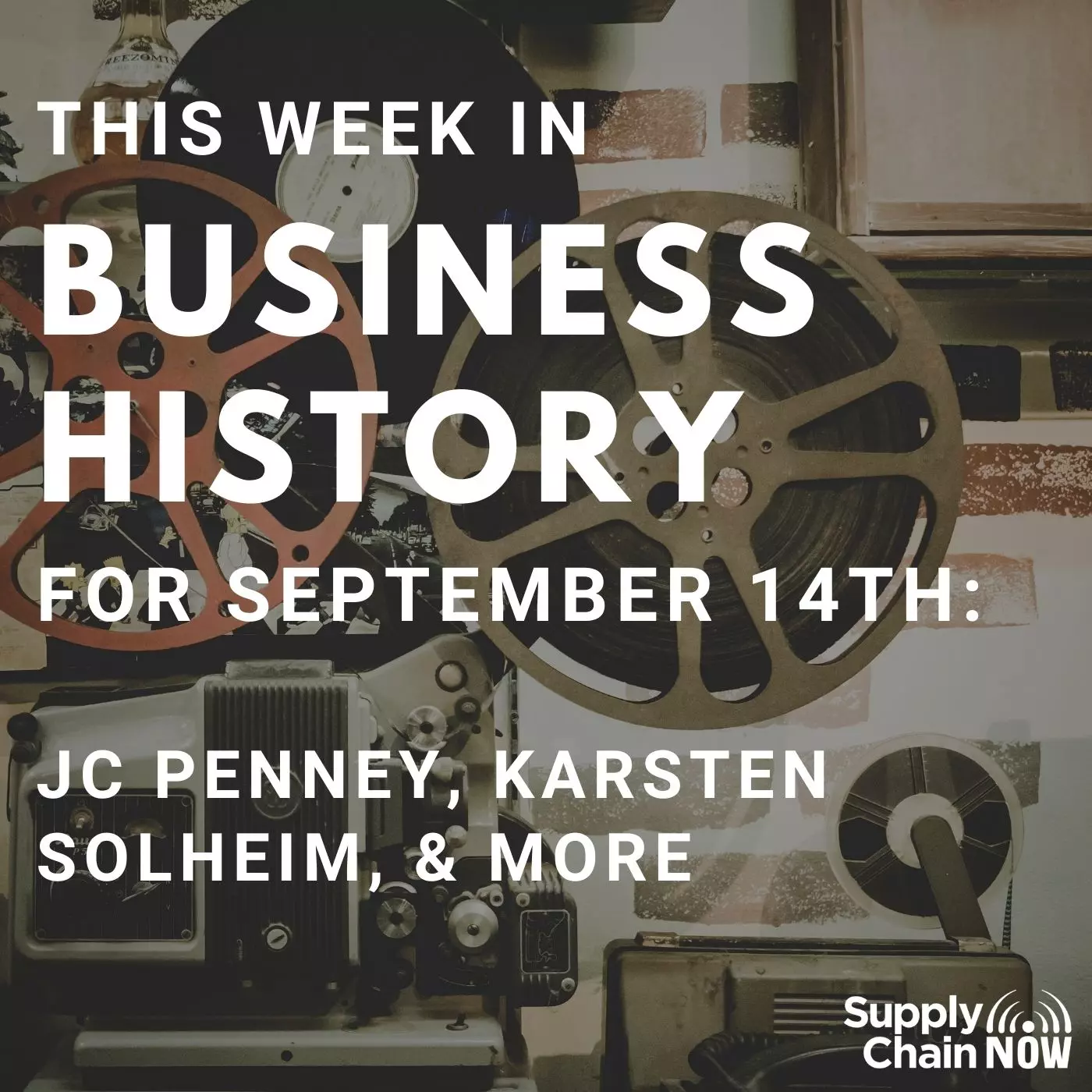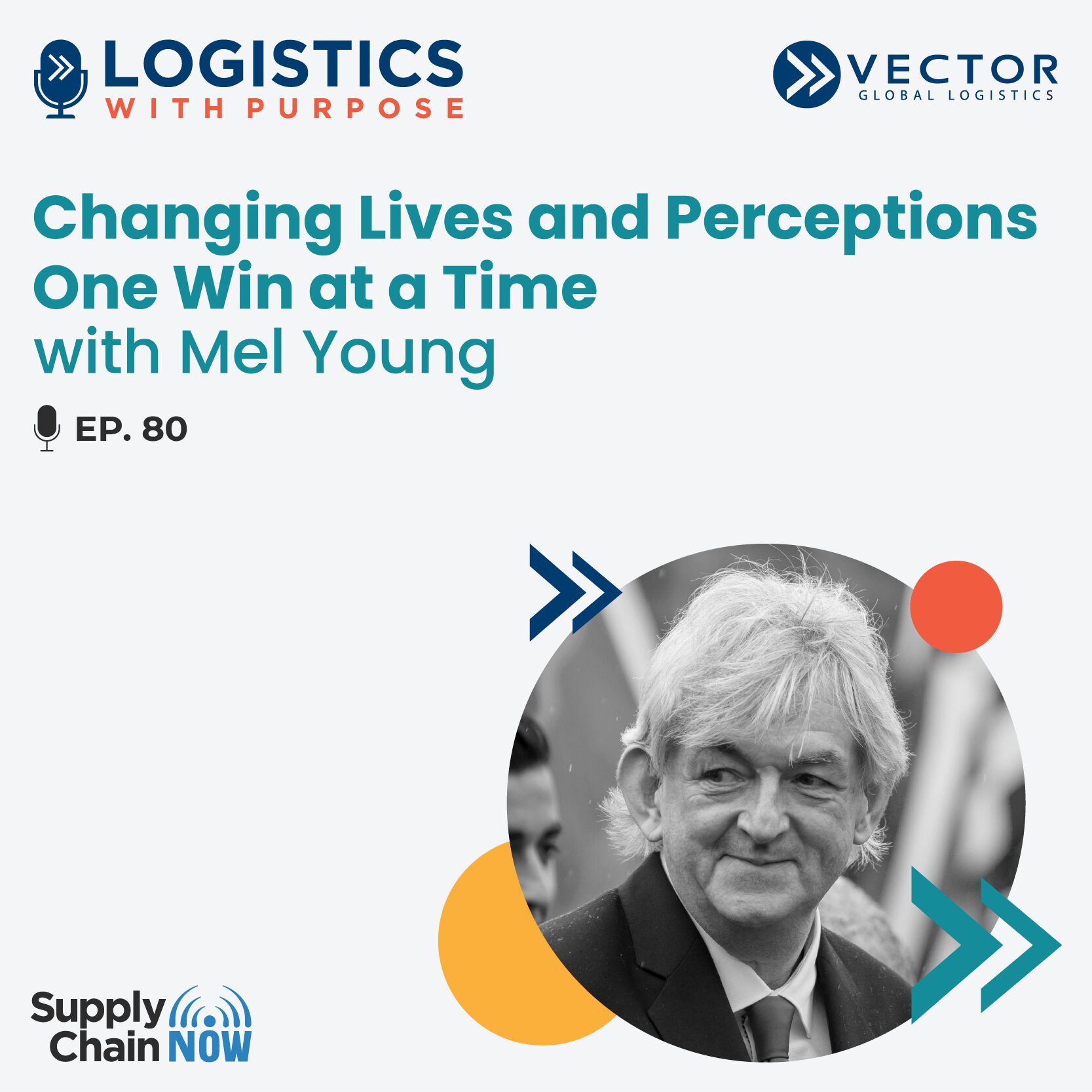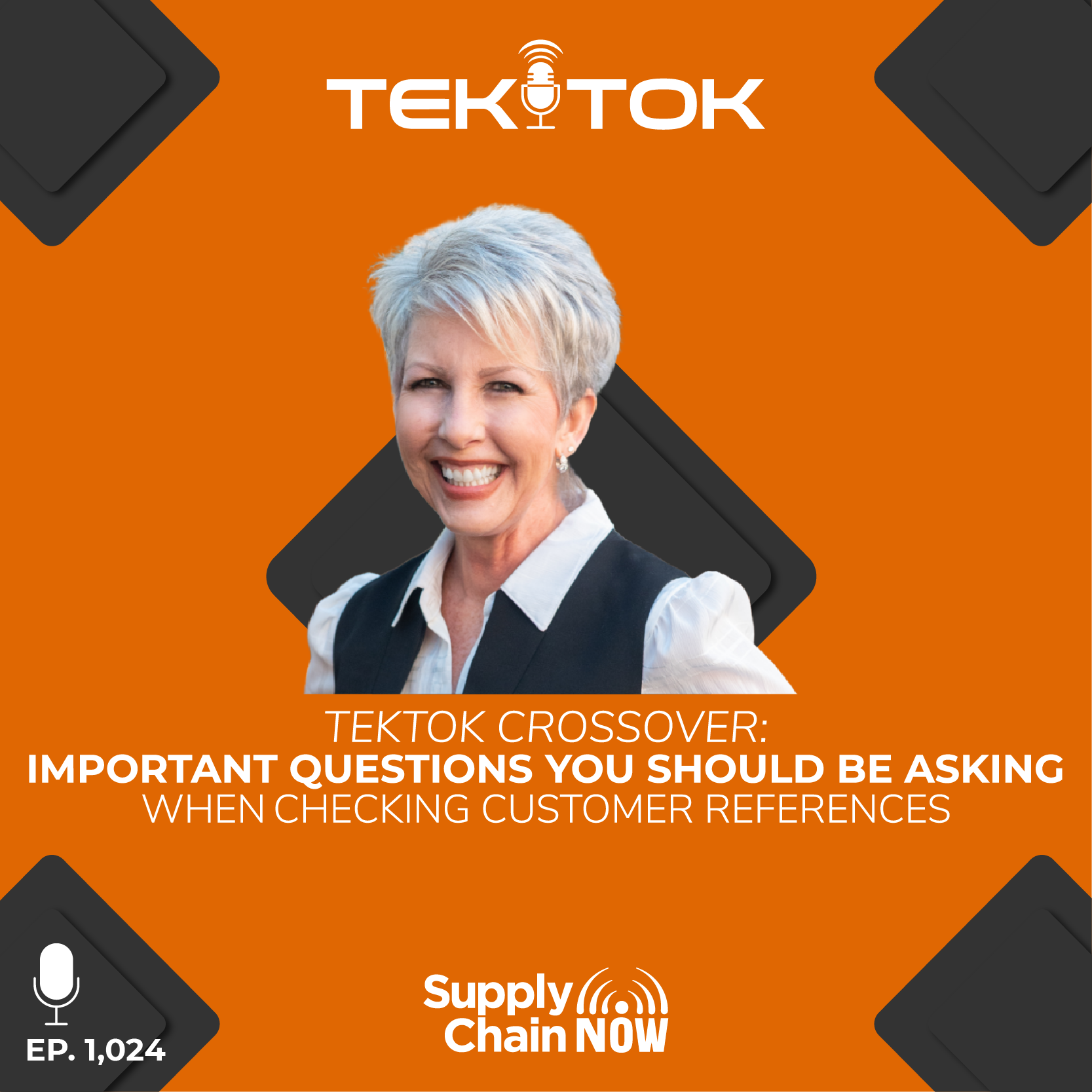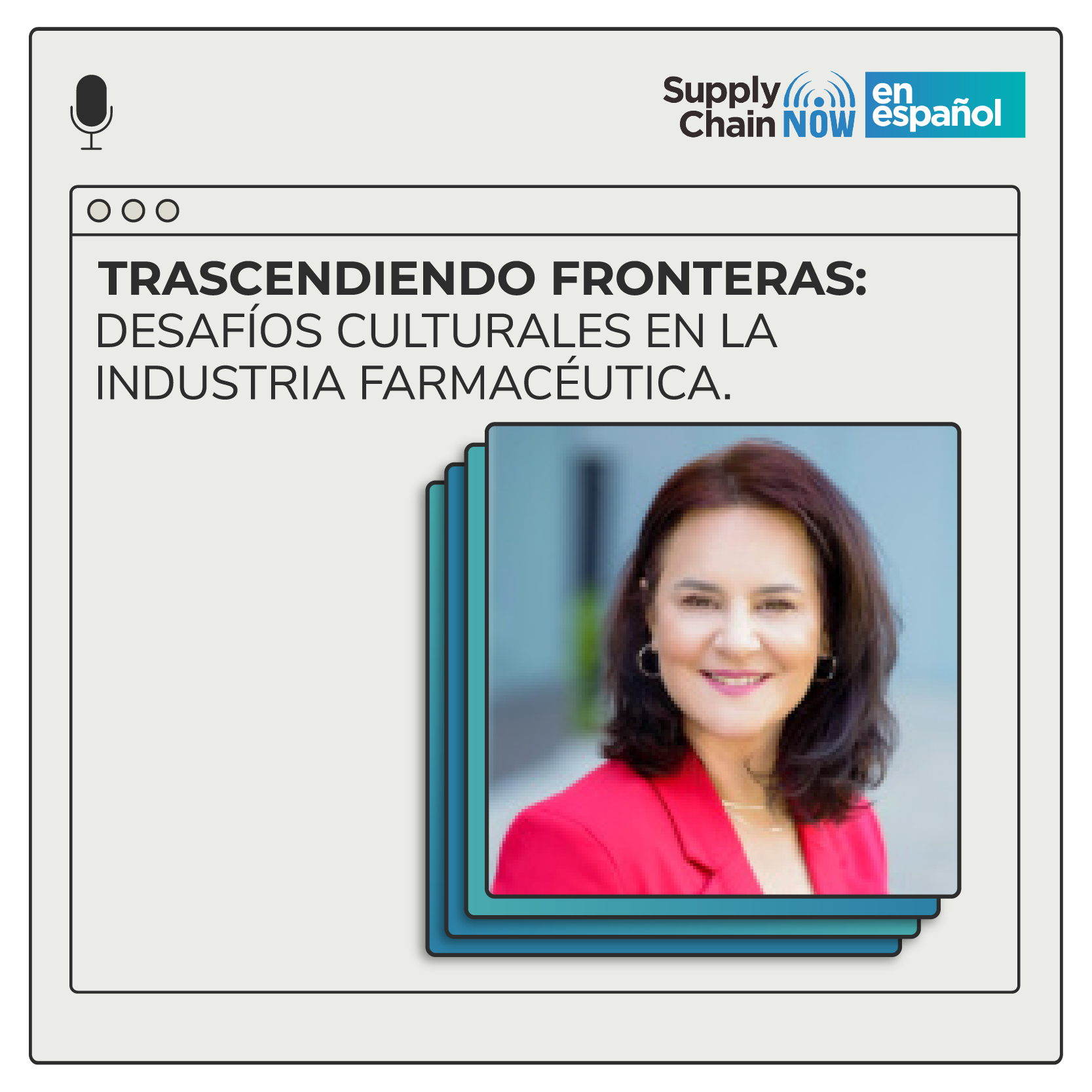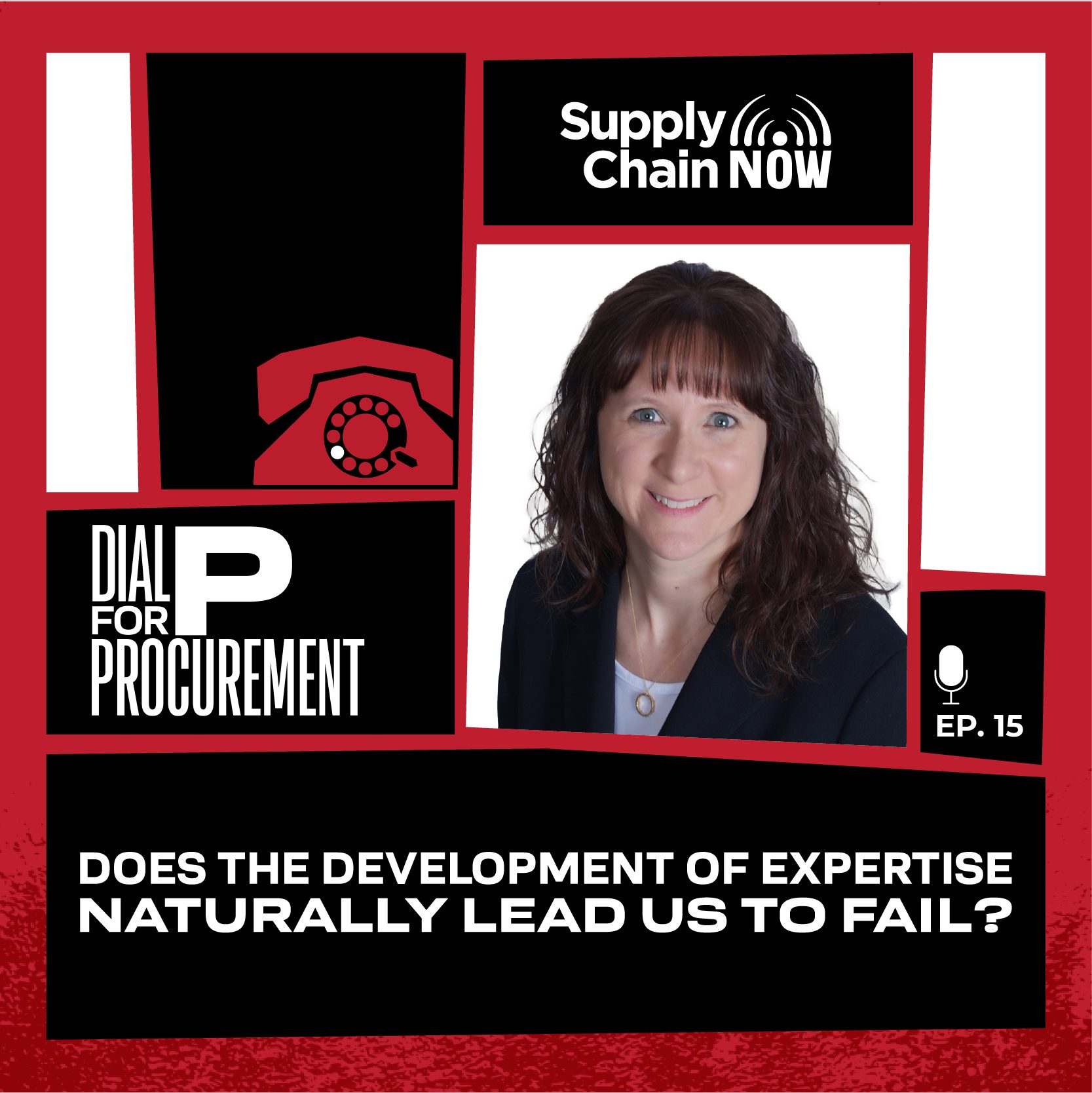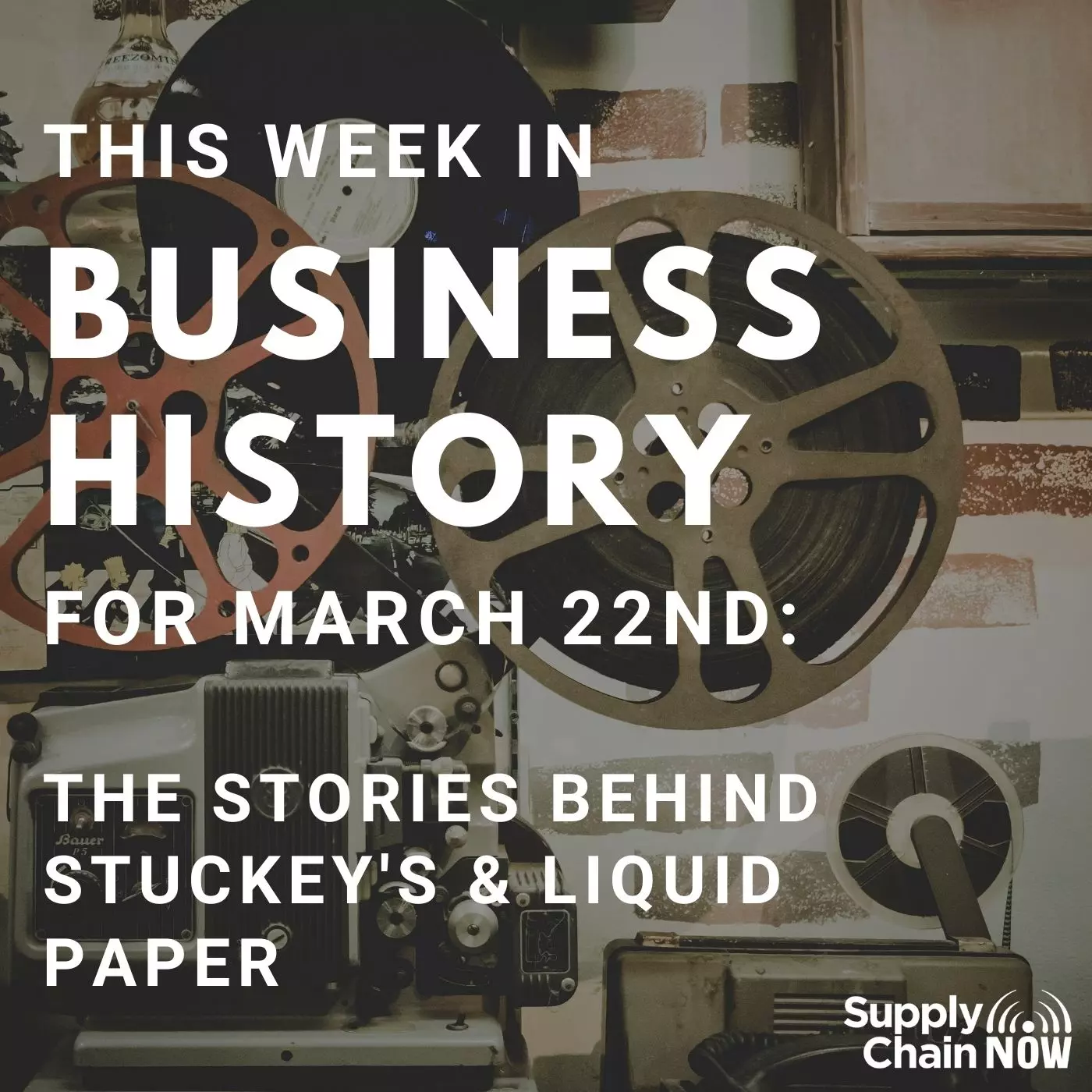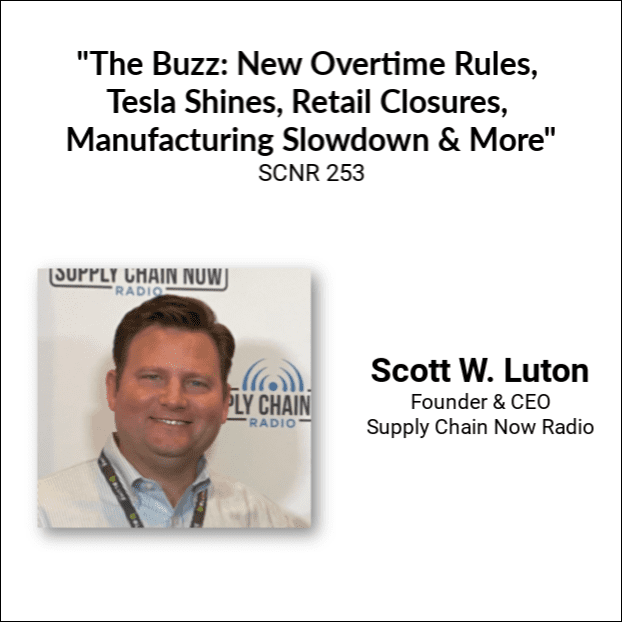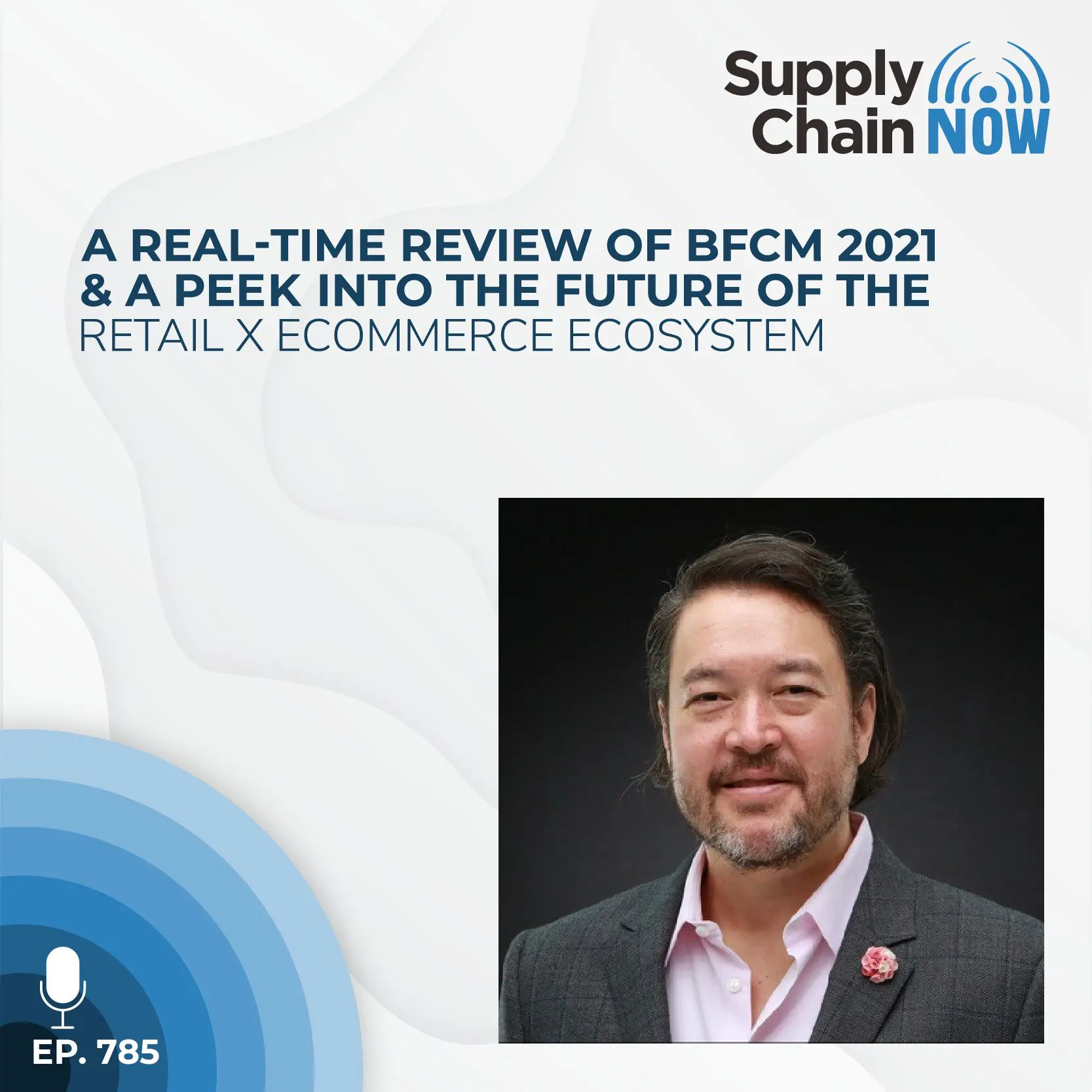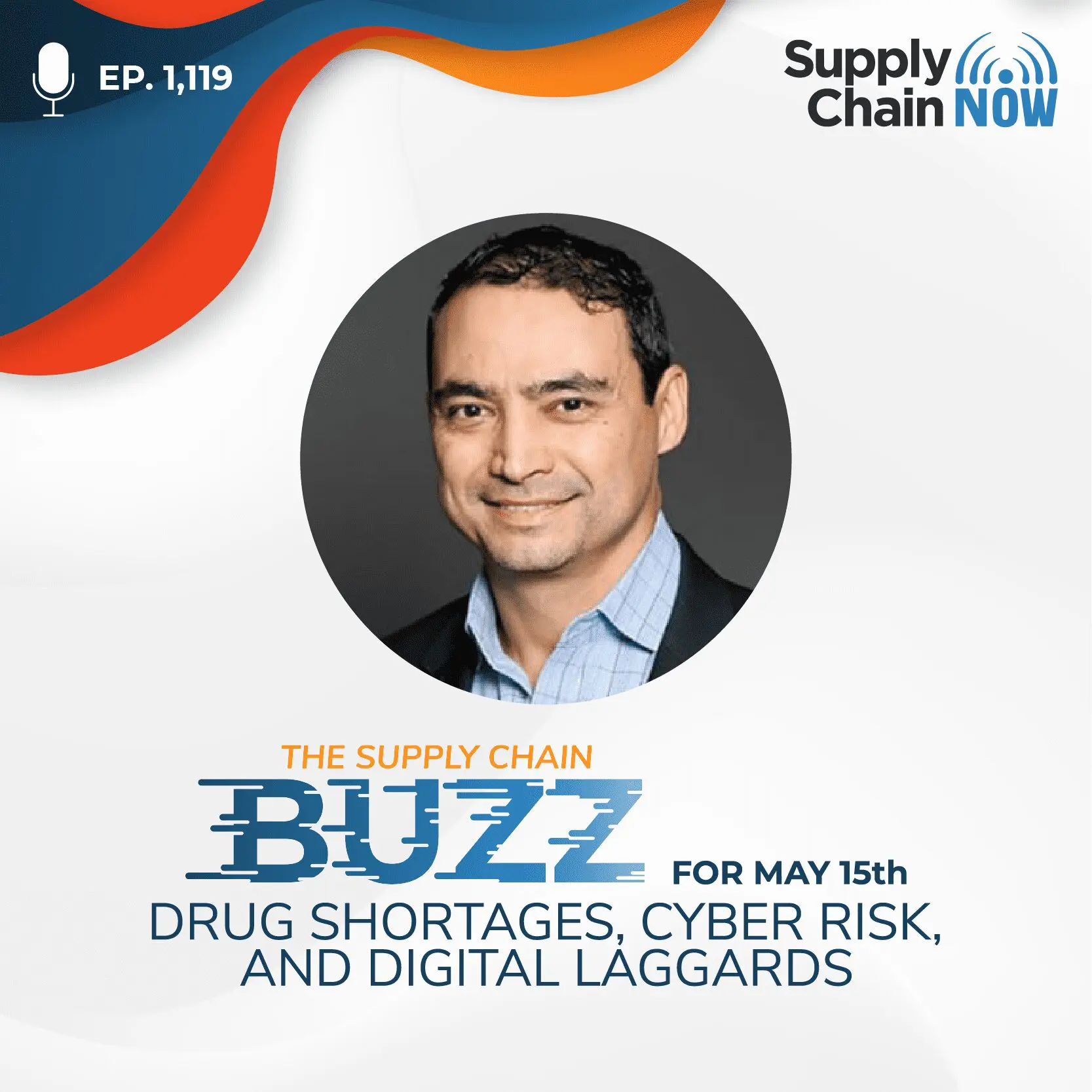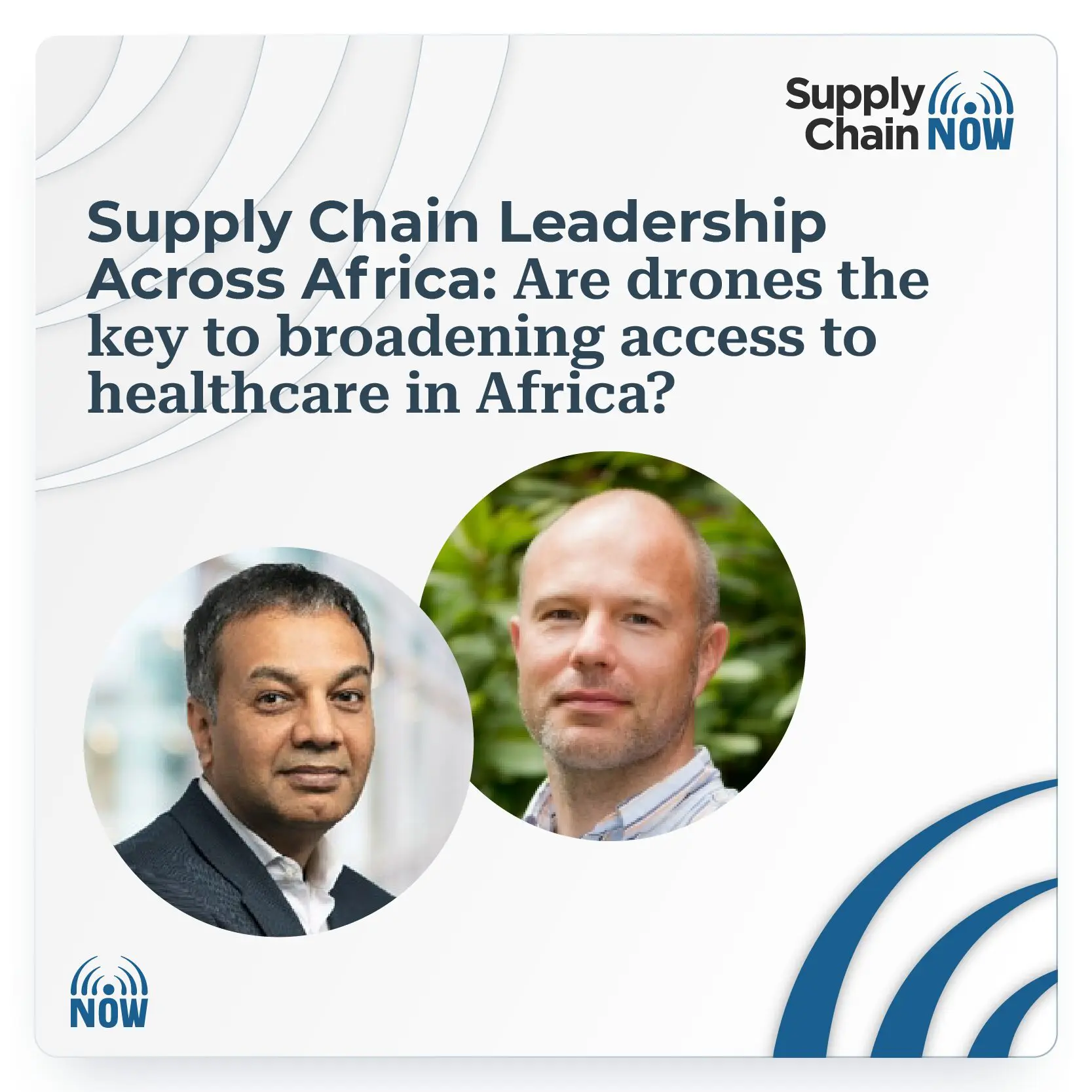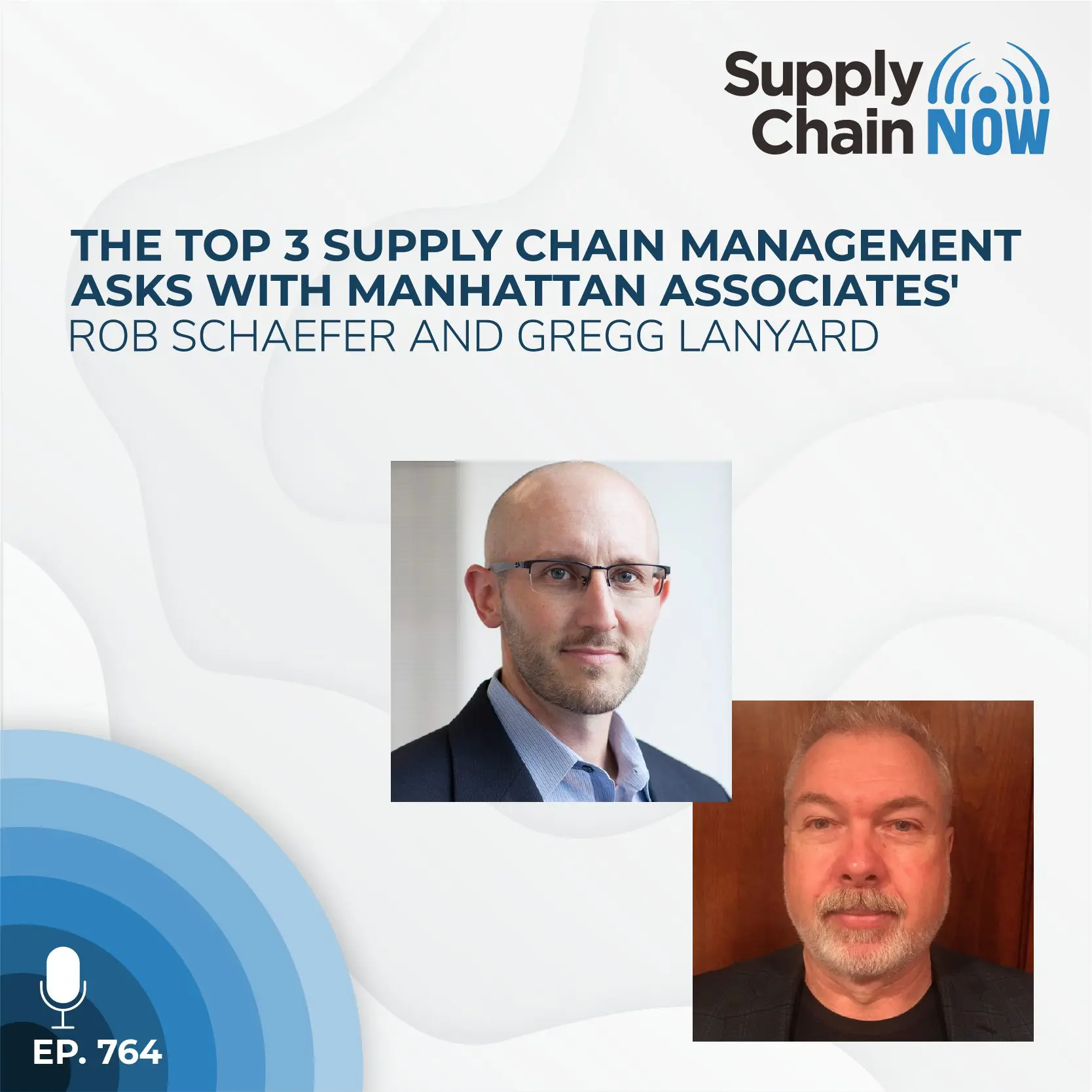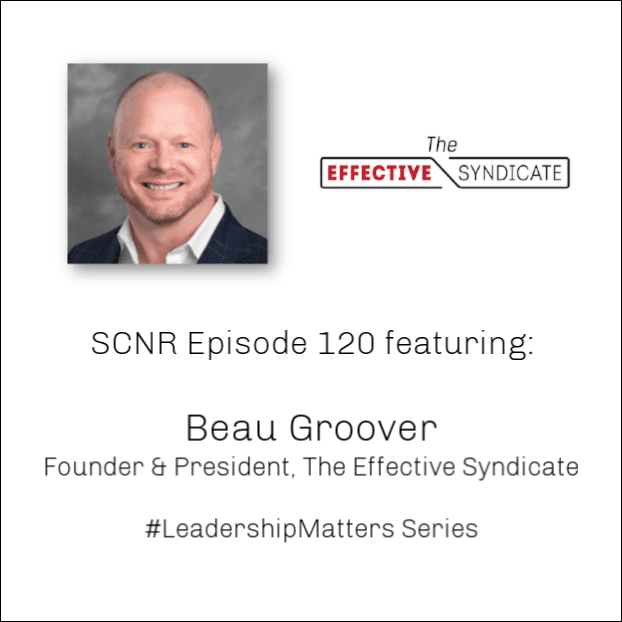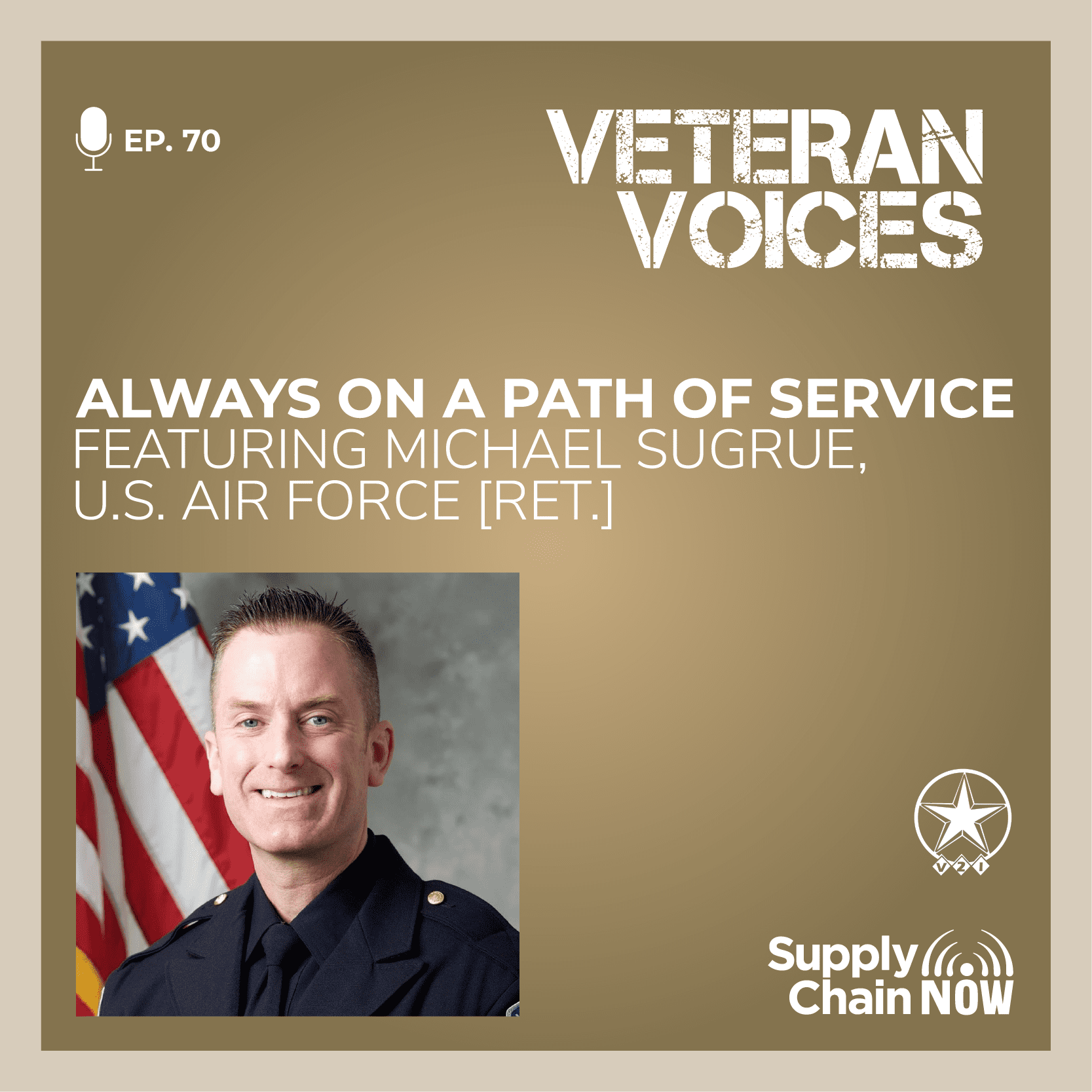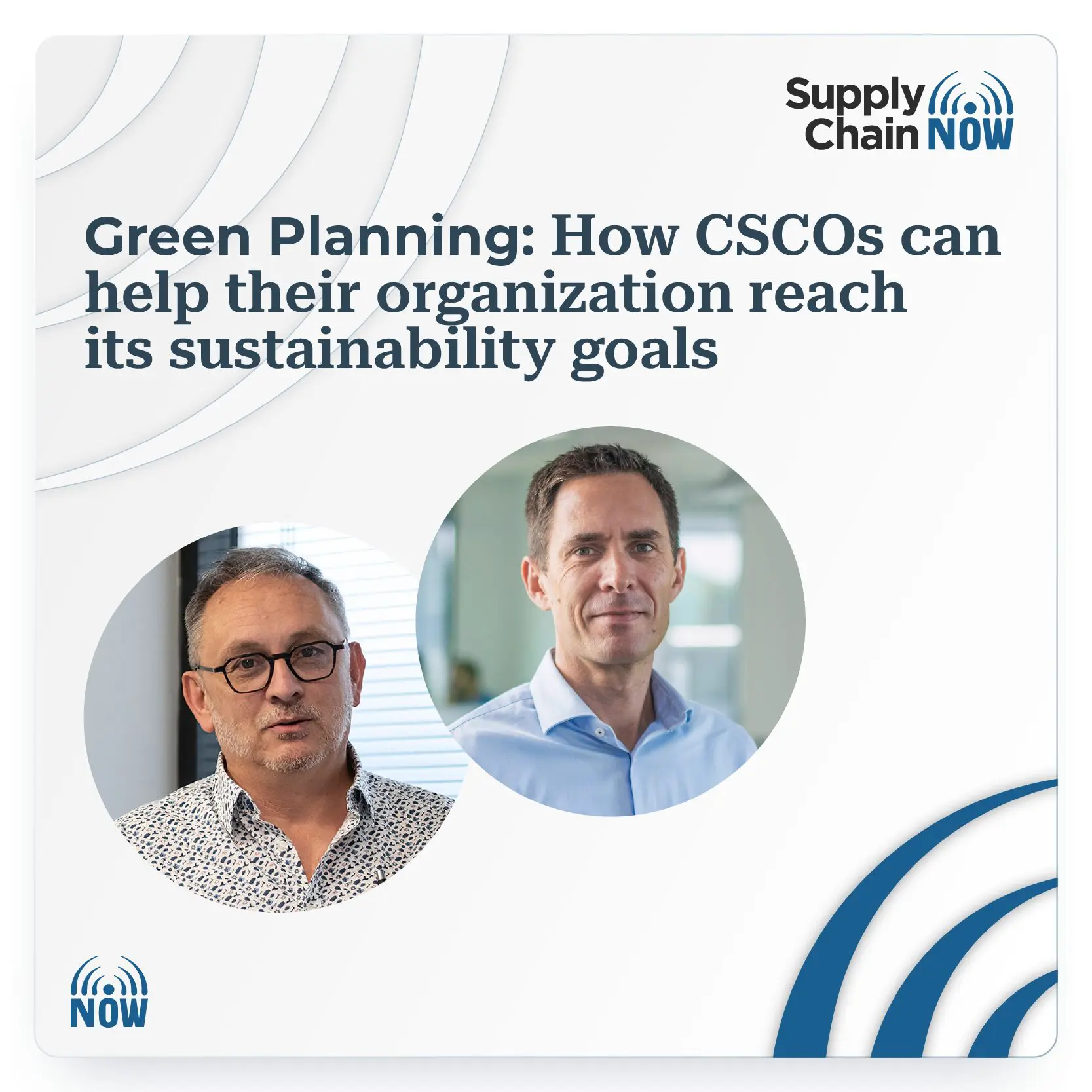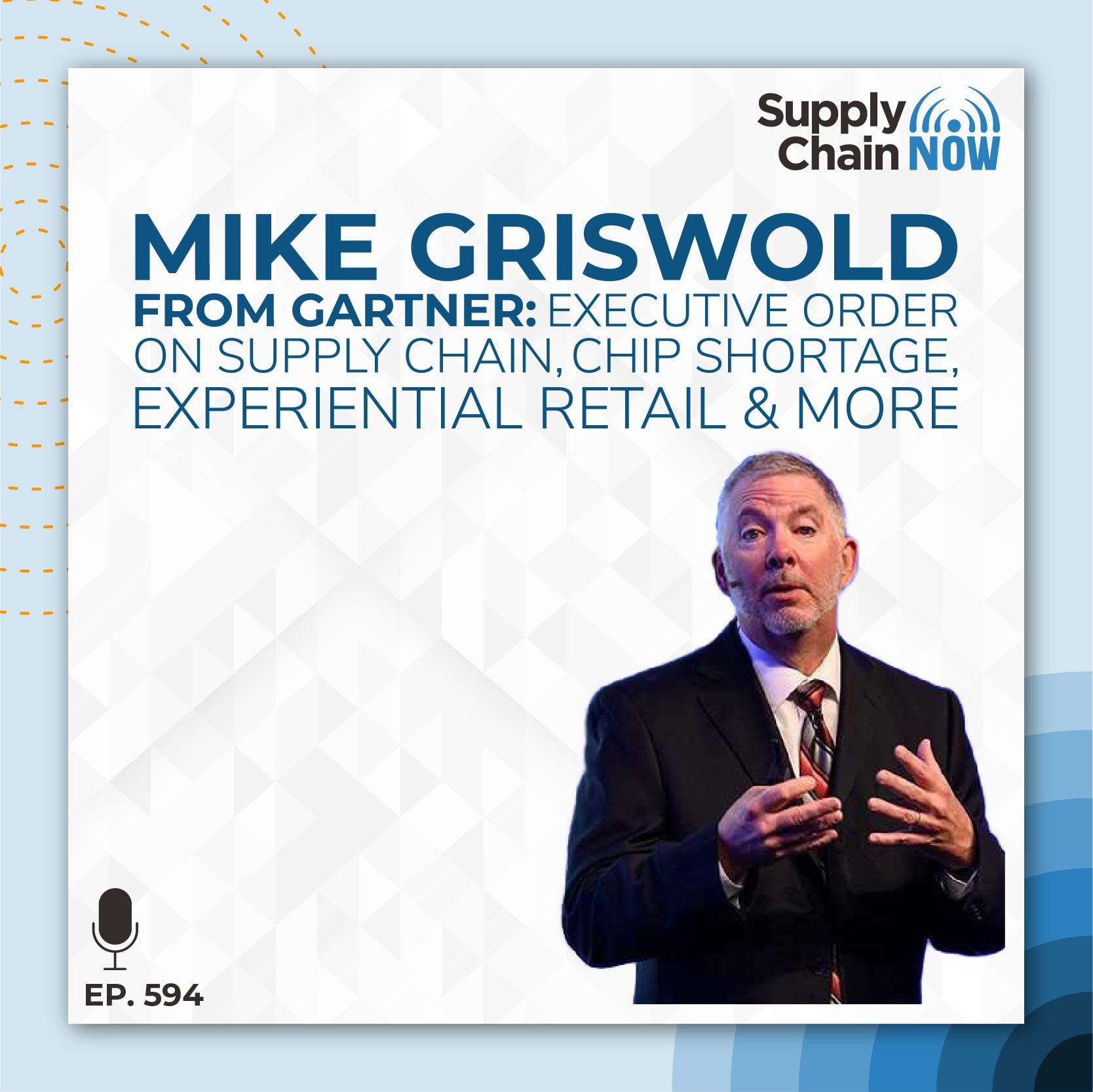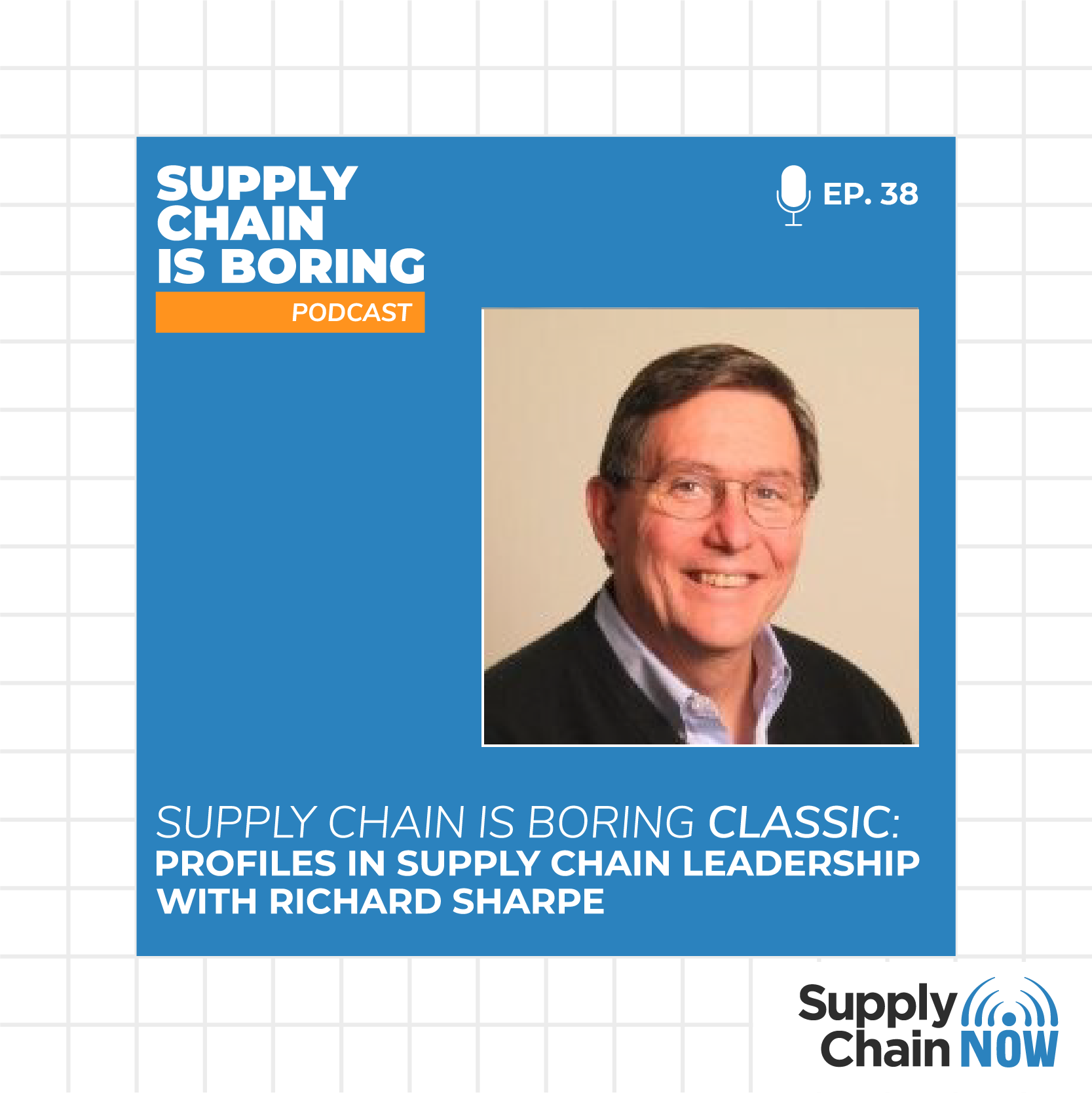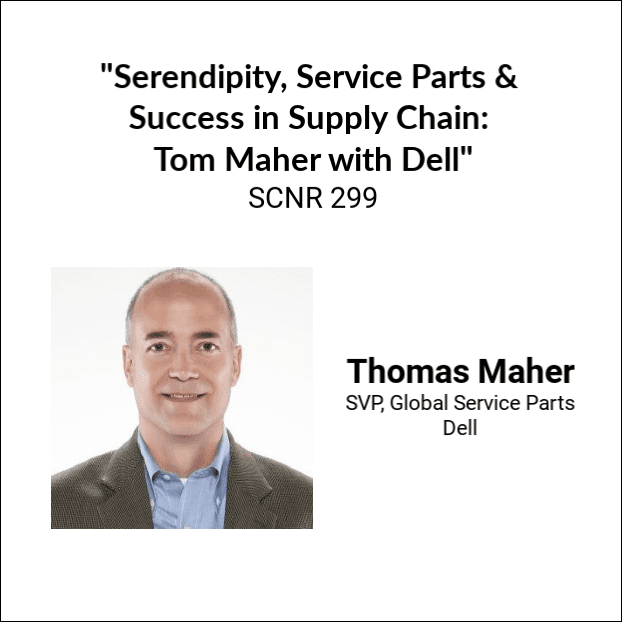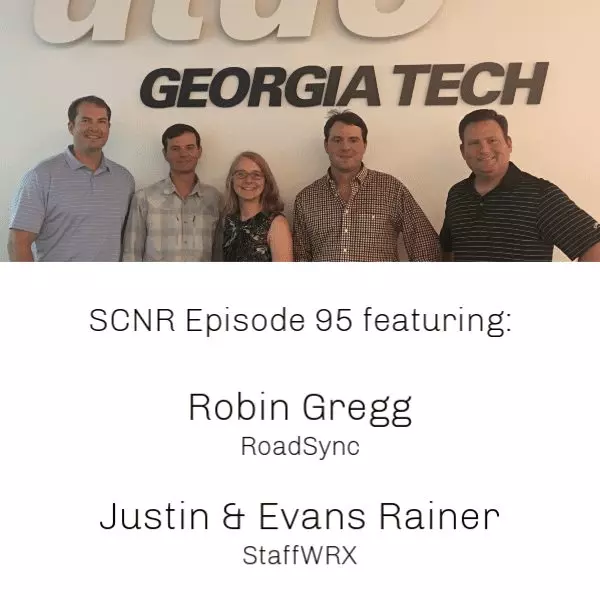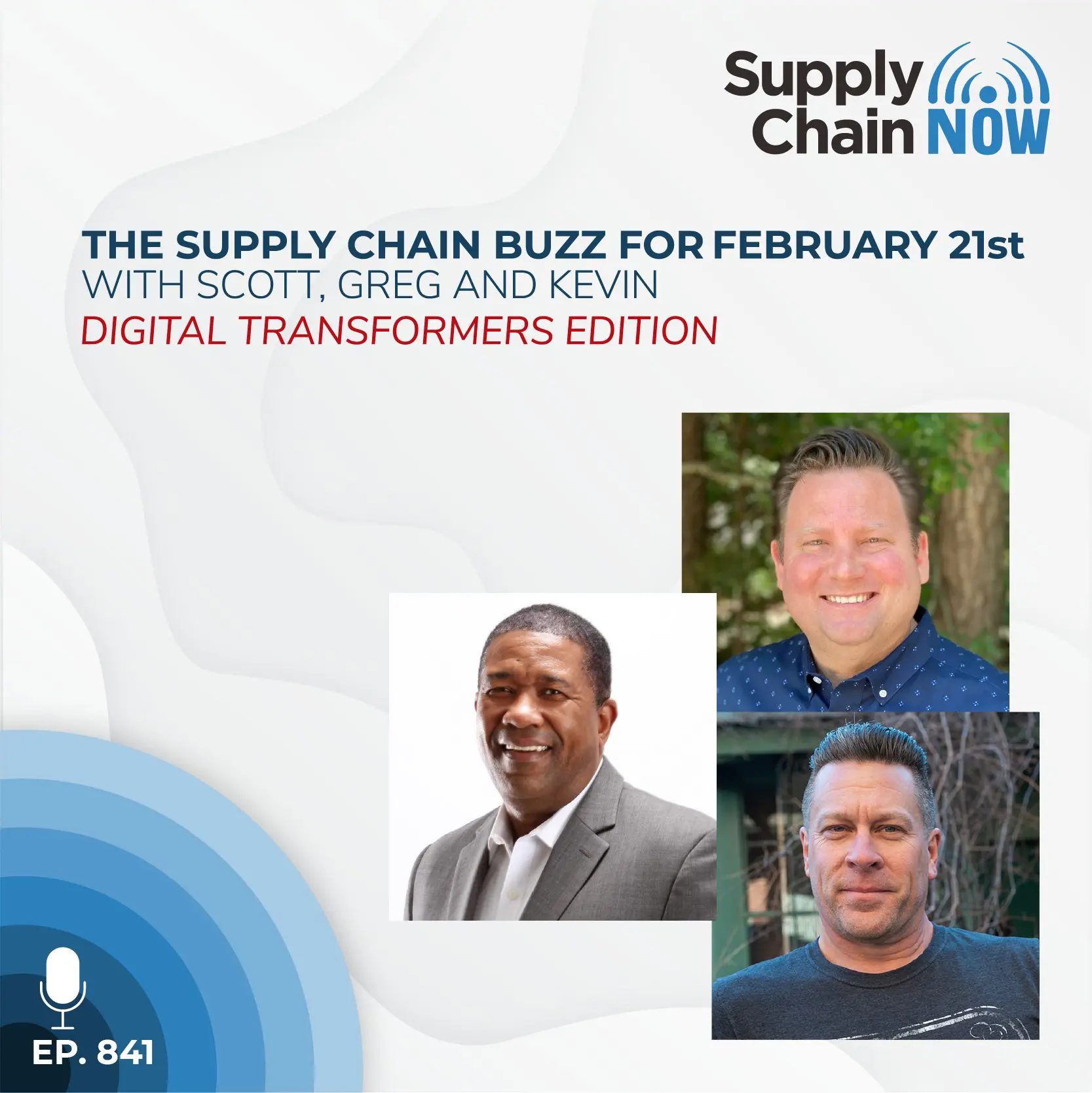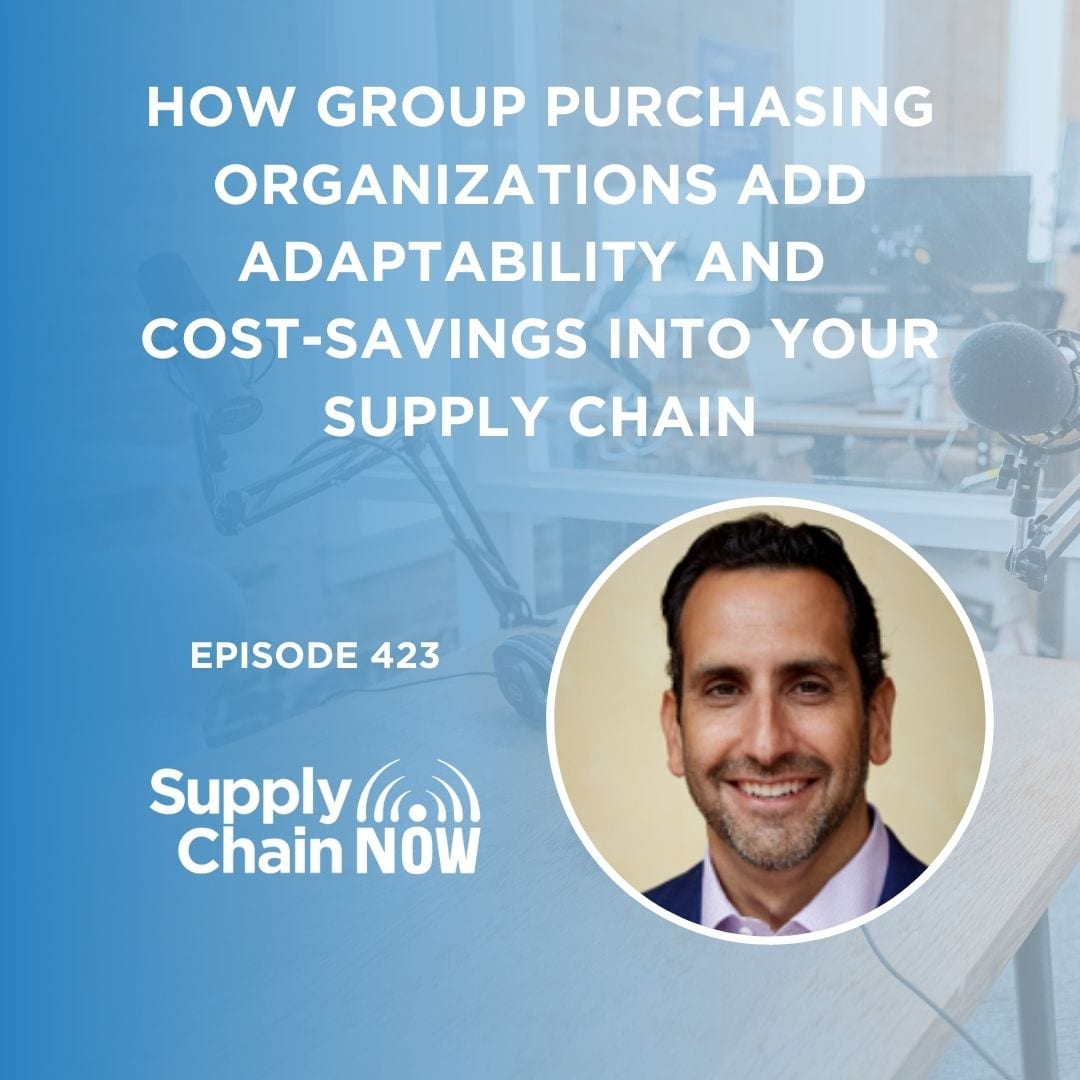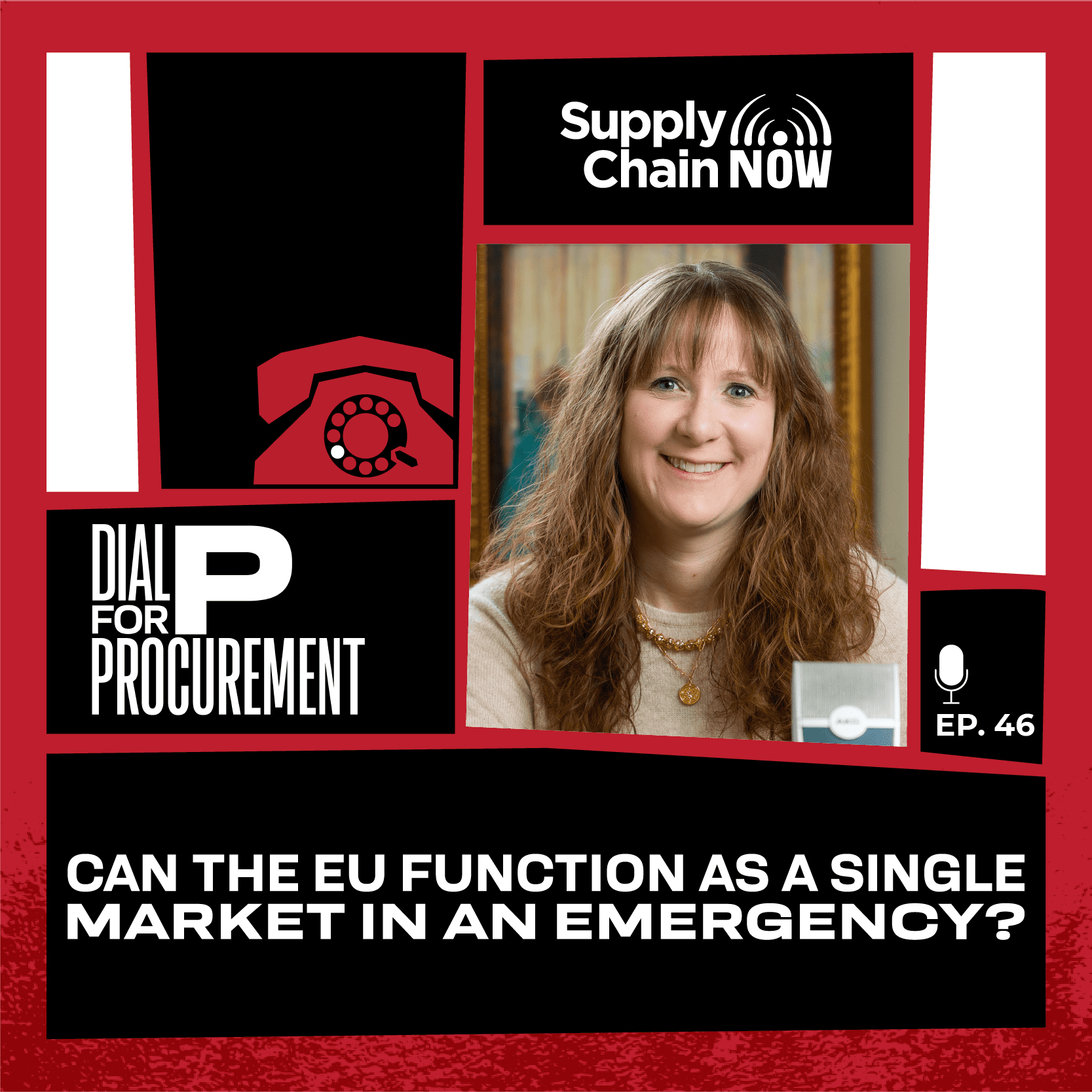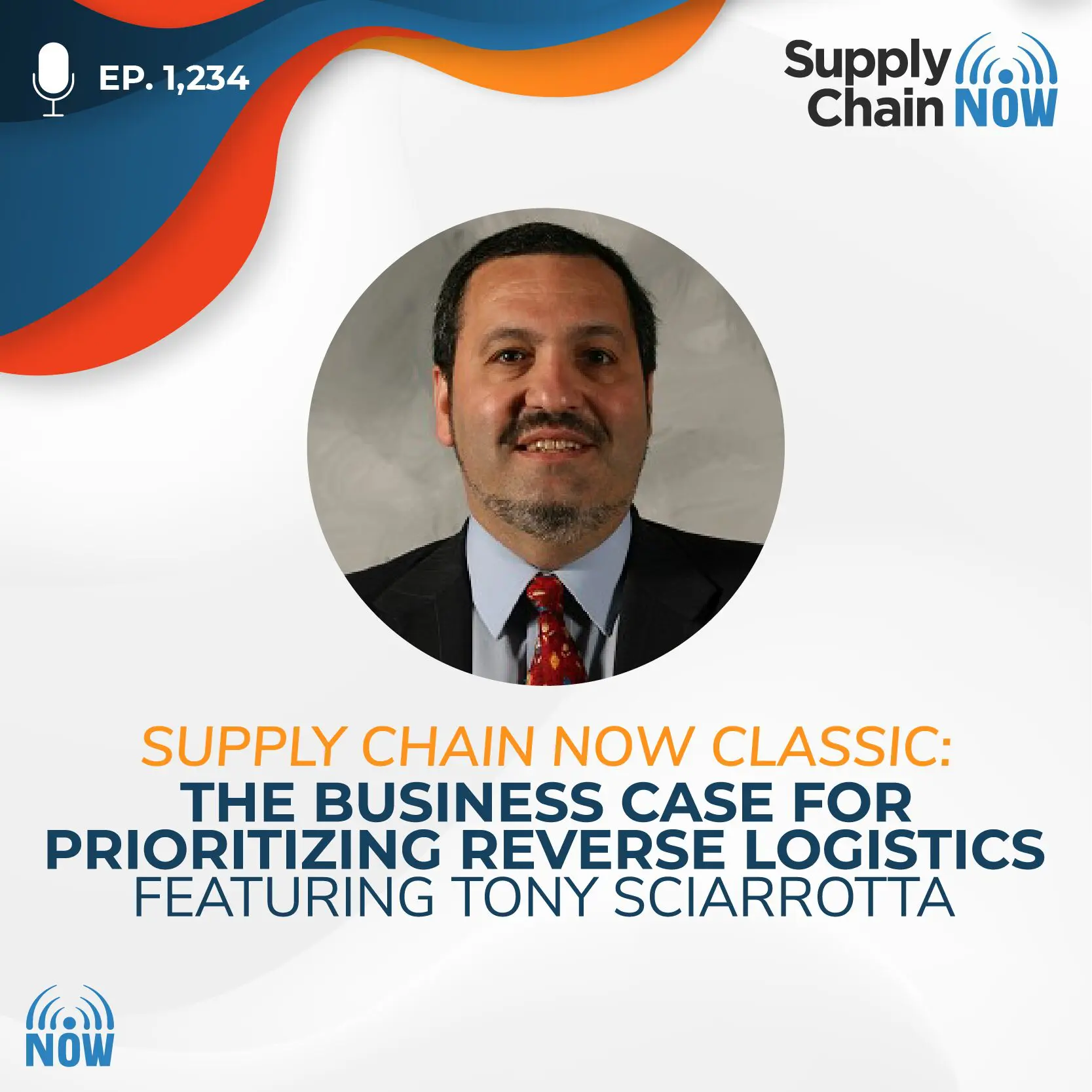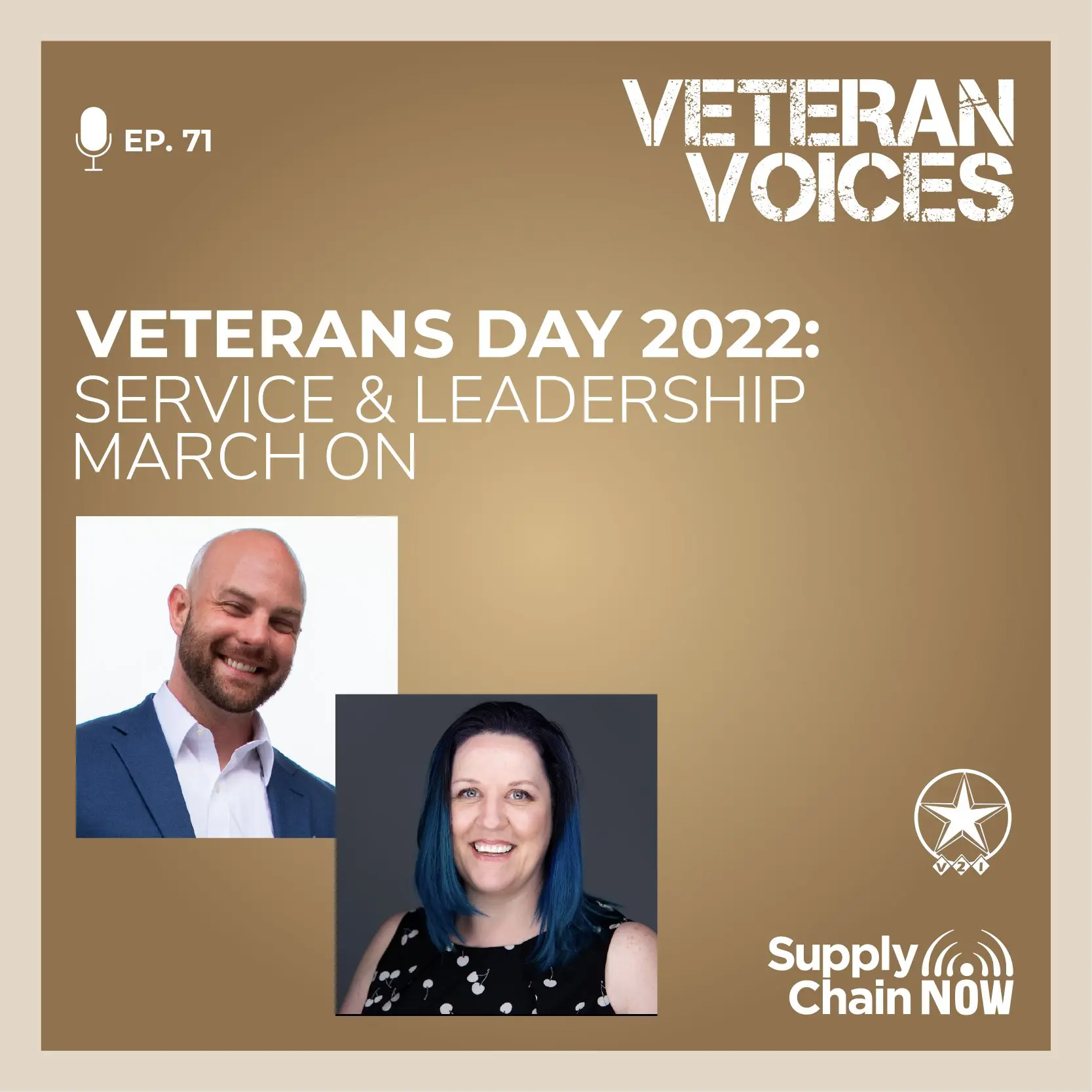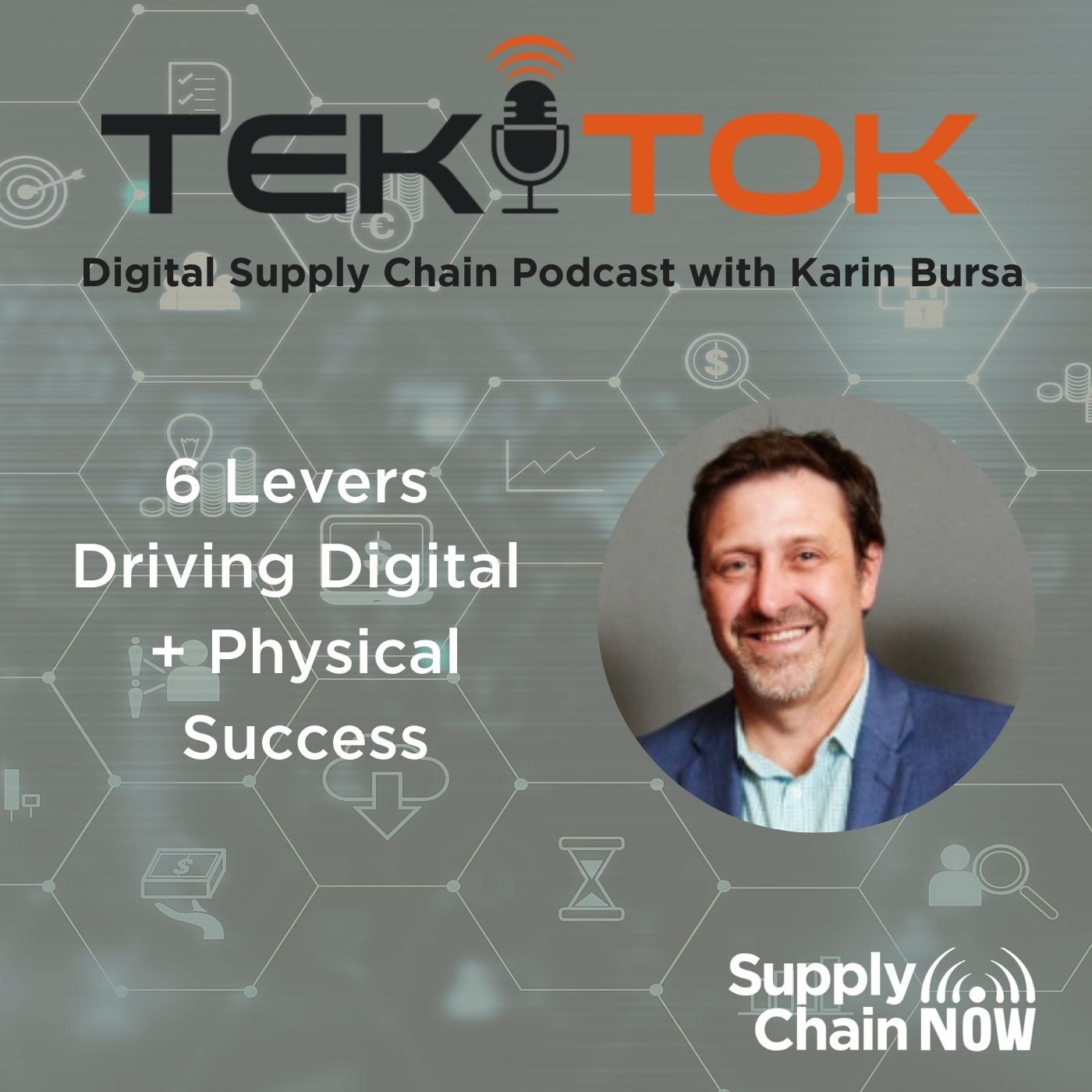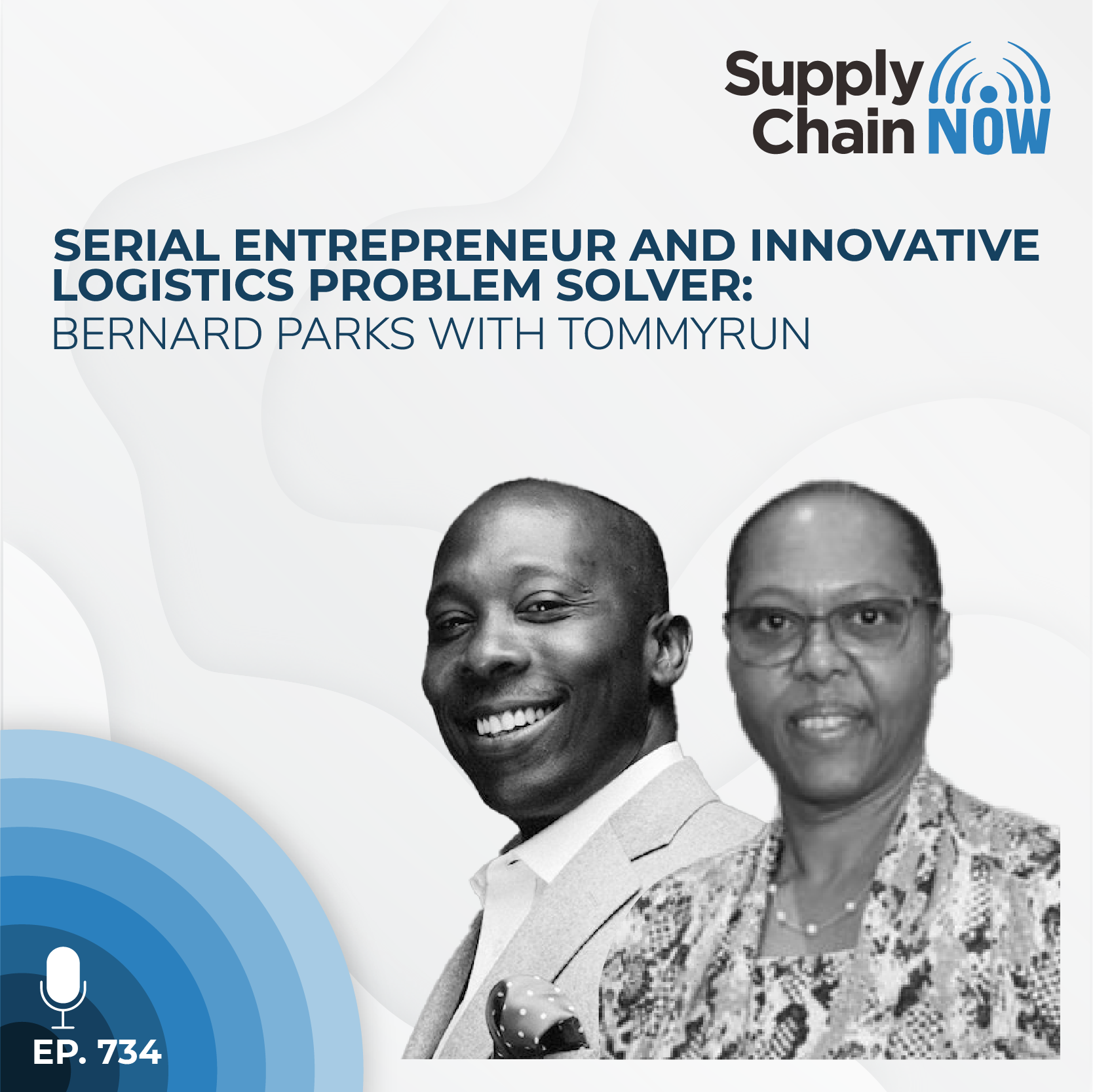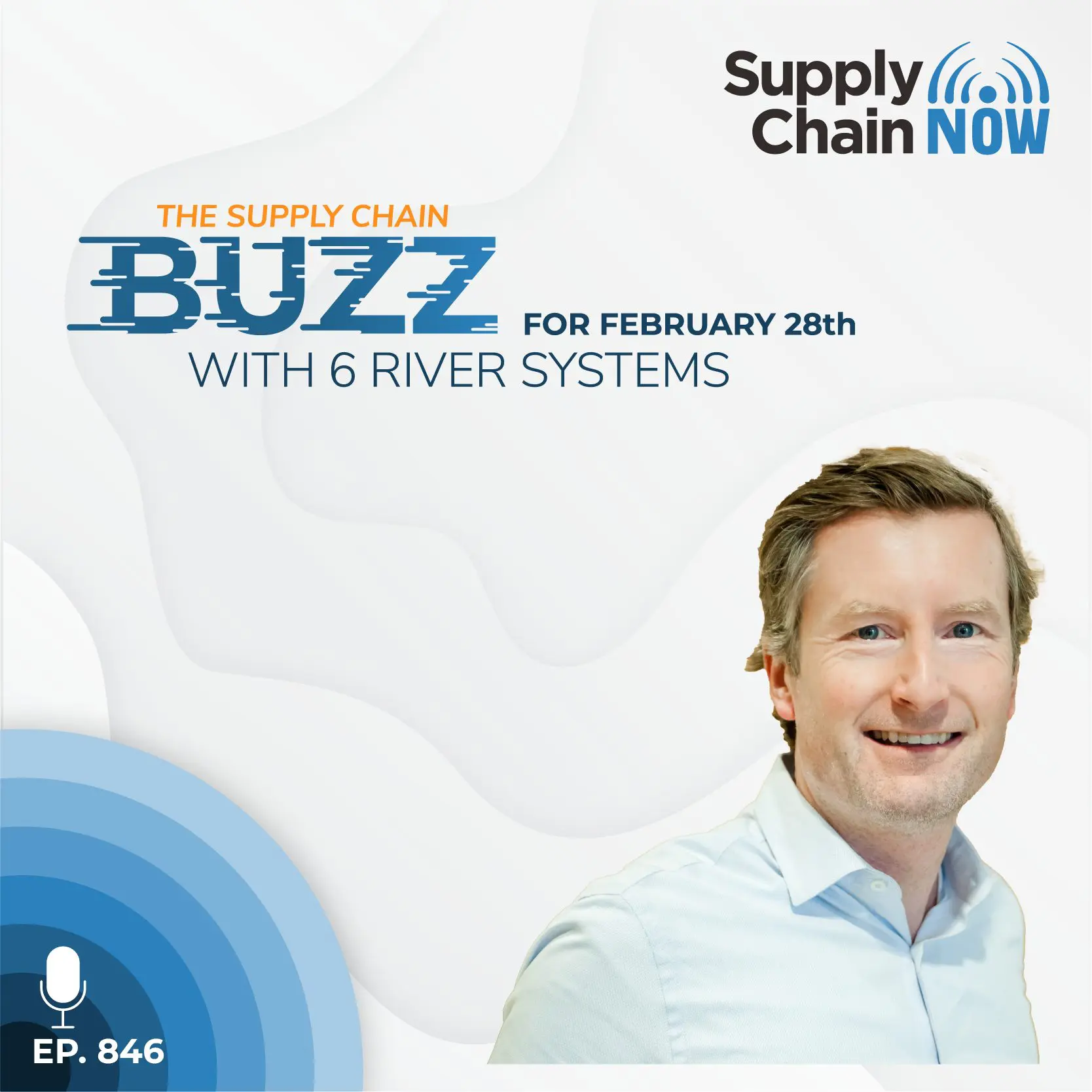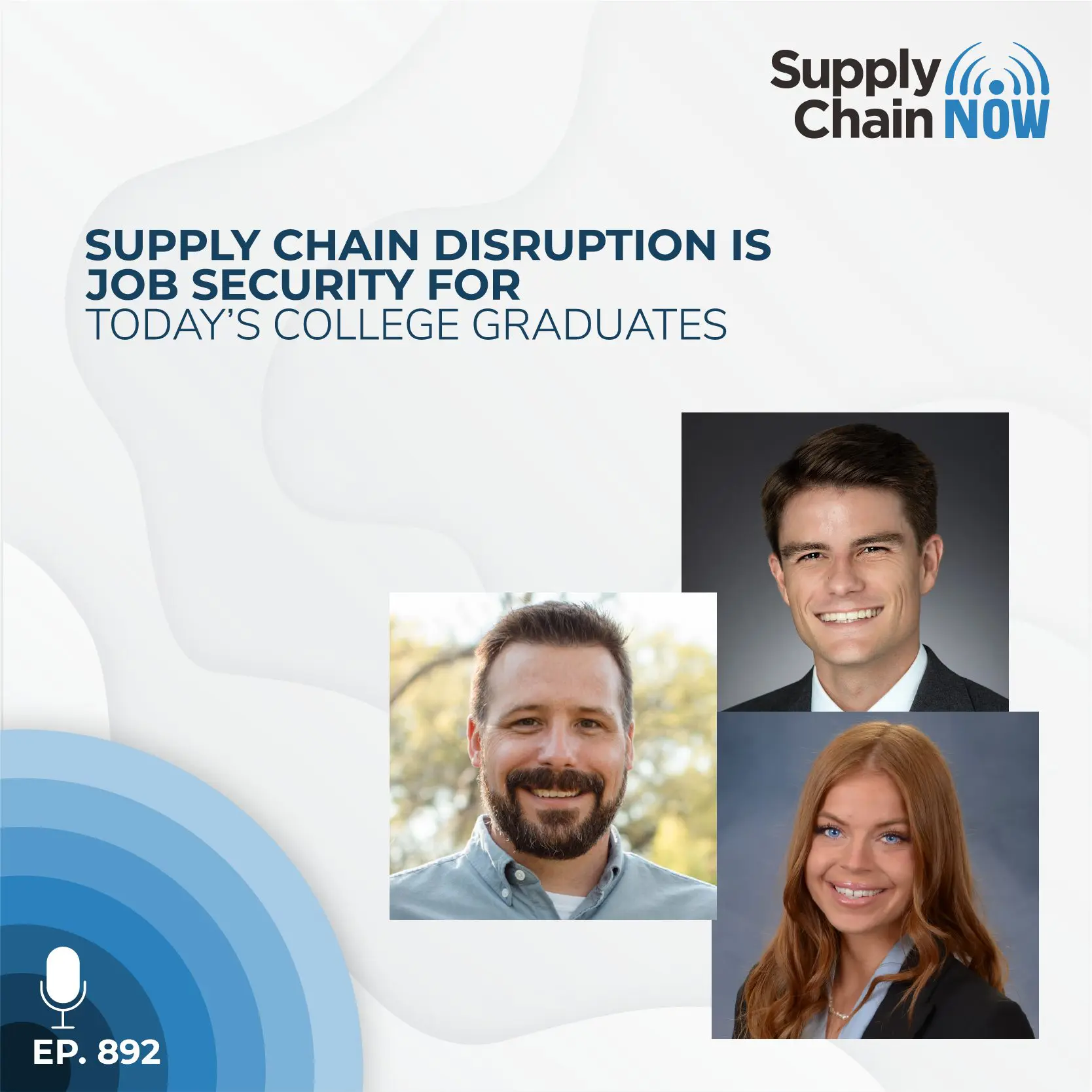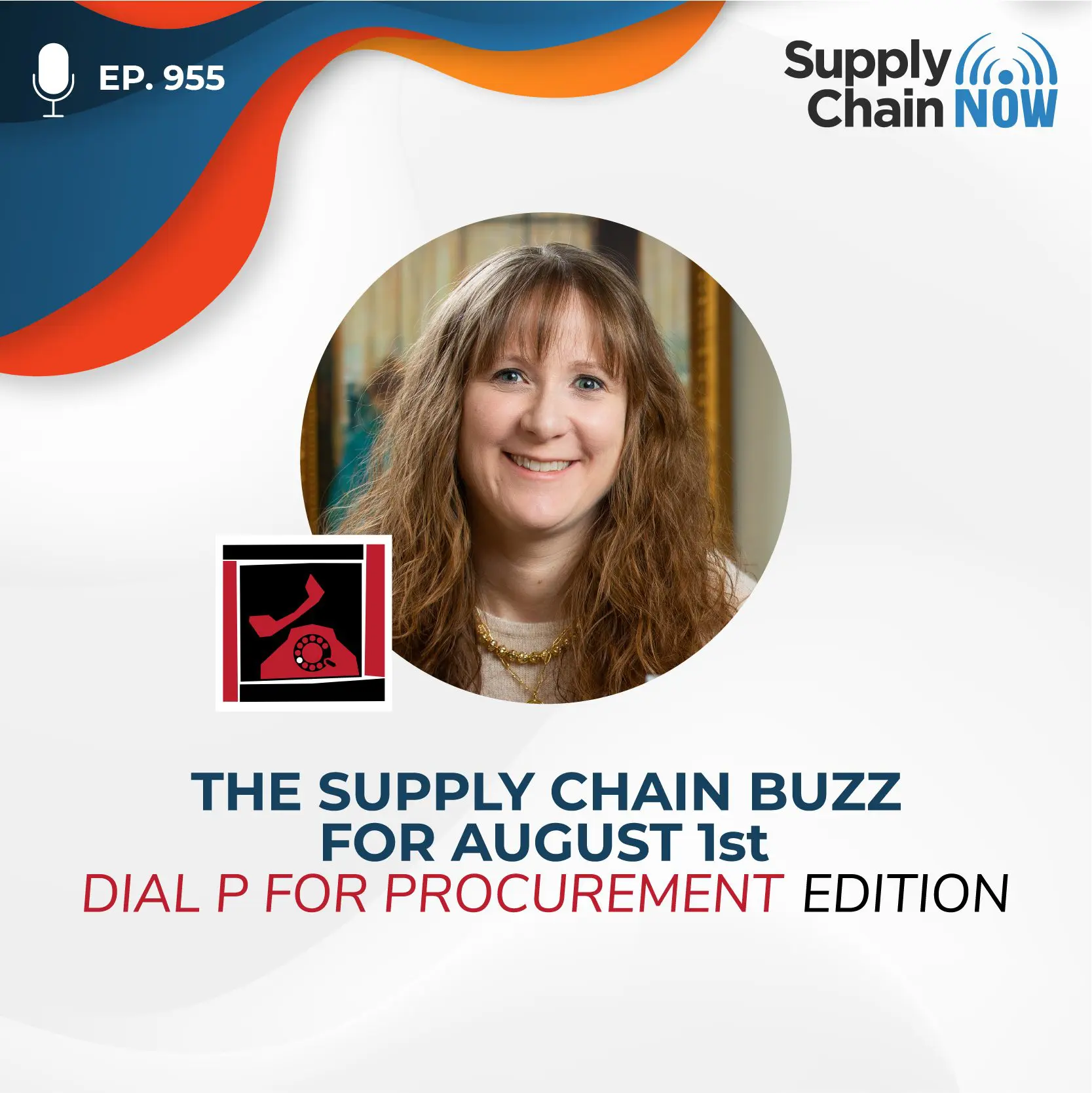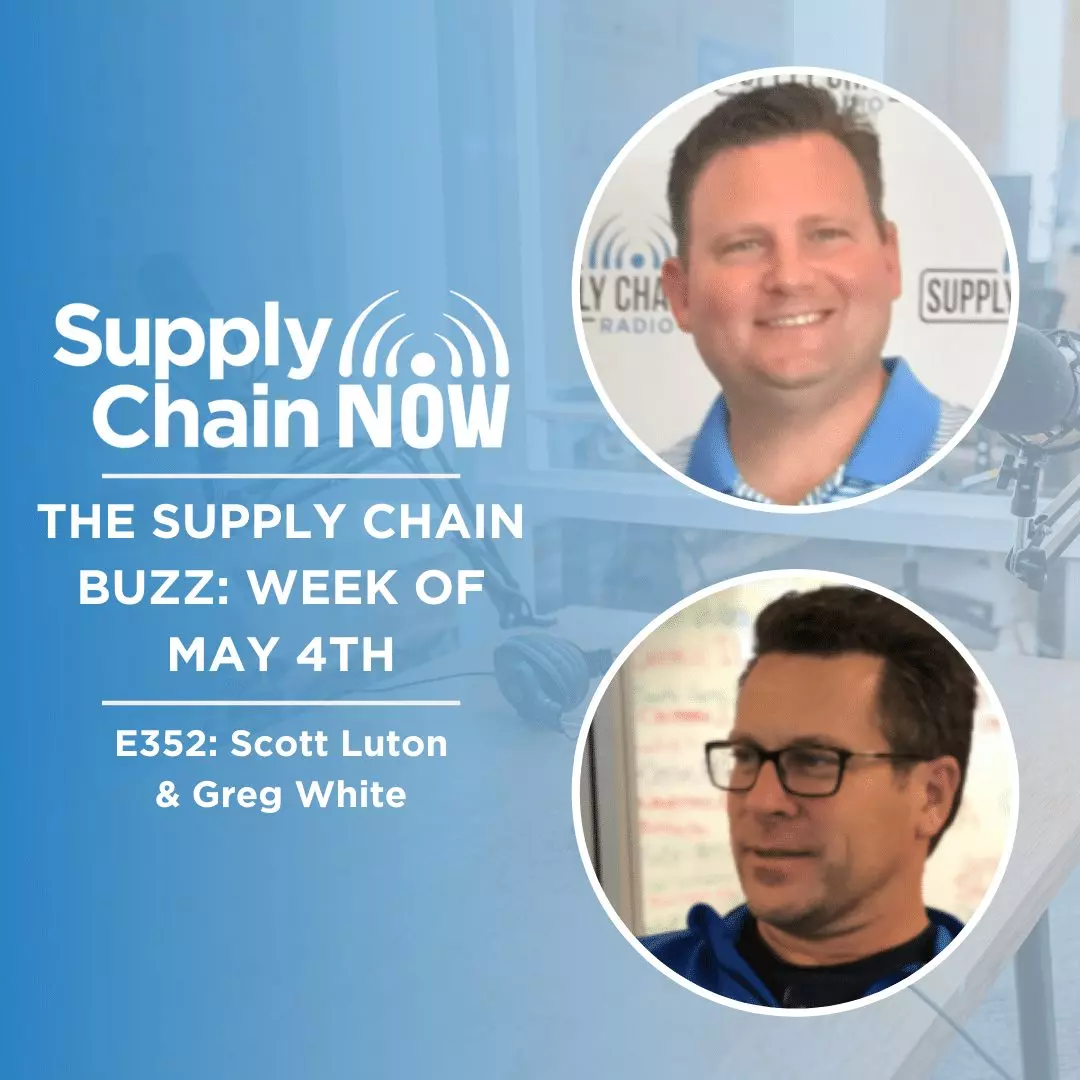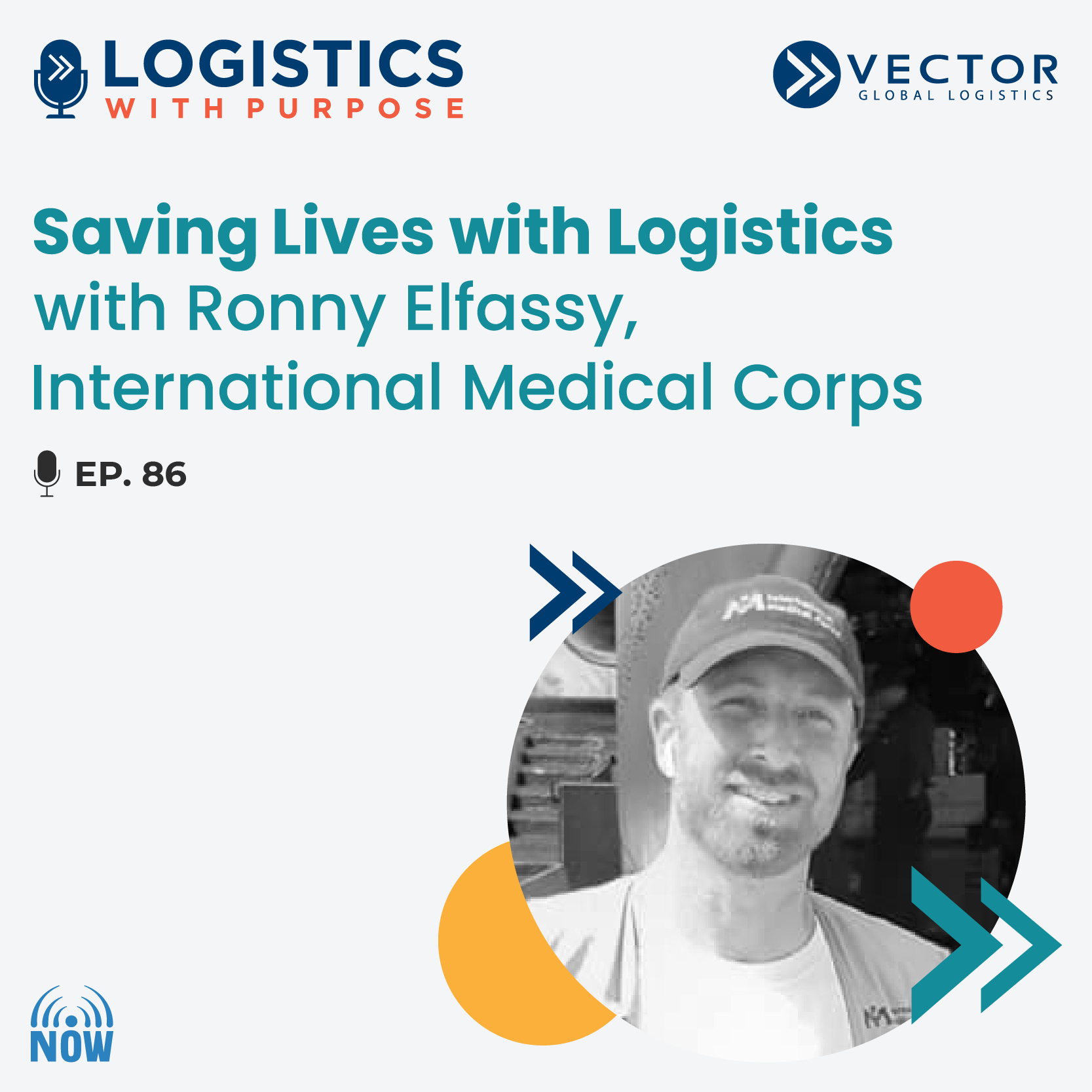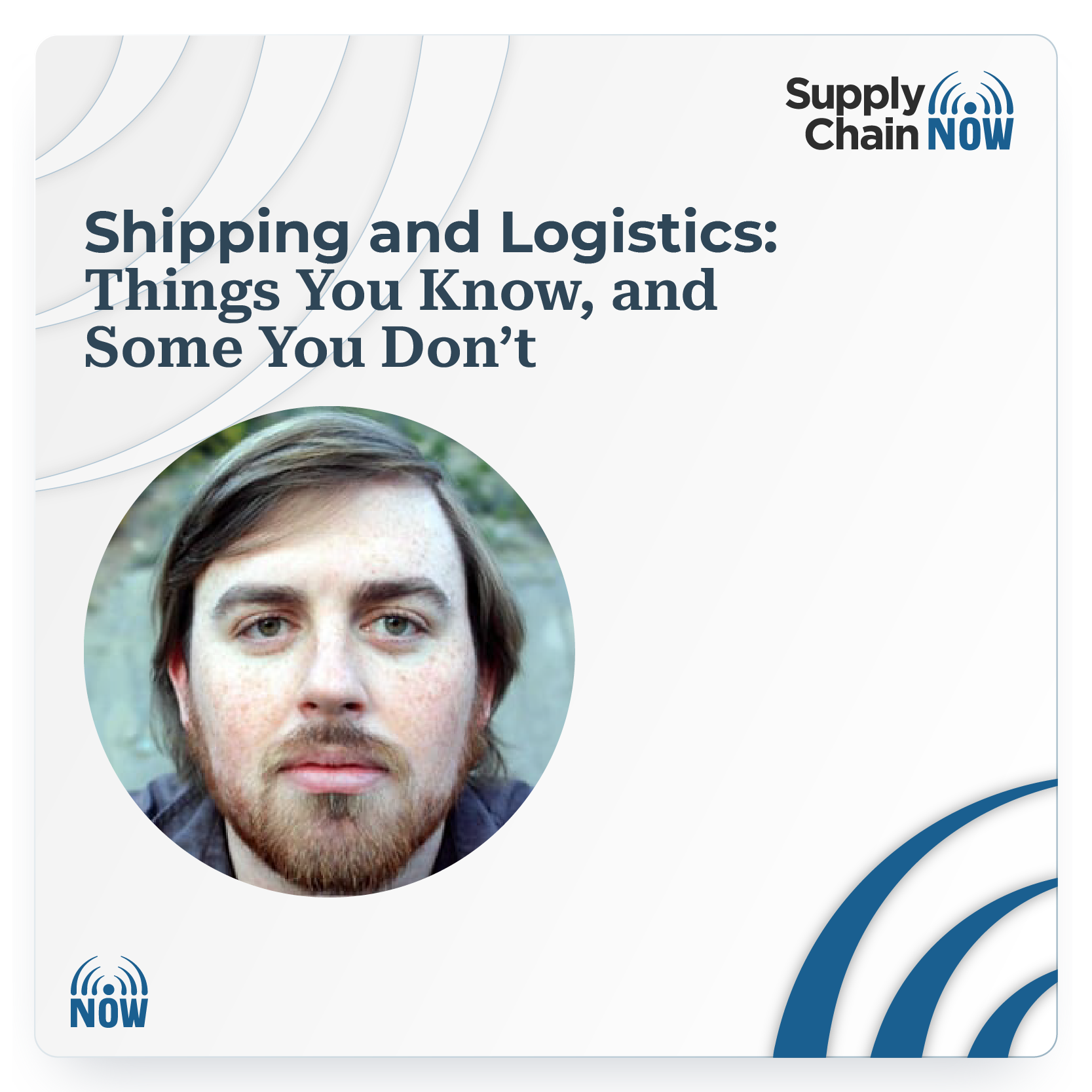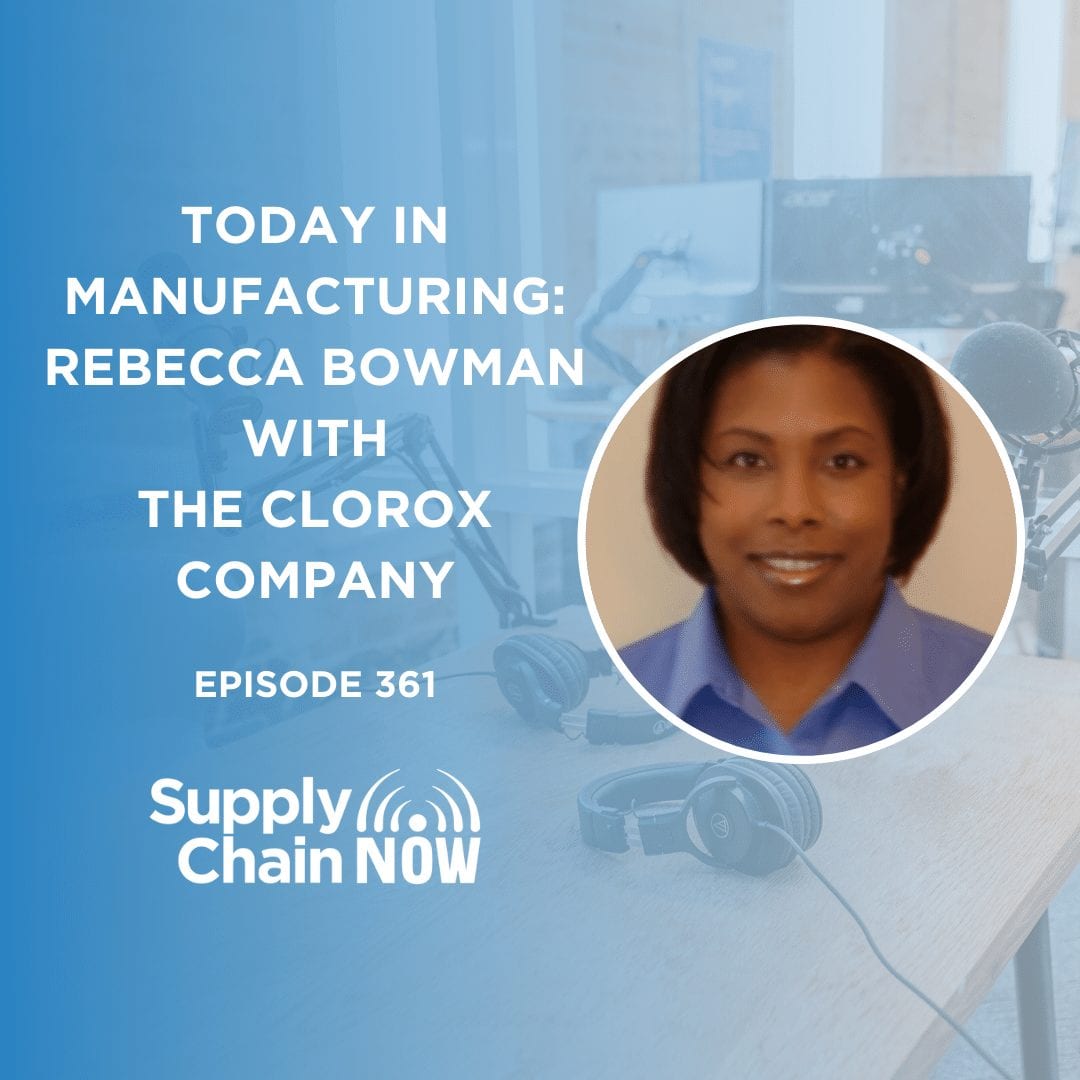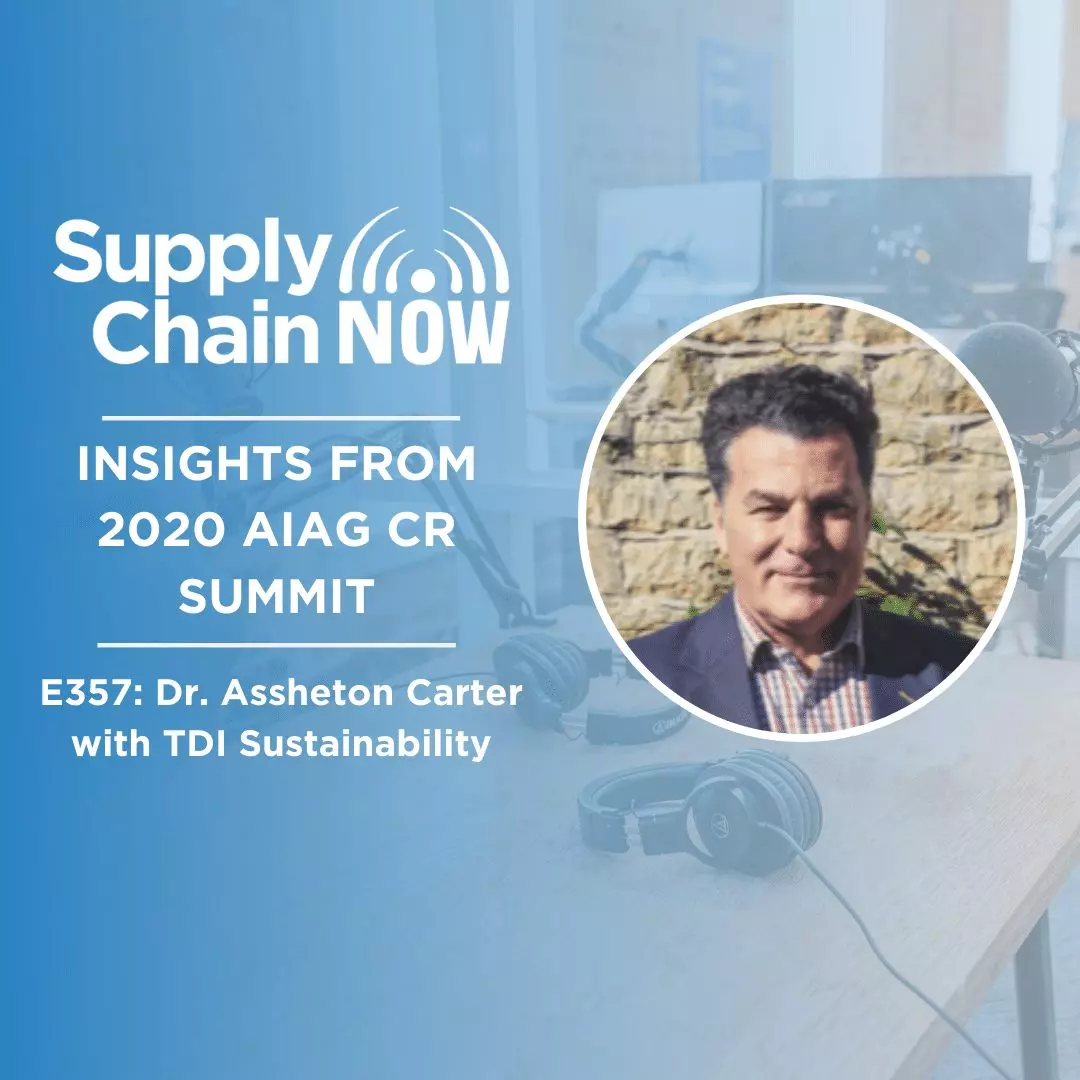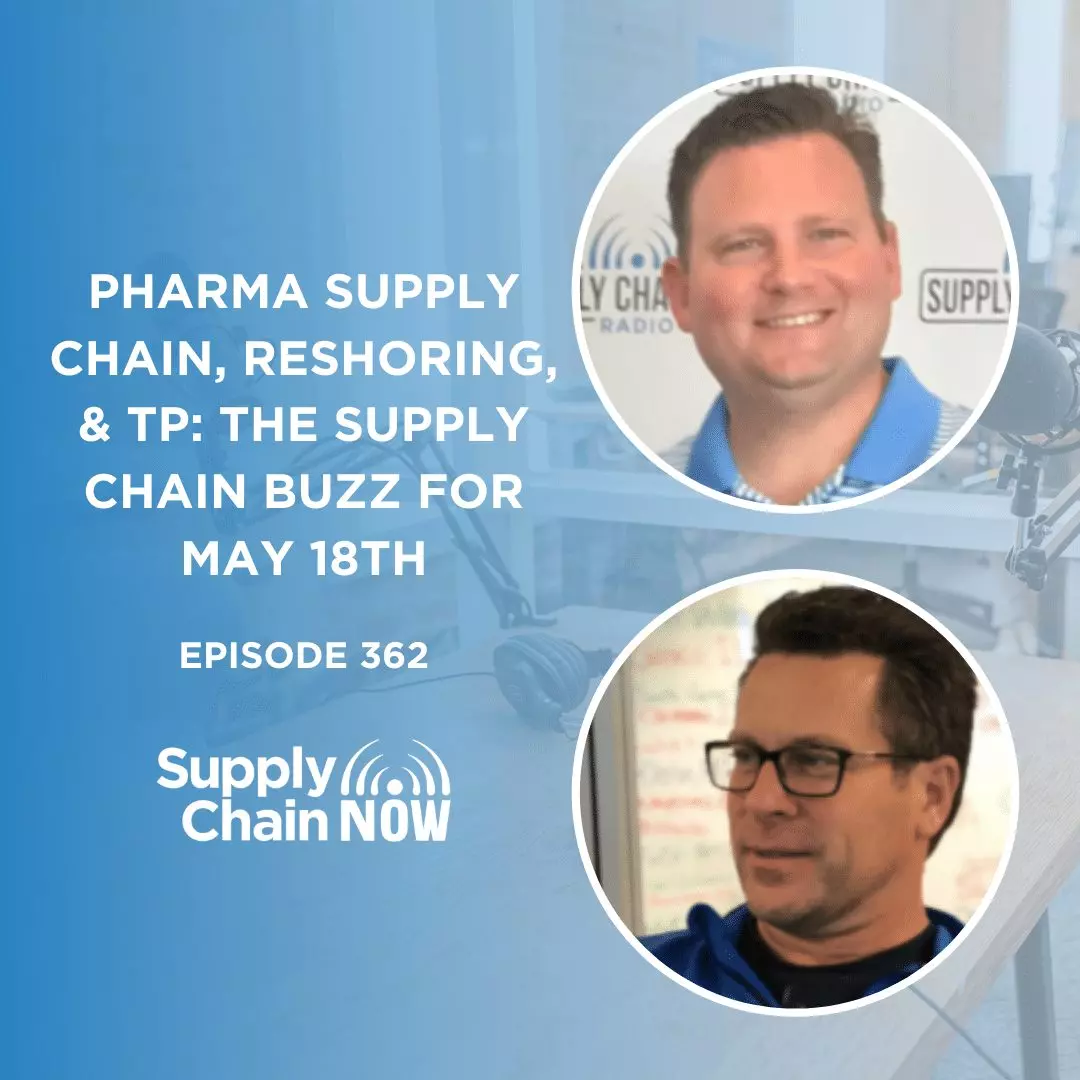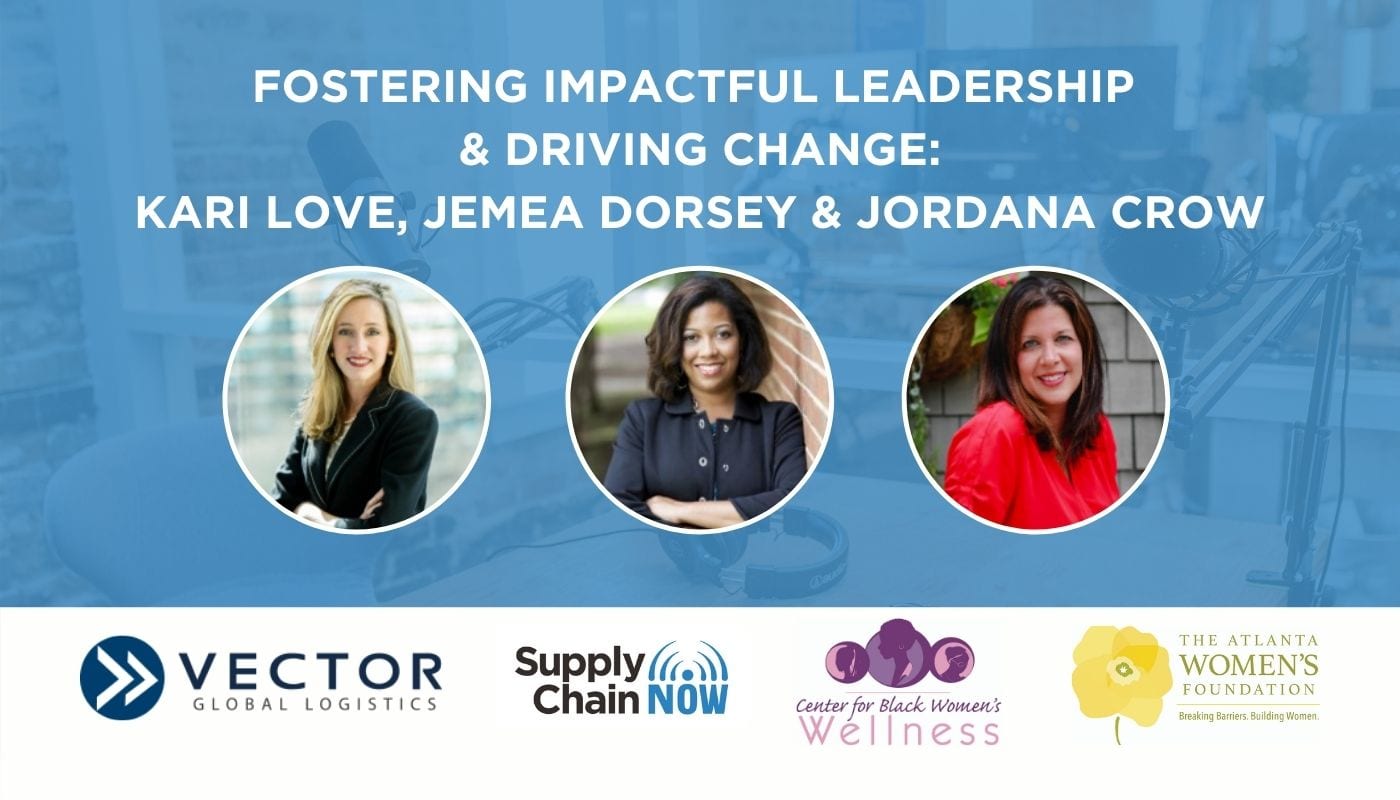
Episode Summary
“People want to work with people that they can see passion and authenticity from.”
– Kari B. Love is the CEO of The Atlanta Women’s Foundation
“By doing something for women that allows them to change their lives and take control of their lives in a different way, we change things generationally.”
– Jemea Dorsey is the CEO for the Center for Black Women’s Wellness
“Much of the incredible work that the Atlanta Women’s Foundation and their grant partners do is to provide access and opportunity to women and girls that otherwise wouldn’t have it.”
– Jordana Crow, Director of Strategic Alliances & Community Affairs, Spend Management Experts
There are so many important social issues that need to be addressed today and just as many people organizations that want to give their time and resources to help. But for all the need and good intentions, making a discernable impact is still a challenge. All three of this episode’s guests have found their calling making a difference in the community.
Kari B. Love is the CEO of The Atlanta Women’s Foundation, Jemea Dorsey is the CEO for the Center for Black Women’s Wellness, and Jordana Crow is the Director of Strategic Alliances & Community Affairs at Spend Management Experts.
Back in 2012, Kari recognized the need to focus on one issue at a time and bring in as many related organizations as possible to help. Using her new approach, they were able to achieve their two-year goals in half the time, creating momentum that carries them to this day.
In this conversation, Kari, Jemea, and Jordana tell Supply Chain Now Co-hosts Greg White and Scott Luton:
· The types of challenges that women need assistance to overcome, such as access to transportation and healthcare, education about managing their own finances, and how to advance their career
· The ways in which women of color are disproportionally affected by educational, health, and economic disparities
· The legacy of positive impact they see in the lives of the women and girls that have gone through their programs
Episode Transcript
Intro/Outro (00:00:05):
It’s time for supply chain. Now broadcasting live from the supply chain capital of the country. Atlanta, Georgia heard around the world. Supply chain. Now spotlights the best in all things. Supply chain, the people, the technologies, the best practices and the critical issues of the day. And now here are your hosts. Good morning, Scott. Welcome.
Scott Luton (00:00:32):
Today’s show Greg. Good morning. How are you doing? I’m doing very well and it is still morning. Isn’t it, man. It feels again like it’s been a whole day already, right? We start so early now. That’s right. Well, it has been gorgeous weather as year across the Metro Atlanta area and it feels like fall and football, whether it’s here, but Hey, we’re going to warm everybody up with a great conversation. We’ve got three outstanding organizations doing a ton of great work in the local and the greater community for sure. And today’s episode is all about continuing our logistics with purpose series, which is very apropos. So it’s powered by our friends at vector global logistics who are very passionate about changing the world. And this series focuses on folks that are changing the world in some way, shape or form, and that are passionate about doing so.
Scott Luton (00:01:23):
So we’ve got a wonderful conversation teed up quick programming note, Greg, before we get started with it, folks enjoy this conversation. Where should they go to learn more? Let’s have them go to wherever they get their podcasts from Scott, YouTube. Where else can they go? That’s the Cirrus is there now really soon to be refurbished and re-invigorated supply chain now.com website. And by the way, if we all had a quarter for every time we heard that phrase, wherever you get your podcasts from, we would, we’d be sitting pretty on a beach somewhere right now. Maybe you wonder. Yeah. I wonder if there are people who don’t know where the, where to get their podcasts from, but if you’ve got an iPhone, Apple podcasts, and if you’ve got a Android phone, Google cast, that’s just easy. It’s that simple. Scott did you know that like 66% of people who listened to our shows listen on a mobile device.
Greg White (00:02:16):
So when you see people with their headphones in, they’re not listening to music, they’re probably listening to somebody talk, right? They’re increasing their leadership IQ. No doubt about it. Are you going to do here with this conversation with these guests when to welcome in our three featured guests here today, Carrie loves CEO with the Atlanta women’s foundation Karrie. How you doing? Great. Great to have you here. I’ve been admiring the work your organization’s been doing for quite some time. Also Jamie had Dorsey CEO, the center for black women’s wellness. How are you doing? I’m doing great, Scott. Thanks for having me. It is so neat to have you here as well. It’s always neat to see the connections between the connections and we’re going to talk more about that and then course repeat guests, big friend, the show Jordanna Crow, director of strategic alliances and community affairs at the one and only spend management experts. Jordanna how are you doing?
Jordana Crow (00:03:09):
Doing great, Scott, Greg, thanks for having me Carl and Jamia. So happy to be here with you now
Scott Luton (00:03:15):
Standing. Okay. So we’re, we’re really excited about this conversation about the work you do and the relationships there, but Greg, before we get there, we need to find out about each of these three panelists and, and kind of dive in a little bit about their backstory. So Corey, I want to start with you, tell us about where you’re from and give us an anecdote or two about your upbringing.
Kari Love (00:03:36):
I am a native Atlantan born here and raised here, went to the university of Georgia, go dogs and, um, came back home to, uh, begin my career. I started out in radio, had a little bit of a familiar format for me after a few years of working in radio and doing promotions and marketing work, decided to really follow my passion and began my career in, um, in nonprofit work, which I’ve done for the last 20 ish years now. And as far as an anecdote, I would, it just, it relates to my career. I been fundraising since I was a little girl, it started really early for me as you know, selling girl scout cookies. And, um, I’m really going to date myself now, but doing fundraisers and going door to door, collecting funds for the Jerry Lewis telethon. Oh yeah, yeah. A long time ago. And so anyway, um, even in my years in college, I was a philanthropy chair for my sorority, to me, the big tennis tournament, um, at the university of Georgia. And then, um, even in my, my years in radio, we did radio bonds and um, I feel like I’ve been fundraising for an awful long time. And um, I have been able to turn that into, um, you know, my career. So outstanding a little bit, a little bit about me.
Scott Luton (00:04:59):
Well, you need to move the needle, you gotta have the wherewithal to do it and, and really appreciate your expertise there. And you mentioned girl scout cookies. I’m not going to get thin mints off my mind over a couple hours.
Kari Love (00:05:10):
Thank you.
Scott Luton (00:05:11):
All right. So we’re going to circle back to own a key mentor and advocate, but let’s move along to Jamia. Jamie, tell us about your, where are you from and, and give us a key anecdote or two about your upbringing.
Jemea Dorsey (00:05:22):
I am originally from Brooklyn, New York, but have been in Atlanta. So I moved to Atlanta back in 94. So I have spent most of my adult life in Atlanta. So I consider myself a Georgia Apple, a little bit of both. I, you know, Atlanta is near and dear to me. I was here for a couple of years prior, and then I just literally stumbled upon the center for black women’s wellness. And when I stumbled upon it, I fell in love. I, when I was in New York, I was doing work around educational, um, policy
Jemea Dorsey (00:05:58):
And educational evaluation. And I knew there was a yearning for me to get into community grassroots organizations. Um, and so when I learned about the center and came to Atlanta, it’s just, I’ve been there ever since in different capacities. So kind of on a personal note, I think the reason why I kind of fell into non-property work probably from my parents, my mom initially was an educator. She was a teacher, I was in elementary school. Then she eventually went to law school. So I think from that, I realized that women can just do anything they want to do and they can change course. And so that gave me a lot of courage. And also there was just always this connection to grass root causes and community and caring about those who needed support, especially with young people. So I think that’s really kind of what got me to where I am today.
Scott Luton (00:06:56):
Love that. And we’re going to dive in deeper to your organization and learn about all the good stuff you’re doing there. But, uh, do you miss the Brooklyn winners? Jamie?
Jemea Dorsey (00:07:06):
I do not. So, uh, w w w my family here, my husband and my son, we tend to always go to New York in the summertime, which although it’s terribly sad in the summertime and every now and again, when we have to go to the winter in the winter months, it’s like, Oh boy, I realize I’ll, do I love the South?
Scott Luton (00:07:24):
I did the right thing. Yes. Hey, I love the, the talented people from all walks of life. Did Atlanta brings here. It’s like a magnet. So looking forward to diving more into your organization and thanks for sharing the inspiration that your mom is, uh, is outstanding. And we’re gonna circle back on my mentorship momentarily. All right. So Jordanna, Jordanna Crow. Repeat guests here. Tell us more about yourself, where you’re from and give us an antidote that folks may not know about you.
Jordana Crow (00:07:51):
Well, I was, um, born in New York, uh, raised until I was four in Queens. Jamie moved out to long Island. I came to Atlanta for college. I attended Emory university graduated from there, right on the cusp of the 1996 games. So I’ve completely dated myself. And I had the incredible opportunity to work for the Atlanta committee for the Olympic games. And I worked in athlete registrations. My job was to register the 10,000 athletes and the 5,000 team officials to their appropriate activities and events. It was an incredible opportunity, obviously it was off and running, sort of in that sense from a career perspective, being here and having contacts here and networking here. And, you know, I’ll always call New York home, but I’ve been here for so long. It’s just been a wonderful city for me to, um, meet my husband, raised my family. So I’ve loved being here.
Jordana Crow (00:08:45):
I still love visiting New York and miss it since I have not been able to be back in a full year this point. And hopefully that changes soon. I like car also sold girl scout cookies, trudged through the snow and ice by myself to get those sales. So I was always committed and pushing, you know, to get the, you know, to get what I wanted, what I needed. So I guess I’m a fellow girl scout. That’s interesting anecdotes. I think, I think the Olympics is probably my interesting anecdote. I never really knew what I wanted to do, but fell into that had the opportunity to have that allow me to grow my career in client service, project management events, et cetera. So that’s kind of how I got to where I was falling into an almost accident.
Scott Luton (00:09:26):
I love that. And by the way, I’m my wife and I, Amanda had been checking out this new series on Netflix, Netflix about, uh, Richard Juul. And it’s kind of like a series version of the Clint Eastwood movie at that came out. And it’s fascinating some of the details there that I had no idea. So 96 limit certainly iconic when it comes to, uh, the city of Atlanta putting it on the dot from an international standpoint, too. Okay. So let’s circle back really quick. Cari, all three of you, all kind of alluded to, um, you know, your journey, your professional journeys, and, and some of you spoke about, uh, important figures, but what’s one person in particular, you point back to key mentor advocate that played a big role in your career.
Kari Love (00:10:09):
For me, I would say it was my dad. He, um, he was an amazing example to me, of Midwestern. My parents, uh, moved down here in the early sixties from, from Minnesota and so hard work, you know, was a very strong ethic for them. And so I, you know, obviously, uh, my dad’s similar to what Jamie was saying, you know, my mom or my dad said, basically, you know, you can be whatever you want to be, and I believed him. But the other thing is, you know, so important to follow your passions and, um, use your gifts and talents. And when all of that aligns, that’s when you find success. And so anyway, that was, those were some of the things that my dad, you know, that he shared with me and my brother I’d say that he was, had such a huge influence on my life. Outstanding. What was your dad’s name? Bob
Scott Luton (00:11:05):
Standing. Well, appreciate you sharing. Very meaningful. Okay. Uh, so Jamie, uh, you you’ve talked about your mother, but who else, maybe beyond your mother that played a key role in your journey?
Jemea Dorsey (00:11:15):
When I reflect on that, when I first got to the center for black women’s wellness, I was in my early twenties a long time ago, but I was really mentored by our former CEO, Cheryl boyfriends. And I really have, I’ve considered a great privilege to have, you know, kind of sat on her feet for many years. She, um, always, she was really kind of a community organizer at heart. Um, very committed to the community, very committed to wanting the community to be better at the time I was serving as a project assistant for a teen pregnancy prevention program. And at that time, the nineties, you know, teen pregnancy is such a big issue. Um, and it’s still is, but at the, at the time it was, you know, um, so common just to see teen moms. And I was struck by this approach at the center for black women’s movements had at the time where it really was about organizing parents and other concerned adults in the community for them to be the ones to shape messages around reducing risky behavior, and to see Cheryl Boykins in that moment, having these huge community meetings where you had, you know, moms and dads coming together and just, you know, talking about their love for their community, their love for their children, their concerns, their fears, and I just marveled at it.
Jemea Dorsey (00:12:36):
And one of the key things that I continue to think about, um, working under her was her commitment, not only to the community, but her staff and especially in times like this with COVID and we’ll all have gone through so much, you know, one of the things that I, you know, I just knew immediately was that, you know, got to take care of our staff, you know, it’s like, how do we make sure that we in all of this exhaustion of it, that we value self care and value our people. And so, you know, I think about her often, I mean, she moved back to Florida when she retired and I took her position around 15 years ago, but she really was such a trailblazer that she certainly was, um, very, is and continues to be so influential on mine,
Scott Luton (00:13:22):
Love that we got to help ourselves before we can really fully and effectively help others. And that’s, we’ve been had countless instances of that lesson to be relearn and relearn through a challenging like 2020. So thanks so much for sharing, uh, sheriffs contributions there. All right. So Jordanna same question. I may have a hunch you’re going to share. We’ll see if you surprise me, who is a key mentor advocate in your career?
Jordana Crow (00:13:47):
I think I’m going to surprise you here. I’m going to share someone different from my previous podcasts and I’m going to go with my mom. And I think part of why I’m going with that, especially as it relates to the conversation we’re having today is my mom was born in the, you know, the late thirties in Europe, uh, war torn Europe, she’s a hidden child of the Holocaust. She eventually made her way to America through a series of incredibly fortunate and blessed events. And when she was being raised here in New York, she really wanted to go to college and do incredible things. And at that time you went to college or school as a woman, and you either were a secretary, a nurse or a teacher, and those are all incredible noble amazing positions. And my mom did go on to become a teacher. She was incredible teacher, English, English, English as a second language. She was a Holocaust resource professor, but she always shared with me that, you know, had she had the opportunity given the chance she thought she would have maybe gone to medical school, become a doctor, do some other things. And she did go back while was teaching. She got an
Jordana Crow (00:14:52):
MBA. She further educated herself. She’s always taken additional courses, continue to education. But one of the things she was passed on to me is that, um, much like car, his dad said to her, you can be anything you want, but also I’m going to give you the access and the opportunity. If you work hard, we are in a blessed and fortunate situation to be able to give you what you need to go on the path that you want to be on. And that is super, super important because much of the incredible work that the Atlanta women’s foundation and many of their grantee partners do is to provide that access and opportunity to women and girls that otherwise wouldn’t have it. And I realized being raised by my mom and her not having those opportunities, because it just wasn’t what you sort of did at the time that she gave me such tremendous power by offering me that access. And that opportunity
Scott Luton (00:15:49):
Love that. Now we dove deep into the story of Grace Hopper, which if you’re a technologist or non technologist, a fascinating figure from the thirties, forties, and fifties, one of the world’s first ever computer programmers and considered by many to be the mother of COBOL, which is one of the world’s most successful computer programming languages. And she kept pushing. She refused to take, no, she didn’t have some of the access to it that you spoke about. And, and her key idea was laughed at for three years, but she changed the face of technology and certainly computer programming from real resilience, not resilience you hear about and talk about so much these days, but really refusing to, to back down for people that laughed at her ideas and, uh, just some such an inspiration, uplifting story to hear it, to combine with the three perspective you’ve shared and the important figures in your journey.
Scott Luton (00:16:40):
So thank you for sharing each of that with our audience here today. All right. So Greg got to bring the, the MVP off the bench here, back into the conversation. Greg, I think we’re going to dive deeper into, uh, the organizations that are represented here. Right. You know, I’m just kind of reflecting on this conversation just so far. And, you know, it’s interesting if it’s, it is very Midwestern, of course. And I, and I realize elsewhere to be, to be told you can be anything you want to be, right, man, woman, child, trailer, trash, you know, whatever. I mean, you, you can, if you want to be, and, and the want to be is Jordanna, as you said, is, do you want to work for it? Right. And clearly we’ve seen three examples here and having three daughters it’s really encouraging. I love it when we do these episodes, because I can just point the girls at them and go, just watch this, right. I mean, you, you could be all of these things. It’s already that encouraging, but tell us a little bit, uh, you know, what we want to know is a little bit about each of your organizations and how you are giving forward, bringing good to the community. Sakari, let’s start with you and talk about, of the mission and,
Greg White (00:17:50):
And, and how the Atlanta women’s foundation operates and what, what’s your purpose and what inspires you about it, or what do you think it inspires other people?
Kari Love (00:18:00):
So the Atlanta women’s foundation, um, our mission is to be a catalyst for change in the lives of women and girls. And the way that we do that is through our strategic grant making, which genius organization has been part of, part of our strategic grant making, but also, um, through, um, leadership development appointment. And so, um, that’s what that really the two main ways that we, uh, ex execute our mission in the community. We raise funds from the community that we then reinvest back into local nonprofits for the strategic grant-making. And we’ve been doing that since actually we were started out as a fund of the community foundation for greater Atlanta in the eighties and over time, um, you know, the folks that the founding mothers at that time, you know, decided that gosh, there is, there’s a lot of work to be done. And so we ended up, um, spinning off and becoming our own five Oh one C3 and 1998, ever since then, we have been working to, again, bring change to lives of women and girls, mostly in the area for most of our existence, it’s been to help women and girls who are at, or below 200% or actually get at, or below 200% of the poverty line.
Kari Love (00:19:24):
And, um, and we’ve done that in the early years. It was, we would send out an RFP, um, lots of different organizations would, um, send us, um, you know, their proposals for different programs. Obviously everything that we do have the gender lens on it, because the needs and the issues that women and girls deal with are, are different than, than what men and boys deal with. And so to everything that we do again, it’s, it’s um, is aim to help women and girls, um, find their way out of, out of poverty to prosperity that, um, a few years ago. So we were kind of in the fire fighting business, we’d get all of these different, um, you know, these different proposals done. And one was for girls mentoring program, or Jamie, I was saying earlier, um, it might’ve been a teen pregnancy prevention and delay program, or maybe there was something for senior women and we were kind of all over the place.
Kari Love (00:20:19):
We weren’t as strategic as we needed to be. And so, you know, we were, maybe it was all great work that was being done. But when you talk about moving the needle and really being a force for some change that you can just, that you can see and document and, and really, and have all these great success stories, um, we changed our model to, um, what’s what we call collective impact model and where we’ve brought together cohorts of nonprofit organizations around an issue area. So we did some research back in 2012 from, and really to identify what w w what are the issues that are holding women and girls in poverty. And it’s probably no surprise it’s things like mental health it’s issues like transportation, uh, workforce development, soft skills that some women just don’t have access to education and higher education and childcare. And so we decided we would tackle to start to tackle one issue area, and the first issue area that we decided to tackle with mental health, we had some, um, some significant funding that came in from Kaiser Permanente and to do a two year grant.
Kari Love (00:21:32):
And, uh, the center for black women’s wellness was one, a part of that group. They were one of 10 organizations that we, we pulled together and said, okay, right now we have collect all of, all of you, all of us have these shared common agenda. We have objectives that we want you all to work towards. So as a group, now, we think that we would be successful if we saw 3000 women to make sure that they have mental health screenings. And then if they had, were able to have, um, you know, therapy services. And so anyway, we brought all of these organizations together, um, with, uh, and funded all of them so that they could, uh, put together these programs. And the success was so incredible. We, by the, by the first year, we had already achieved some of the two year outcomes. And so we knew that this, this approach was really, um, really worked and that we had also that we’ve discovered that there’s the need, there’s a need for this and that we had assembled the right organizations, um, to really execute this.
Kari Love (00:22:37):
So that’s one side of, uh, what we do. And then the other part of, again, what I mentioned earlier was our women’s leadership, um, programs, you know, we we’ve helped women who are in poverty or economically vulnerable. There was a real need in the community for women who weren’t economically vulnerable, who wanted to, they had similar barriers that you’re also dealing with mental health issues. Um, childcare is a huge barrier for women who, you know, are again, aren’t economically vulnerable. And, and then how to, you know, either to be a community leader, you know, where do you start? How do you do that? It seems like it’s sometimes easier for men because they’re already in the board rooms and they are already in the C-suite. And so there was a real need for some sort of a program that would help women, um, to develop themselves personally, professionally and philanthropically.
Kari Love (00:23:30):
Um, and that’s the program that Jordanna was a part of, um, we call it inspire Atlanta, and it’s a six month training program where, um, women are able to, um, to really, again, develop themselves in those areas. And in those ways, it’s, we teach them to fundraise. If you’re going to be a community leader, community leader, you have to know how to fundraise, um, prepare you to sit on a board of directors. We did a poverty simulation so that there was, um, understanding and empathy around the mental health issues that when you’re so stressed and living in poverty, you know, what does that look like? What does that really feel like? And lots of other, you know, we do an HBDI, um, and any program so that you understand your yourself better. And anyway, so that’s, um, that’s who the Atlanta women’s foundation is today, where you’re trying to be the, the Atlanta women’s foundation for all women.
Kari Love (00:24:22):
It’s been very well received, but the breadth of the, again, the programs, whether it’s on the strategic grant, making side, the donors are able to see that their dollars are actually going further than, um, if, if you didn’t fund in, in this kind of collaborative way. And again, in the women that, um, we will have, we’re getting ready to launch our fourth class of the inspire Atlanta program. And, um, it’s really exciting to see the women who have graduated from that program already in the community, sitting on boards, changing. Some of them have been, um, promoted in their, in their careers. And so it’s, um, it’s been really exciting to see the fruits of all of the organizations, you know, efforts and labors.
Greg White (00:25:04):
That’s a really not only inspiring, but it’s, that’s a really strong model, the cohorts of the types of impact entities that you deal with. I think what struck me immediately when you started talking about this was 200% of poverty level, right? I mean, everybody thinks poverty level and that that’s not the limit, that’s not the limit of struggle. Right. So, um, I think that, honestly, that was a bit of an awakening for me to think of it, you know, in that regard. So I think that’s a brilliant thing. And then also of course, putting it all to action and, and helping to elevate and enable women to take roles like that and to, um, you know, and to thrive in those areas and to break through whatever it is, the glass ceiling, the wood door, the whatever old boy network, whatever it is, and to really contribute and to succeed. So that’s fantastic.
Kari Love (00:26:00):
Thank you. We’ve continued to use that model now across all of our grantmaking, um, because it’s, you know, it’s so strategic and it’s been so successful. So the other areas that we’re currently like barrier areas that we’re currently funding in, um, are, is around workforce development and also, um, higher education and, um, asset building, um, uh, economic, our economic empowerment cohort incentives around higher education and asset building, buying a house, buying a house or investing in your 401k. Um, a lot of, a lot of women just, they don’t know what they don’t know. So,
Greg White (00:26:39):
Well, the only difference between women and men there is that we don’t care that we know. We don’t know. We just pretend like we do, um, give our secrets. We’re all about transparency here. So he’s right there with you all. Well, thank you very much, Carr. That’s really, that’s helpful to understand. I think, uh, like I said, it’s an inspiring model and, uh, I love what you guys are doing in the community. So, and so, since you, since you mentioned George Jordanna let’s, uh, let’s uh, and of course, Jamie Ella, but let’s go to Jordanna and, and talk about what you’re doing. I mean, of course, spend management experts. That’s a commercial enterprise, but so much of what you do. I know this Scott, because at the Georgia logistics summit, we always sat next to one another. So she, she would always say I’m here because John Haber can’t be here. And, um, so anyway, we, we learned a lot about one another. So I know that’s just, you know, your quote unquote day job is just part of, of what you do. And, and really a lot of, a lot of what you do is working with these kinds of entities. So tell us a little bit about how you work with, with Cari and Jamia and other organizations. And then of course, the organizations you’re directly involved in as well.
Kari Love (00:28:01):
And I’ll start by saying, you know, that was a great opportunity for me at Georgia logistics summit for John to give me literally a seat at the table where I had the opportunity to meet so many incredible individuals from a networking perspective that have continued to help me grow and learn and advance my career. And one of the things I would definitely say about our company’s spend management expert first office is a strategic, strategic supply chain consulting company. So we’re in the business of helping our clients to be, you know, to maximize their transportation, distribution, and fulfillment spending. That’s what we do on a daily basis. But one of our core values as a company is to engage with our community. I’m extremely blessed to work at a place where that is a core value, whereas important to give back, not only to the workstations that the company deems is wanting to participate in and have value in, but supporting philanthropic passions of everybody that works there, giving volunteer time, supporting financially with matching donations, if there is a philanthropy that an employee is completely engaged with and interested in and passionate about.
Kari Love (00:29:07):
And so how we came to be involved with Atlanta women’s foundation is several years ago, we received some information about the number is too big to ignore lunch, which is this incredible fundraising opportunity that the Atlanta women’s foundation puts on annually. It was virtual this year and still equally incredible. And several years ago, yeah, Madeline Albright was going to be the speaker. And John immediately said, absolutely, this is something we should support. We should buy a table. We should get everybody there who wants to be there. And that was sort of the beginnings of our relationship with Atlanta women’s foundation was supporting too big to ignore and having this incredible opportunity to hear it such a phenomenal powerhouse of a woman. I mean, tiny in stature, just massive in every other way. And it was so incredible to hear her speak also. So on that particular day, they were sharing about the inspired Lana class.
Kari Love (00:30:02):
And I believe it was the graduation of the first inspired Lana class had just happened. And immediately for me, that became something that I knew that I wanted to be a part of in my future, because I’ve always been philanthropic involved, raising funds for school. Um, you know, obviously donating when that was something that, uh, you know, I was passionate about or it made sense and wanting to raise myself to the next level personally. So I got involved, I applied for inspired Lana, and I was very blessed and fortunate to be accepted, but to have the full support of my company and, you know, John Haber and spend management and my direct management team to say, this is great for you. It’ll help you grow your career. We full, you know, we support it 100% be a part of it. Absolutely. And there are so many things I gained from that.
Kari Love (00:30:53):
I mean, it was just the most incredible experience. I mean, it’s just powerhouse women all over the place, access to incredible women that have achieved so much overcome so much experiences like the poverty simulation really kind of take you out of your comfort zone and make you realize that I cannot believe there is so much of this happening in my own backyard, literally 10 minutes away, 15 minutes away, and taking for granted my ability to be, and do and get to, and get from and provide for my children and my family, all the things that they need, the access they need that just food shelter, educational opportunity. So that’s why I became involved. And it was just an incredible experience. I am a graduate of the COVID class of 2020, super proud of what we were able to accomplish. It was so, um, I mean, there are so many women in those classes that have come from unbelievable experiences and become incredible successes, but also seeing what these grantee partners are doing and what we did in COVID.
Kari Love (00:31:59):
And what AWF did was we were supposed to be raising funds for the workforce development cohort. Initially COVID happened just like everything else in this world, there was a pivot. They created the COVID-19 emergency relief fund, and that was to generate grants for these organizations. When the entire world was shutting down, these organizations were not just keeping their doors opening open. They weren’t enhancing their services, which is just incredible and so inspiring. And so to be able to raise funds to support those needs was incredible. I had support from my company as well on my fundraising mission, which was incredible. So many friends, colleagues, family members, who really the reaction was that they could see, I was so passionate about it and that inspired them to give. And that’s, there’s amazing power when you have passion. And I think I talked about this last time I was on with you guys, passion reads across the table, right?
Kari Love (00:32:56):
People want to work with people that they can see passion from that they see authenticity from. And I think if you are truly passionate about something and you see it in the work that carpet and Jemima do, like who wouldn’t want to support, because you can see how much it means to people. I would also say that spend management as a company, just in general, from a philosophy perspective, we are supporting a number of different organizations. And a lot of what we try to do is it is important to support the really big organizations as well. But there’s real, real, tremendous power and life-changing opportunity when you can support a philanthropy that maybe is a little lesser known, may not have as many corporate partners and you make your donation. And the level of impact and gratitude is profound because it may seem like a little on our part, but it really moves the needle or moves the mountain for them.
Kari Love (00:33:51):
So, you know, we definitely will evaluate anything that comes our way. We try our best to support from a financial perspective, we are trying to be out volunteering for, and we’re always, re-evaluating, what’s out there. We’re always happened. Happy to listen to somebody, give us a pitch of what’s going on with their philanthropy and how we might help them. We work with organizations like, um, most valuable kids of greater Atlanta who gives unused tickets to, um, sporting events and theater events, and, you know, gives those tickets to kids that would never otherwise have those opportunities and experiences. They have tons of partners under their umbrella. We have Braves tickets. We often passed off those Braves tickets to MBK, to pass on to their partners and receive, thanks from people saying like, this is the first game I’ve ever been to where my mom and I got to go, or the mom is saying, take my son for an incredible experience that we wouldn’t have had otherwise.
Kari Love (00:34:47):
And, you know, you don’t know, but you hope that at some point when somebody has an experience like that, affiliated with you, you may have changed the trajectory in the course of what they see for themselves and how they feel about themselves. So we work with them, BK. We have supported leukemia and lymphoma society, student of the year, helping those young individuals who want to become leaders in their community. And they’ve taken on the opportunity to raise funds for LLS, and we will support them. Um, we support Choa. We have supported, um, junior achievement of Atlanta, a myriad of different philanthropies that we are trying to support and give what we can when we can. And for me, ultimately, the goal is really to just help to change the trajectory for someone down the line, whatever it is that we give MDK, we can’t give tickets right now.
Kari Love (00:35:38):
Obviously none of that’s really happening. We are still partnering with them. We are in the process of doing, you know, some hygiene packs for some of their partners that will go to those two continued. So our company in general is just civic minded and philanthropic in nature. It’s a wonderful place for me to be able to be, again, our business is helping our clients and helping people. And it has just been truly life changing to be a part of that inspire class and be part of AWF and, you know, continuing to participate and be a part of that because, you know, the women that are coming out of the program that we’re doing are amazing and doing things. There are several women in my class that changed the course of what they are doing with their life, because they felt so empowered and impacted some, going back to school, some taking on new opportunities in their job like Cari said earlier. And I also firmly believe, you know, you got to see it to know that you can be it. So when people can see women doing these things, they can aspire, they know that they can aspire to do those things. And it’s achievable.
Greg White (00:36:44):
Jordanna I have missed sitting next to you. Your passion comes across so clearly, like you said, I think it’s, you know, I think it’s great that you’re at a company that not only participates itself, but nurtures that in, in each and every one of you. Um, and you know, clearly you’ve gotten deeply engaged in, in some of these things. And that is so powerful. You know, I’ve always believed that when you get involved in philanthropic organizations, I’m kind of like a fundraising Hitman. So when I joined the ALS association, um, the chairman of the board said, I can see it’s going to be impossible to, for people not to give money when you say, put a crowbar in your wallet. So that’s my job. But, but I, you know, I think getting engaged, actually getting involved with, you know, at the ground level, seeing people struggle, helping them to elevate themselves and then seeing them succeed.
Greg White (00:37:43):
That’s so powerful. And I, you know, I’m a firm believer that you, you get tenfold what you give. So thank you for sharing that. It’s all fantastic stuff. And I think that, you know, I think what you’ve laid down here is a model for companies that maybe don’t know how to participate in philanthropy, that, that they can kind of model what you guys are doing. If that’s been management experts and deploy it because that’s, you know, that can be a relatively low cost way of doing it, just allowing your people to engage with the philanthropies that they want to is a simple start. So, uh, thanks for laying that out. All right, Jamie, I’m dying to hear about this because I, when I interpreted wellness right in the center for black women’s wellness, I did not interpret it the way I think Cari explained it. So I would love to understand more about what the organization is about its mission and some of the challenges that you address in some of the success successes that you’ve seen or, or enhanced.
Jemea Dorsey (00:38:40):
You know, I’ve been at the center for black, women’s almost a long time. And I do agree a lot of times we had this notion of health and we don’t realize how broad that definition is. And the Senate for black women’s wellness, we really do our work in three areas. One is that we are really intentional about providing quality accessible healthcare for those who need it the most. And so we define kind of underserved as anyone who traditionally hasn’t been served due to whether it’s lack of income, lack of health insurance, or even just, you know, they are fearful of the traditional healthcare system for whatever reason, they just have not fought health care. And so it’s really critical and important to us that at our very core, that our mission is to improve the health and wellbeing of underserved black women in their families.
Jemea Dorsey (00:39:32):
And I think when COVID hit, a lot of people began to for the first time that people were hearing about these disparities in terms of black and Brown communities being disproportionately impacted by COVID. It was, they didn’t realize that there were so many other health issues that were just disproportionately impacting black and Brown communities. Um, and it’s something that we have been addressing head on for a long time. And we are keenly aware of, and we want to make an impact. And so we do, we use mid-level practitioners and we provide healthcare for those who lack insurance. Um, and again, 200% or below the federal poverty level. So we provide compassionate care in a very thoughtful, holistic way. We do well woman care. And then we also use volunteers onto your healthcare providers who offer free primary care and chronic disease management for women and men who have no insurance.
Jemea Dorsey (00:40:28):
So it’s interesting because oftentimes men come to us because of the women in their lives, because, you know, as women, we leave no one out. Uh, and so, uh, around 25% of the patients that we serve and who we are managing for diabetes and hypertension happened to be the men who women bring along to get healthcare. So we’ve got a team of paid staff, a team of volunteer providers, um, who provide an awesome service and care just because they love to do it. Uh, we compliment that with the variety of, um, health education. So everything from those who may be have pre-diabetes, we’re doing diabetes prevention programs, we do a lot around breast health. So we partner with folks like dorks Northside hospital, who brings their mobile mammography unit. And we are providing mobile mammograms to women who need it. We do community-based HIV testing, you know, so there’s just an array of health promotion services and healthcare services that are provided to those who need the most really kind of making that connection about when you provide compassionate care, regardless of, of income and, and insurance status, it matters and health outcomes improve.
Jemea Dorsey (00:41:45):
So in addition to that healthcare space, we also looking at issues such as economic wellbeing, right? And so Carrie talked about that, like, how can you care about your health and do something about your health, if you don’t even have the economic stability to do so, you can’t make these healthcare choices, if you have no income. So we really work on motor moderate income women who have a small home-based business idea, and we are training them. We’re doing financial literacy, we’re doing self-employment training. So these are women who already may be baking cakes. And, you know, there may be selling doing clothes, and they’re doing all kinds of great things, you know, graphic design, but it’s like, you know, how do we help them take that to the next level and really have that peer to peer support that’s needed to gain the competence and to, you know, gain, gain all these skills and take it to the next level, to be more economically self-sufficient, but yourself and your children and your family.
Jemea Dorsey (00:42:42):
And then the third pillar really is around maternal and child health. And that is work that we’ve been doing for a long time around. How do we make sure that women are, are healthy and well before, during and after pregnancy many don’t know that in Atlanta, the health disparities, as it relates to maternal mortality and infant mortality are horrific that black women are three to four times more likely to die, um, uh, due to a pregnancy related death than white women. Yeah. I mean, it looks like there have been some high profile cases in the past few years. And if you think about how Selena Williams talked about how, you know, she kept at telling them something was wrong and no one seemed to be listening. Um, but there are some, you know, um, high profile cases of women who, uh, well-educated professional black women who just felt like they were not being heard and they really had some poor birth outcomes.
Jemea Dorsey (00:43:40):
So we’ve been dealing with these issues of infant mortality and maternal mortality for quite a while. Um, and what we do is that we have home visitors who go in the homes, they are working with moms during pregnancy. They are making sure that they’re getting prenatal care. They are linking them to needed health and social services. They are making sure that they have pediatric care for their children. If they’re issues related to housing, to workforce development, to whatever it may be, they’re really that touchpoint. They often think of them as like a mentor, um, or like a big sister. Many of these, we call them family support specialists. They’ll be walking alongside these women until baby is 18 months. That’s the beauty of this program, because that way it’s like making sure that you are healthy and you have gotten your needs taken care of.
Jemea Dorsey (00:44:30):
So that next time you’re pregnant, you’re more likely to have a positive birth outcome. So, you know, in some, when I, you know, think about the work and I think about the totality of how we’re looking at health and wellbeing, it really is about your physical health, your economic health, and also that mental and emotional health like Hari talks about, um, the support that they, we were so fortunate to get from the Atlanta women’s foundation. That was a two-year grant opportunity that helped us really build out our mental health program. And so what we did was we made sure that while clinical care is happening and we’re taking care of the physical health needs that we’re actually bringing in a therapist is able to do individual individual therapy once a week during clinic time, that’s now been expanded to do group therapy. And as I was sharing with Carrie, um, uh, yesterday, you know, we’ve been doing some innovative things, especially during this pandemic and people just being more stressed out.
Jemea Dorsey (00:45:28):
I mean, who’s not stressed out, right. And so not everybody, you know, may want to go to a therapist, but there are things we could do like yoga. There are some things around mindfulness, and we’re talking about providing this, you know, the virtual flat platform, of course, but for women who may never have thought to do yoga, I mean, we’re talking about underserved women who were nine times out of 10, not going to the gym, not going to, you know, you know, and they’ve got, you know, all these issues that we talked about before in terms of childcare, you know, well now being at home, a lot of times, you know, your child could be in another room like mine has nap and you could, you know, get on and these platforms and you have more opportunities to learn mindfulness techniques, techniques, and really practice self care.
Jemea Dorsey (00:46:11):
So, you know, we’re just so grateful for the Atlanta women’s foundation, because it enabled us to pilot that project. And again, expand our view and our intentionality around the delivery of healthcare and health services for the underserved. And, you know, we’re just really grateful because at the end of the day, while Atlanta has a lot of needs, um, there’s so many assets, you know, there are the philanthropic community and foundations like the Atlanta women’s foundation and companies, corporations, like, you know, that Jordan mentioned that, you know, really had that philanthropic, philanthropic, heart and spirit. Like I think when we come together, that’s when the magic happens, right? I mean, there’s me. And in this time of COVID, there’s even more need, but there are so many assets and there’s such a, when we have the will to do more and to be intentional about how we provide care and support and resources, we all win, we all win. So it’s not a matter of if we change healthcare, but underserved black women, someone loses, no, we all win. You know, we all gained from that. And so it’s important that there, you know, these community-based nonprofits who were really intentional and different, who are trusted in their communities to be able to deliver care in a way that’s sensitive, that’s thoughtful,
Kari Love (00:47:31):
Um, and compassionate. So, um, you know, I just, you know, as a new Yorker who moved to Atlanta, that’s, this is why I love it because there’s just so much good happening here
Scott Luton (00:47:40):
So much. Can your spirits and good stuff from that we’ve heard from, from, uh, this panel here over the last, uh, half hour or so. And the good news is, is, uh, psych are reading my mind of where we’re going next and get a fuller, deeper impact on or understanding of how, not only how you work together, but, but the overall impact and the need. And so for the sake of time, what I want to do is January is poverty awareness month here in the state. So Cari, I want to circle back to you, and then I want to get all of you all the way in here. Uh, you know, whether the needs, you know, the reason why we, it’s a shame to have frankly, a poverty awareness month, it’s great that we have it, but it’s a shame that there’s a need to have to have that here in the States where there’s so much wealth and resources and whatnot, but Carr, if you could speak to why that’s important from the AWF standpoint, and then also I want to get Jamia and, uh, Jordanna to weigh in on overall impact from what you’ve seen firsthand from the Atlanta women’s foundation, your involvement there.
Scott Luton (00:48:45):
So Cari weigh in, if you would,
Kari Love (00:48:48):
No poverty is everywhere. It’s, um, in, in Atlanta, 80% of the poverty is in the suburbs. Everybody thinks it’s in downtown Atlanta next to the bridge, but it’s actually in literally your back yard, your neighbors it’s, it’s everywhere. And so, you know, trying to create some awareness and understanding for some of the, the systemic barriers that, um, that these, these people face and how to, you know, it’s important that the community understands how to help and things to look for and different ways to support our community when we can help lift those folks out of poverty, it’s better for the, it’s better for our whole community. Once they, they, you know, secure employment, for example, then they become, you know, economically stable, but guess what, they’re also becoming taxpayers. And, you know, if there’s a whole economic impact, there’s a psychological impact. There’s the emotional impact of, uh, poverty, poverty is trauma. And so that’s part of why we believe so much in this mental health support that we’ve been doing in the community. And it’s, it takes lots of different forms. Poverty does it, there’s a generational poverty. Sometimes there’s situational poverty COVID is probably going to create a lot of situational poverty people are, we, we talk about, sometimes people are just one kind of tragedy, one, you know, something catastrophe from finding themselves in a poverty scenario. Middle-class, it’s just could be one thing. And there you are a one job loss,
Kari Love (00:50:28):
One, one illness. So, you know, there’s, uh, there’s, there’s a lot, a lot that we feel like the community really needs to understand. And so, you know, during that, during that month, we’ll have lots of information out on social media about different ways to help and statistics and, you know, in the, did you notice, you know, for women, it’s not just them there, the children are with them. And so it’s a little different than men who find themselves in poverty because it’s often it’s, they don’t have their kids, not always, but typically it impacts women disproportionately. So yeah, so January poverty awareness month, um, we just hope the community will have an aha moment and maybe something that strikes them and inspires them to get involved and help make change
Scott Luton (00:51:11):
Standing, uh, yeah, challenging assumptions. You’d never know right. Under your nose, how folks are suffering. And you mentioned data points really quick. According to the us department of housing and urban development, any given night, 40,000 veterans are homeless, any given night coast to coast, that is an absolute crime shame. And, you know, based on what numbers you look at 10 to 15, maybe as high as 20% of veterans are women. So, all right. So Jordanna, uh, would love for you to weigh in on whether it’s the poverty awareness month in January or other examples of real impact. You’ve seen these two organizations have.
Kari Love (00:51:45):
I think I can, uh, I can speak to this from a couple of different, um, facets first off by participating in the inspire Atlanta class. One of the things profoundly impacted me was to take off that lens of preconceived notion of, you know, that person that you may see on a street corner or somebody that you may not see to Carrie’s point that again is, you know, one paycheck away, one incident away from something happening. You don’t know why somebody is in a situation they’re in is oftentimes probably not what you have. What are you, what you are preconceiving. So give a helping hand when you can be compassionate, I have three teenagers. I’m always telling them, you know, give back and help. And that doesn’t always have to be by giving finances, or even by necessarily giving your time, be a kind person, give a kind word.
Kari Love (00:52:32):
What I have seen firsthand just from being at the numbers. Who’ve been to ignore luncheons and seeing the great impact across the city. And then also seeing what our inspire class was able to do, that the money that we raised, I know partway through our class process, there were six emergency grants that were given to existing grantee partners to continue the incredible work that they were doing, the Mo the additional money and the remaining funds that we raised will continue to be granted for initiatives in 2021. So it’s going to keep giving they’re going to keep bringing in women that want to be philanthropic leaders who are going to raise money that can help them to continue to give back to these incredible organizations. And I just am truly mind blown by the giving spirit of the individuals that work at these granting, because
Jemea Dorsey (00:53:27):
Look, everybody, like you said, has been touched by COVID in some way. And again, to see them just open their doors, even wider, to give more, to do more, even when they have less to find a way to do it is just truly, truly incredible. I know that I will continue to stay involved in Atlanta women’s foundation because it’s so very important, but also because I just truly believe in it, it makes me feel good about how I go about my day and do my other things to know that I can continue to give back. And I just think by changing these women’s lives, I mean, doing something for them that allows them to change their lives and take control of their life in a different way. It changes things generationally. And that’s what Atlanta women’s foundation is all about. It’s going to change the face of what our community looks like. If we’re able to continue to support them in doing good in our committee,
Scott Luton (00:54:16):
Excellent point, and to our listeners, two quick points there to follow up on what she just said, what all our panel’s been sharing. Number one, just because it’s a pandemic environment doesn’t mean the need. These really valuable nonprofits serve goes away, right? Nothing shuts down the need. In fact, as, as the panel speaking to it only becomes greater and it can oftentimes not present company not included. It can be more challenging for them to get the resources they need to serve the enhanced need. And then number two, if you’re listening to this conversation from another part of the world, Hey, benchmark, be like these three organizations here, you know, found a Calgary women’s foundation or whatever, or a center for, for black women’s wellness and in another part of the country. So great benchmarking opportunities here moved to Calgary. I liked that some reasons the first one that came to mind, a lot more warm coats in the givings there. I’m sure Jamie at let’s talk about impact you’ve seen from the center standpoint or speak to the poverty awareness month in January.
Jemea Dorsey (00:55:18):
Yeah. Well, I will just, um, piggyback a little cause because when Jordan had talked about removing these preconceived notions of poverty, I completely agree. You know, when I, when I think about so many of the women that I’ve met and touch them, just an example, you know, a few years ago, I remember a woman who came through our doors and she had been a caregiver for her mom. Her mom had just passed. She was married for a number of years, just got divorced. She just lost her job. Therefore she just lost her health insurance. And she knew she valued getting, you know, a woman visit each year. And so she knew she needed to get care, but just kind of didn’t know where to go because you know, all these things happen and she was recent recently moved to Atlanta and all these things happened.
Jemea Dorsey (00:56:05):
And so she somehow found out about us and came to us and I will never forget. She said, you know, I just can’t thank you all enough because I, you know, we’ve got, you know, I was treated with dignity and respect, and that really resonates with me, always this notion of dignity and respect, because we all want that. Right. All deserve that. And it just it’s like these life circumstances that can happen, that just we can slip into a situation where we need help and need support. So I, that just resonated with me. I just wanted to share that you cannot have these preconceived notions about why people are in need of support in times like this with COVID it’s even, it’s going to be even more dire, you know, some of the work, just talking about impact, um, that we’ve been doing due to COVID.
Jemea Dorsey (00:56:49):
We realized that what we needed to do with kind of, uh, because we were a trusted wastes in the community that there were two things that we wanted to do to respond to me. Um, and we were, we put it out there in the atmosphere to funders, and we were able to raise funds to develop our own COVID relief fund. And what we did was we were doing two things. One was around ensuring access to healthcare, you know, in spite of this, because we knew more people would be uninsured. We also, you know, had some disruptions to our own clinical services. And so we needed to accelerate implementing tele-health. So we could begin, you know, continue to provide care and make sure that our patients were able to monitor their underlying conditions. And so we wanted to do the tele-health, but we also were providing things like blood pressure cups and test A1C testing strips.
Jemea Dorsey (00:57:39):
So those who had diabetes so that they could actually do some monotherapy remote monitoring in combination with their tele-health. And we’re also giving gift cards for people to be able to get, um, medication assistance, to get some of their medications. Then the second thing we wanted to make sure it was that we were able to help stabilize households through central needs. And so we began doing some things around, you know, utility assistance and rent and mortgage assistance and through the generous donations of, um, of many, we’ve had infant supplies and able to give our moms and, you know, hygiene kits. And so, you know, and that goes without saying, I mean, [inaudible] logistics, you know, just gave us one through Atlanta women’s foundation, a wonderful donation of PPE. So, you know, it’s like all of that, you know, helps. So in a sense in that way, by folks reaching out, we’re all contributing to this impact that’s happening in communities. And in this time more than ever, you know, we can feel good about that coming together to make impact and, um, in communities and that have been so hard hit and they were already kind of on this cliff prior to COVID
Greg White (00:58:49):
Jamie, you used, you used the keyword, this is the word that activates me and that’s contribute. So first of all, I appreciate all of your perspectives there. And, you know, and I think about the awakenings that I’ve had, or I’ve seen people have when they experience organizations like yours and the people that they serve on a day-to-day basis face to face. And it’s so powerful for them as well, as well as those that are uplifted and enabled by organizations like yours. So let’s give folks an opportunity to participate or contribute or whatever is your greatest need. And Jamie, let’s start with you. Tell us what is the most valuable need that someone who wants to get involved could do or could serve, I should say. And, and how would they get involved?
Jemea Dorsey (00:59:35):
They could go to our website because we do have a volunteer page, definitely love working with volunteers right now. We have a need for more volunteer healthcare professionals to do the work around telehealth telemedicine. But we also, you know, once we can get back to more of that face-to-face environment that we all look forward to, there’ll be times of reading volunteers for special events and things of that nature. So, you know, certainly volunteers for in kind contributions. That’s always wonderful. I gave the example of the PPE. And then of course, you know, as a community based nonprofit, you know, any support is appreciated. And we just love partnering with folks and creating and spreading awareness about the issues that impact underserved women. So our website is CB ww.org, C as in Sam, V as in black ww.org. And, you know, we’re very active on social media too. So check us out and we just appreciate all the support and the commitment, um, out here in the community.
Greg White (01:00:37):
Thank you. That just gave me a couple of great ideas. I’ll be texting a couple of my neighbors, retired doctors, right. Got nothing else to do. Right. All right. Karrie. So what’s the most valuable way to get involved with your organization? How did they do so?
Jemea Dorsey (01:00:53):
Yeah, it’s interesting. Again, everything’s so different. Um, typically in the spring is when we do our, we do a series of fundraising events, um, in addition to that inspire Atlanta program. So in getting involved, it would have been, you know, helping us be event event volunteers while participating in inspire. Again, that’s a great program for the 20, 21 class were already closed. So anyone interested, certainly could go to our website and learn about what we’ll be doing for 2022 kind of the best way to support us, honestly, right now is just financial commitments. That’s so helpful as we take that and pass that along to the community. And where can they do that to women that would thank you very much. And the numbers luncheon, um, hopefully next year we’ll be back in the fall, um, back at the Walker center, I don’t know how we normally get 1800 people in the room, so I don’t know how that will, how that will go, but anyway, so yeah, hopefully we can see people in October and that great gathering.
Greg White (01:02:02):
All right. Jordanna um, I’m going to twist the question slightly. And since we’ve mentioned so many of the organizations that you’re working with too, but maybe you could give guidance to companies or individuals in a, a simple or the most effective way you’ve seen people get involved in these kinds of organizations.
Kari Love (01:02:23):
No, of course, throw my hat in the ring for Atlanta women’s foundation, because I’m so personally passionate about it. I think, you know, for anybody that’s looking right now, the need is expansive. It’s everywhere. If there is something that you’re passionate about or somebody that you think is in need, reach out, offer to help them try and help them. You know, if you don’t have a philanthropic arm in your company, there’s no reason why you can’t ask why that can’t be an opportunity going forward. I think work-life balance is so important, has always been so important now more than ever, when everybody is pretty much working virtually and therefore on 24 seven, knowing that you work in a place that believes in giving back makes you want to work harder. I am so proud of the companies that we’ve been able to support or the charitable organizations that we’ve been able to support that has always been met with a kind ear and Hey, what can we do?
Kari Love (01:03:16):
And how should we support them? And can we give a donation? And you know, when we’re able to volunteer, can we volunteer? But I think, you know, if it’s something you want to see in your company, that’s not there, bring it up with, you know, the appropriate people. See if it’s something that maybe they just haven’t thought about yet, but personally do something, something that makes you feel good. And like I said, let’s do something can just be like offering a kind word to somebody think is suffering, check in on a friend that, you know, is going through a tough time, bring them dinner, that’s all philanthropy. It doesn’t have to look like just volunteer hours and, you know, donations that give you a tax benefit. It’s, it’s just be a good kind compassionate person. I think, you know, that’s, that’s what I’m trying to do every day, as much as I can.
Greg White (01:04:03):
That’s a simple place to start. Thank you for that. We’ve talked a lot about 2020 and COVID and how those kind of events have impacted each of you in your respective disciplines. But if you think about 2020 or COVID or any other sort of catalyst or activity that has, has impacted the year, any Eureka moments, epiphanal moments, or just, uh, discoveries that you would take away, uh, Carly, let’s start with you on that front.
Kari Love (01:04:34):
You know, I guess the thing that has been a Eureka moment for me in all of this is that there are still relining. It’s been so hard. Everybody has a different version of how this has impacted their family. Just there’s there’s so many, it’s been so hard for so many people that there have been film reminders, and, you know, sometimes it’s early when this first thing started and I’m, you know, I’m an, I’m a pretty outgoing, extroverted person in sitting confined in this a little home office here. This used to be a little extra room. We had a, I’ve got a camping, you know, table set up for a desk here. Finally, I was on a,
Jemea Dorsey (01:05:18):
On a dining room chair for the longest time. I said, this isn’t going to work. I finally got my real chair, but anyway, early on, I had lunch on the back deck of my kids. And we actually watched during the screen of bird nest and we watched little EDS, hatch, little, um, you know, Robbins and I would never have had that. Hadn’t been for, for COVID. And so, so, you know, I do think that there are still reminders. It’s been hard. It’s what’s coming after this for our communities. And our society is a lot of work to be done. The impact of COVID will be, has been huge and it will be long lasting with a lot of hard things. But for me, I think, you know, I think that’s one thing that if you just take a moment and kind of reflect on what, what did you get to do that you wouldn’t have or time that you could never get back?
Jemea Dorsey (01:06:14):
I mean, we get lots of stories with my kids that haven’t been a working mom or, you know, all of their lives. There were just some things that were really special, um, being able to being able to do and, and experience. Um, there’s a quote from, um, melody got read that, um, it was on Oprah’s left a quote that she posted on one of her social media sites and, uh, Jarrett, she said, I thought 2020 would be the year I got everything I wanted. And now I know 2020 is the year. I appreciate everything I have.
Greg White (01:06:47):
That’s really good. Thank you. All right. Jordanna since 2020 just happened to Jamia. I’m going to ask you, I’m going to ask you second, you know, given what this year has been like, what any epiphany’s or Eureka moments, anything like that?
Jemea Dorsey (01:07:05):
Yeah. I would echo a lot of what car’s said, three active teenagers. We never, you know, are around all together. We’ve had a lot more family time. I mean, so much. So in the beginning that you wish you didn’t. Well, we were probably like six weeks in and my husband said, well, he was like, what’s for dinner tonight. And I said, who cares? Can everybody just make a sandwich? Like we haven’t had this many family dinners together and I don’t know how long and why do we need to cook something else? Um, but all kidding aside, you know, just some more family time with my teens who will sooner rather than later, you know, be out on their own. And I think really trying to live my life through a lens of gratitude. And, and I have to say that the inspire program in particular, the poverty simulation, which happens early on in our class just allowed me to stop, take a moment and realize all of the things that I was taking for granted that are so similar, but create tremendous barriers for other people.
Jemea Dorsey (01:08:03):
So I’ve been trying, especially during COVID where, you know, so much has happened, has been brutal for everybody. Like, you know, everybody has been saying is that I’m extremely grateful for what I have. I’m grateful the bad things I’ve been through this year, because it allows me to be, you know, to, to be more grateful for what I have now. But again, trying to live my life through a lens of gratitude in general, because you just don’t know what’s around the next corner and what’s going to be happening next. So to speak grateful for the time you have the people you have and everything you have in your life
Scott Luton (01:08:37):
Real quick, I am not grateful for the hole in my roof that has been patching for months now, but Jordanna everything else. So well-stated, you’d ask why Thanksgiving’s my favorite holiday, no gifts. Just focus on good food family and, and gratefulness. So well set. I probably should sound off at this point, but I’m going to wait. So Jamie, let’s give you a shot at this again, since 2020 did just happen to you yet again, tell us about any Eureka moments or, or self discoveries or world discoveries that you’d like to share.
Jemea Dorsey (01:09:13):
I think, you know, some of the disk discoveries like everyone else, I have, I have one child he’s he’s seven. And so this has certainly, you know, would certainly start it out as a very, very, very stressful time. You know, when schools closed and everything was going on, you know, the silver lining was just that, that time and the opportunity for more connectedness. Um, it was a scary time. Our, my husband is a firefighter. So he, in the beginning, I was just so stressed out, just concerned for his safety. Um, and over time, you know, it’s gotten so normalized, unfortunately, this new normal that I, I don’t have the same fears, which is, which is a good thing for my own sanity, but it does again, just so grateful for family and grateful for the staff too. I think that, or a staff, I mean, we’re a very tight knit group, um, that worked together.
Jemea Dorsey (01:10:08):
Uh, and you know, when you’re in direct service, I mean, you know, we’re used to that face to face. We’re a high touch, low tech organization. So we’re used to a lot of time with each other and a lot of time with clients and patients. And so in the absence of being able to do that, um, and doing most of everything that we’re doing is virtual still being innovative and finding ways to connect with staff in a virtual environment. And again, this intentionality around self care and just compassion and care for one another, uh, because your, you know, your, your, your folks that you work with, they are an extension of your family in a way, you know, the good, bad, the ugly. Uh, and you certainly begin, you know, even the times when you, you know, get on each other’s nerves, there’s a deeper appreciation for just all the humanity in it, right? I mean, like we’re all flawed. We’re all, we all have our quirks, but yet, you know, you show love nonetheless, because life is short and life is tenderness, and this, this pandemic has taught us that. Uh, and so it, um, there’s, um, there’s beauty in us all coming together.
Scott Luton (01:11:20):
Well, outstanding. Well, really appreciate y’all’s time here today. It’s been such an informative conversation. I know that we couldn’t get to everything that y’all are involved with and all the wonderful initiatives, but, you know, at least from my end got really a great sense of the real impact. The real way are each view three in your respective organizations are moving the needle to address all the needs that there is out there. And it is so tremendous. So hopefully our listeners will find ways of jumping in and support an effort. I want to go around the horn real quick, just to reshare your URL. Of course, we’ll put that in the show notes. Uh, let’s stick with Jamia. Tell us your URL again,
Jemea Dorsey (01:11:59):
CB ww.org.
Scott Luton (01:12:01):
Perfect. Just as easy as that, uh, Jordanna
Jemea Dorsey (01:12:05):
Www.spendmgmt.com.
Scott Luton (01:12:10):
Perfect. And really appreciate what a great, you know, to do what these nonprofits do. It takes great corporate, private sector partners to really invest all those resources you were talking about, which I loved, even the simple things, such as what we call around here, PTK, patience, tolerance, and kindness, PTK every day, even those little gestures are really appreciated. So really appreciate what you and SME do and then Karrie when you’re your URL once more. Yeah. Atlanta, women.org. Perfect. Great. Thank you so much to each of y’all for your, uh, all of what you do. Um, what you’ve shared here and your real hands-on hands-on leadership out across the community. We’ve been speaking with Cari love with the Atlanta women’s foundation, Jamie, uh, Dorsey with the center for black women’s wellness and Jordana CRO with spin management experts. Thanks to each of you.
Jemea Dorsey (01:13:03):
Thank you. Thank
Scott Luton (01:13:04):
You for joining us. All right, Greg man, what a outstanding conversation there. I’ve got a, that proverbial 19 and a half pages of notes. I had six and a half. Last time Jordanna came back with a sub. I’m just adding the second chapter here, but Greg, before I sign off one key takeaway from what you heard here, I love the confluence of these organizations and also the confluence of physical health and economic health and mental health that, that each of them have such an incredible awareness for. And you know, how they’re, how they’re facilitating and, uh, the elevation of people who are struggling. So I don’t know how to put it much more simply than that. Well just said powerful stuff, right? I agreed. I just had to go Google what confluence meant. So I think it’s when three rivers come together, I learned it in Pittsburgh.
Scott Luton (01:13:55):
I love, I love that. It, it, it allows you to fit because you know, there’s so many takeaways and points that are made here, and it is to your point, a confluence of, of, of greater themes here. And so we’ll have to have this panel back, um, as we thankfully move into 2021, goodness gracious. A big thanks again to our panel. Big, thanks to my cohost, Greg white to our audience, very grateful that you choose to tune in to hear these conversations. If you enjoy this conversation, make sure you check us out@supplychainnow.com. Find some subscribe wherever you get your podcasts from. Hey, on behalf of Greg and our team here, Scott lived in signing off, but not without challenging our audience. I would challenge our team. Do good gift forward. Be the change that’s needed to be like these three incredible leaders. And on that note, we’ll see you next.
Featured Guests
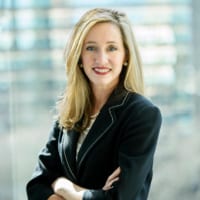
Kari B. Love brings over twenty-nine years of experience in nonprofit management, marketing fundraising and event planning to her position as the Chief Executive Officer of The Atlanta Women’s Foundation.
A native of Atlanta, Kari began her career at WYAY & WYAI -FM as Promotions/Public Relations Director and later moved to WFOX – FM as Promotions and Marketing Director. She then joined the Make-A-Wish Foundation of Georgia where she became Vice President of Development and served on the Sr. management team for 10 years. Kari continued her career in nonprofit management as the Vice-President of Development and Communications with The Atlanta Women’s Foundation. She has been The Atlanta Women’s Foundation’s Chief Executive Officer since June of 2017.
Kari is a graduate of the University of Georgia with a major in Communications and a minor in French. She is an alumna of Kappa Alpha Theta and a member of the Junior League of Atlanta Community Advisory Board. Kari was named one of the top 50 Non-Profit Leaders for 2017 by the Atlanta Business Chronicle; recognized as one of Atlanta’s Inspiring Women by the Atlanta Dream and is a member of Live Safe Resources’ Academy of Women Leaders.
Kari and her husband, Robbie, are the parents of two children, Robert (age 13) and Anna Grace (age 10); they reside in East Cobb. She is a member of the Lutheran Church of the Redeemer in Atlanta, where she served on the Congregation Council and was a liaison to the church’s Children and Family Ministry Board.
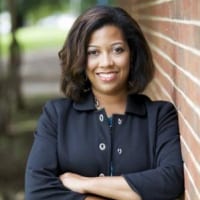
Jemea Dorsey currently serves as the Chief Executive Officer for the Center for Black Women’s Wellness, a community-based, nonprofit organization committed to improving the health and wellbeing of underserved Black women and their families in Atlanta, GA. Her journey began at CBWW over 20 years ago, where she served as the Program Manager for its teen pregnancy prevention program, and then as the Program Manager for Atlanta Healthy Start, its maternal and child health program. Jemea’s passion for health goes far beyond her commitment to the women and families served by CBWW. She is also dedicated to local and national efforts to address maternal health and health equity and serves on the Georgia Perinatal Quality Collaborative Advisory Committee; the Roadmap to Health Equity Steering Committee; the Georgia Charitable Care Network Advisory Board; and the Winship Cancer Institute Community Advisory Board. Jemea received her Master’s of Science in Urban Policy from Milano, the New School for Management and Urban Policy; and her Bachelor of Arts in Psychology from Wesleyan University in Connecticut.
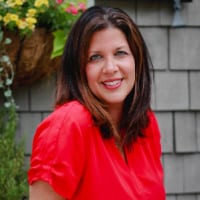
Jordana Crow is the Director of Strategic Alliances & Community Affairs at Spend Management Experts. Jordana Crow brings more than 20 years of marketing experience to SME where she is responsible for managing the company’s philanthropic endeavors, local business outreach, conference and event participation and working on strategic marketing initiatives. Previously, Jordana spent nearly a decade with the Cartoon Network in the Strategic Marketing and Partnerships group. In her role, she led a team responsible for more than 60 on-air, online and on package promotions annually working with such major kids brands as Lego, Nintendo and Warner Bros. She held account management posts at Career Sports and Entertainment and began her career in sports and entertainment marketing successfully registering more than 10,000 athletes and 5,000 team officials at the 1996 Olympics held in Atlanta. Crow is heavily involved in philanthropic endeavors outside of SME, including participation in the Atlanta Women’s Foundation 2020 Inspire Atlanta Leadership class. Crow holds a BA in Sociology from Emory University.
